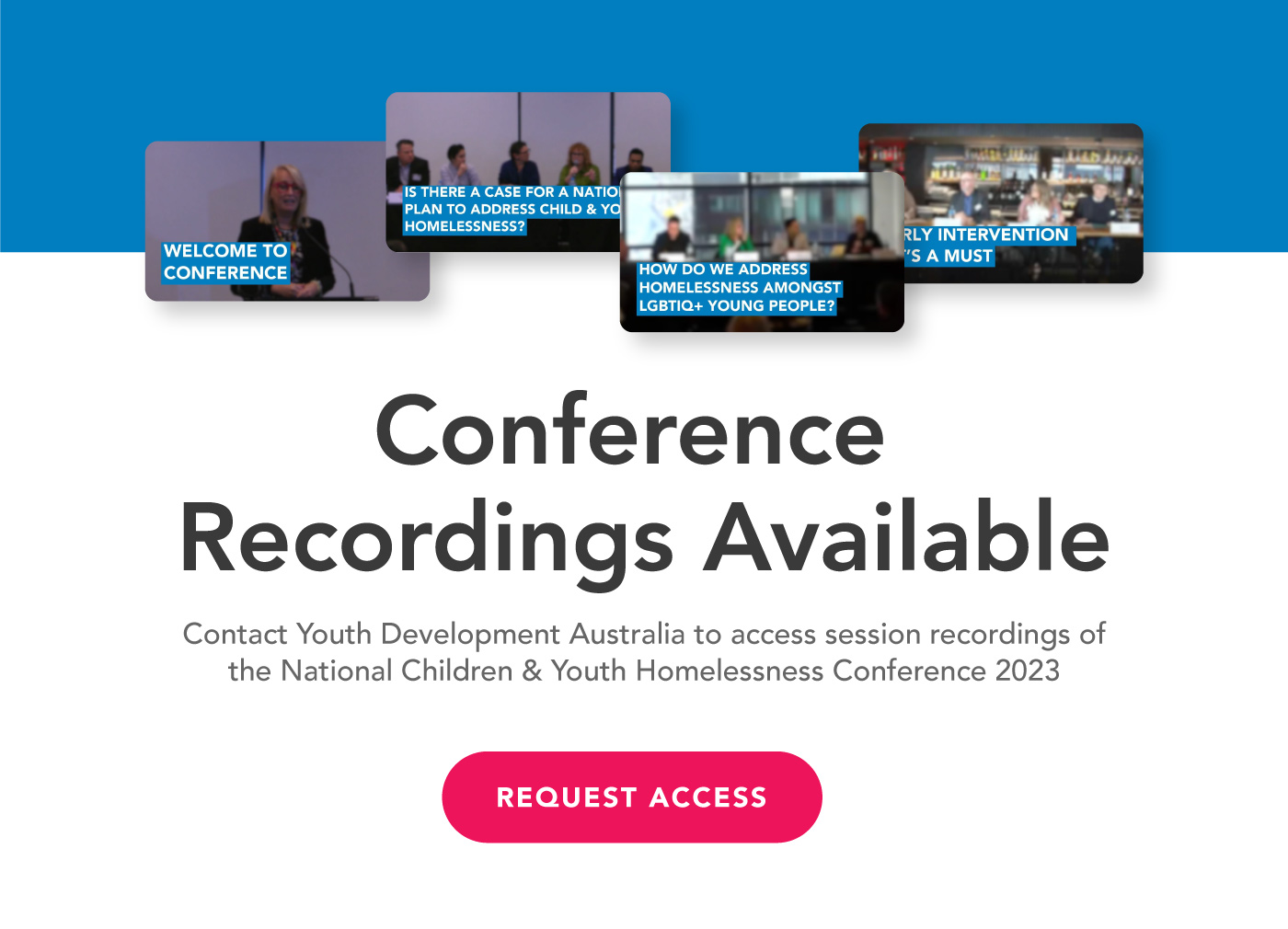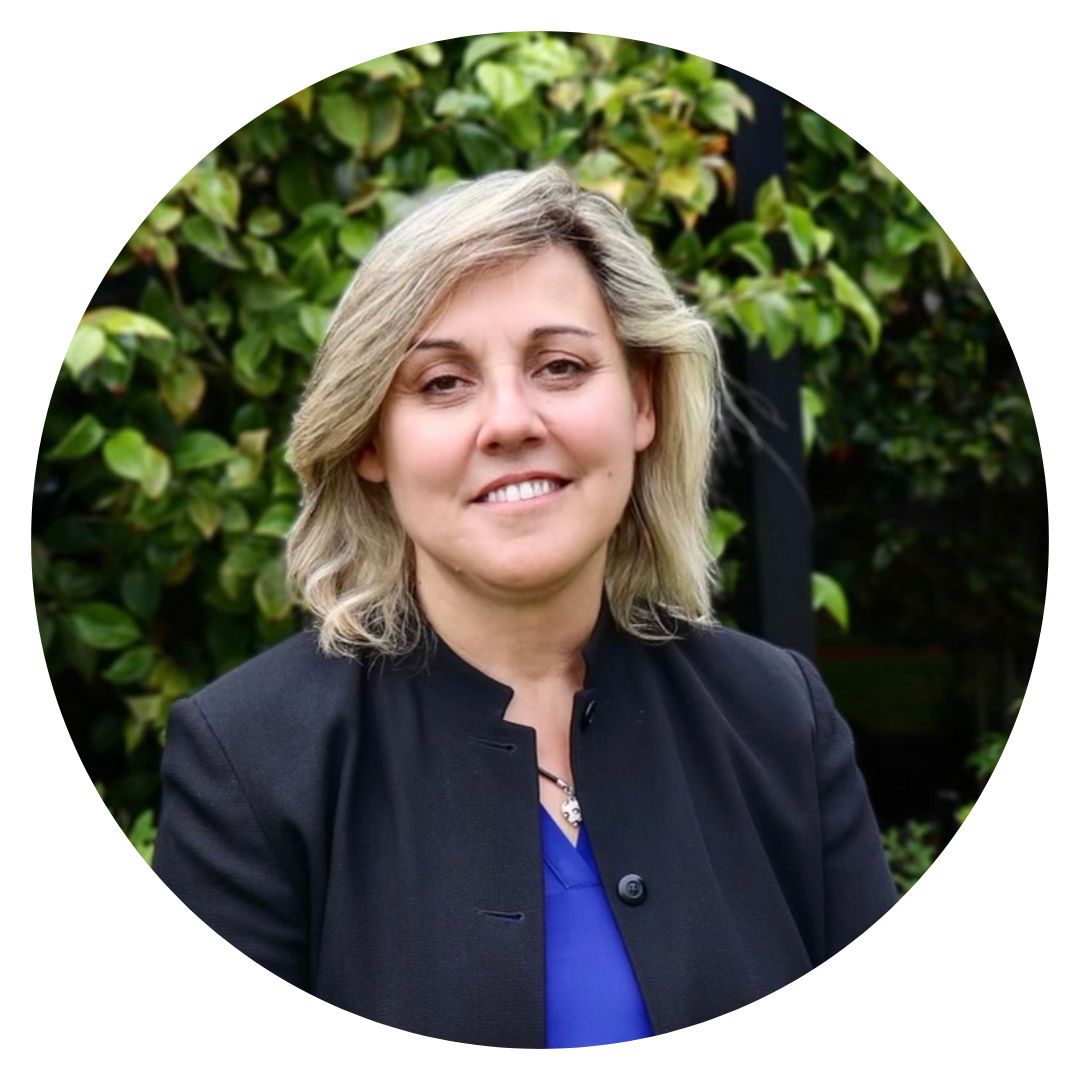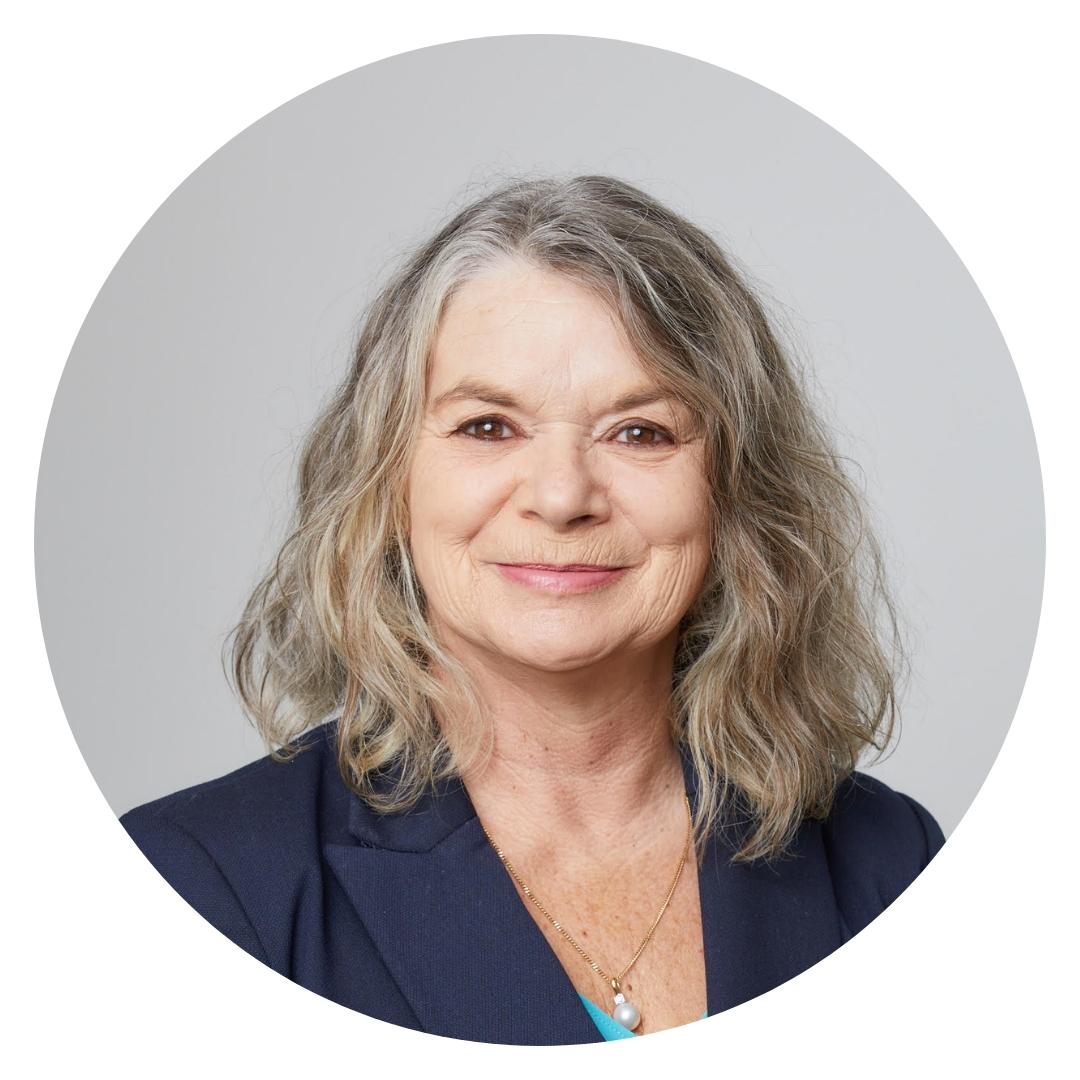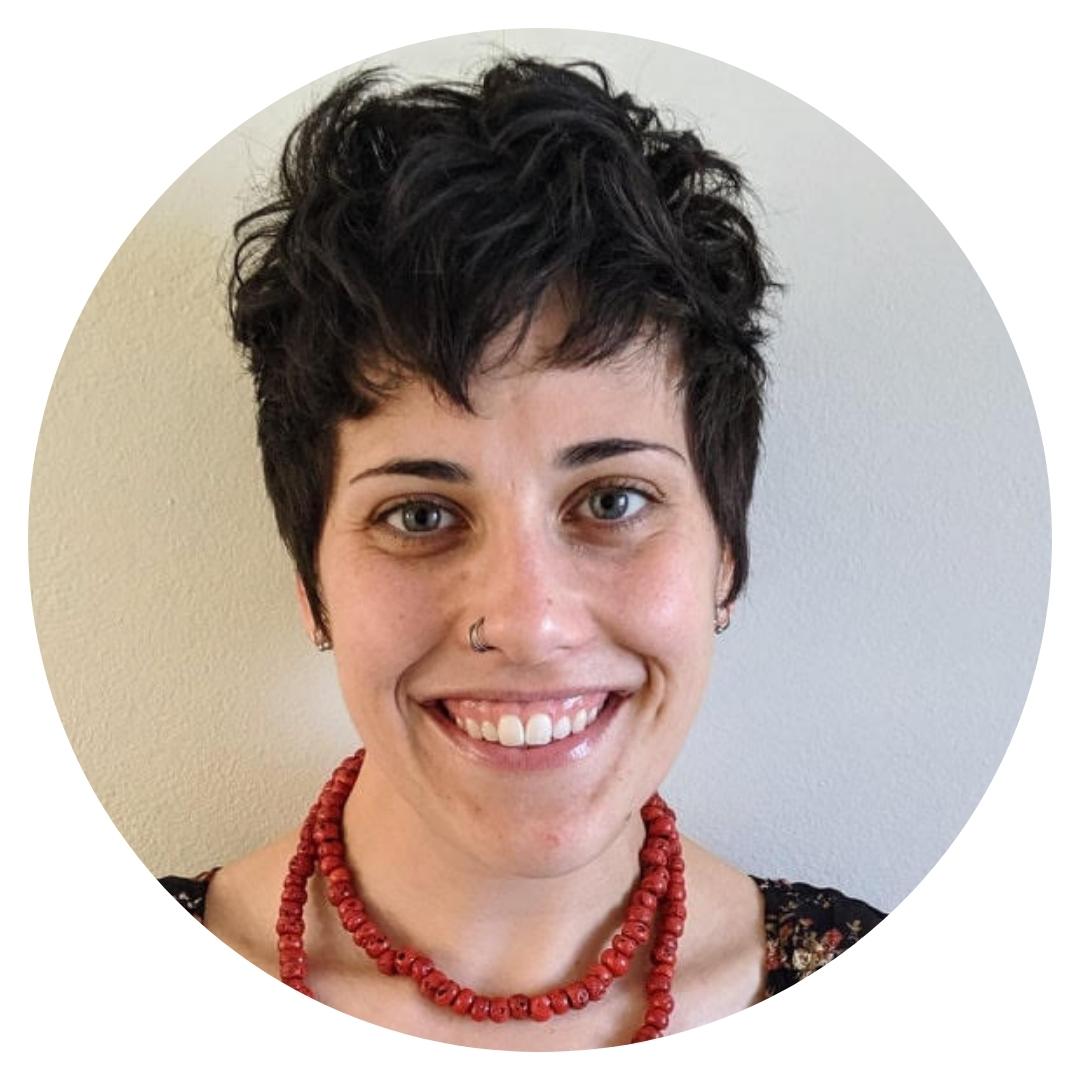Day 1 — Mon 24th July
PLENARY
9:00–9:20 am
Conference opening
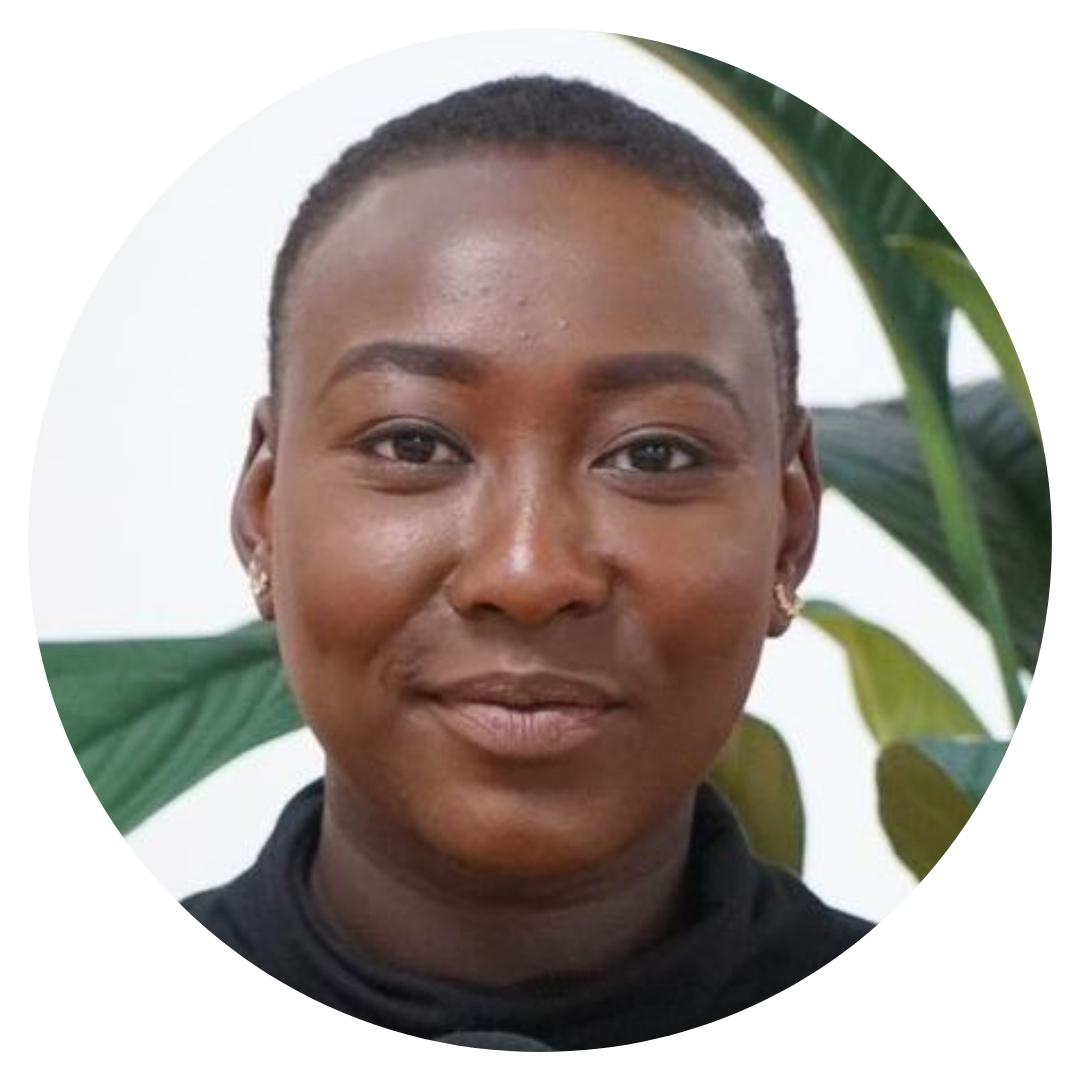
Adongwot ‘AD’ Manyoul
South Sudanese Youth Advocate, Community Development Professional and (Bi-Cultural Consultant)
Welcome to Country

















Perry Wandin
Wurundjeri Elder
National anthem in language


Breanna Lee
Singer
9:20–9:35 am
Uluru Statement – Voice, Truth and Treaty
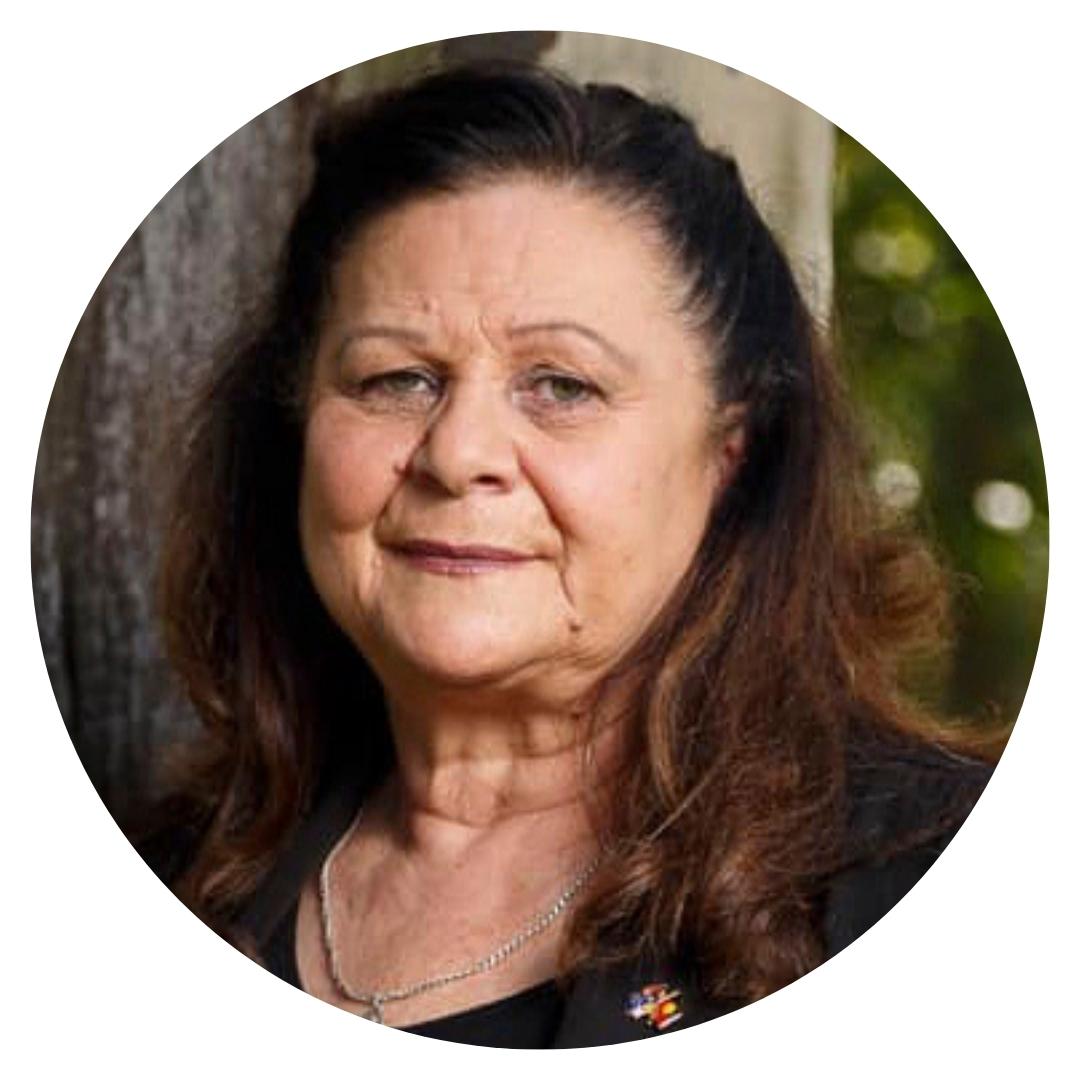

Aunty Jill Gallagher AO
CEO Victorian Aboriginal Community Controlled Health Organisation
9:35–9:45 am
Welcome to Conference

















The Hon Sally Capp AO
Lord Mayor of the City of Melbourne
9:45–10:20 am
Framing the Conference




Prof. Brian Burdekin AO
Former Federal Human Rights Commissioner
10:20–10:30 am
Keynote
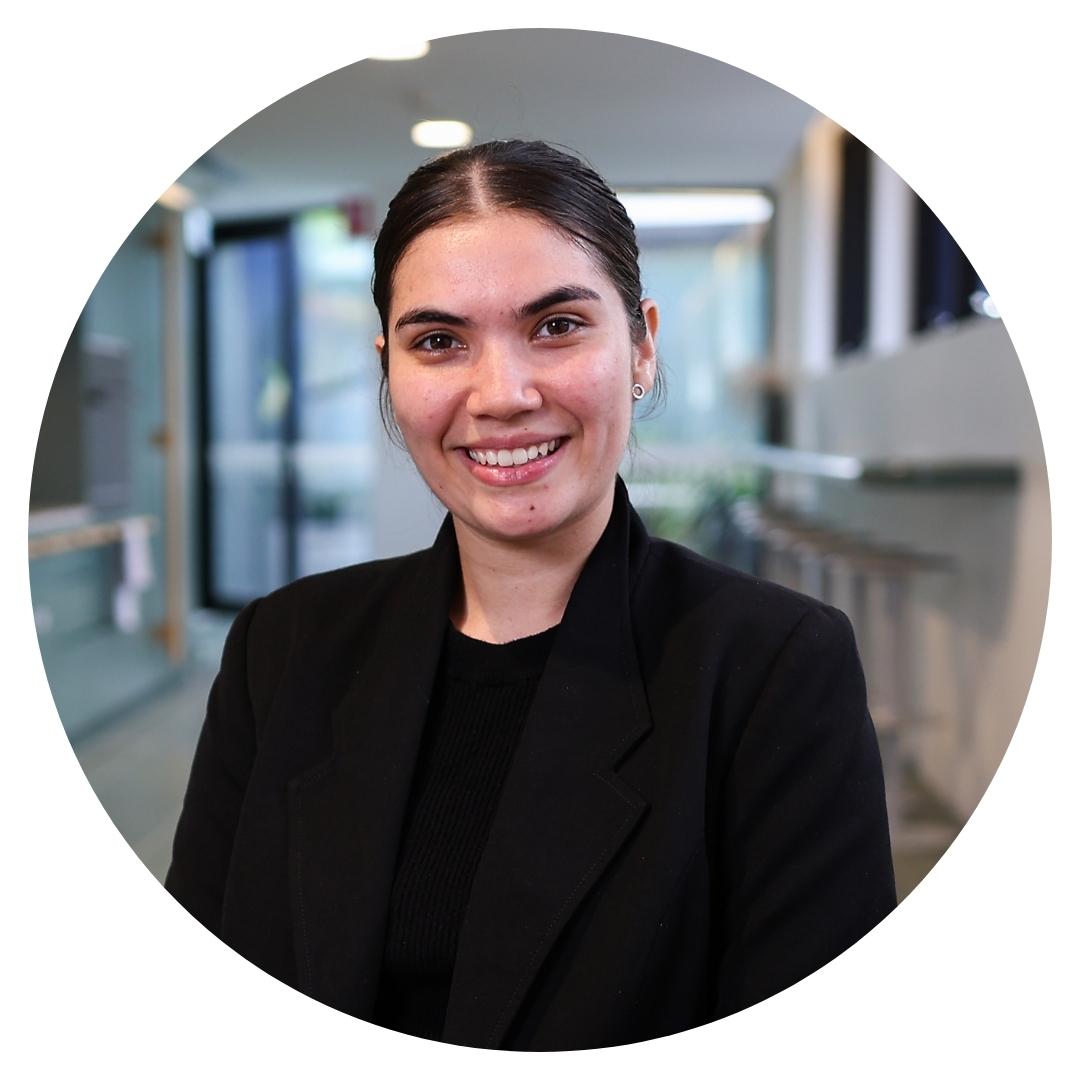


Tyrah Chan-Hampton
Youth Ambassador
The Foyer Foundation



David Saint
Lived Experience Advocate for Homelessness
and Mental Health
Foyer Foundation Ambassador
10:30–10:40 am
Keynote
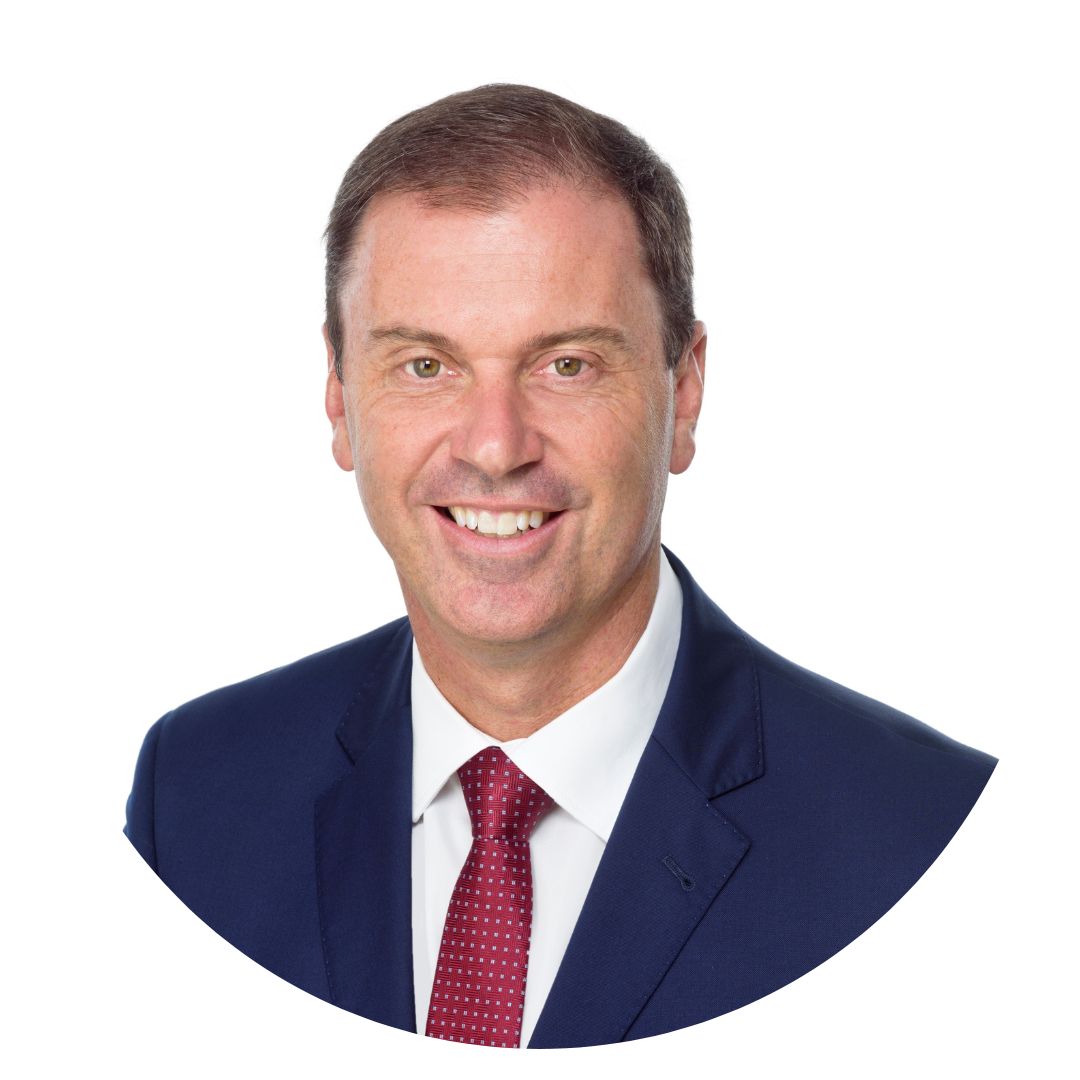

The Hon Colin Brooks MP
Victorian Minister for Housing
10:40–11:15 am
Morning Tea
PLENARY
11:15–12:15 pm
Is there a case for a national plan to address child and youth homelessness?
Our homelessness service system is primarily set up for adults when nearly 40% of the homeless population are under the age of 24 years.
This session will explore whether we need a carved-out national plan to meet the needs of children and young people.
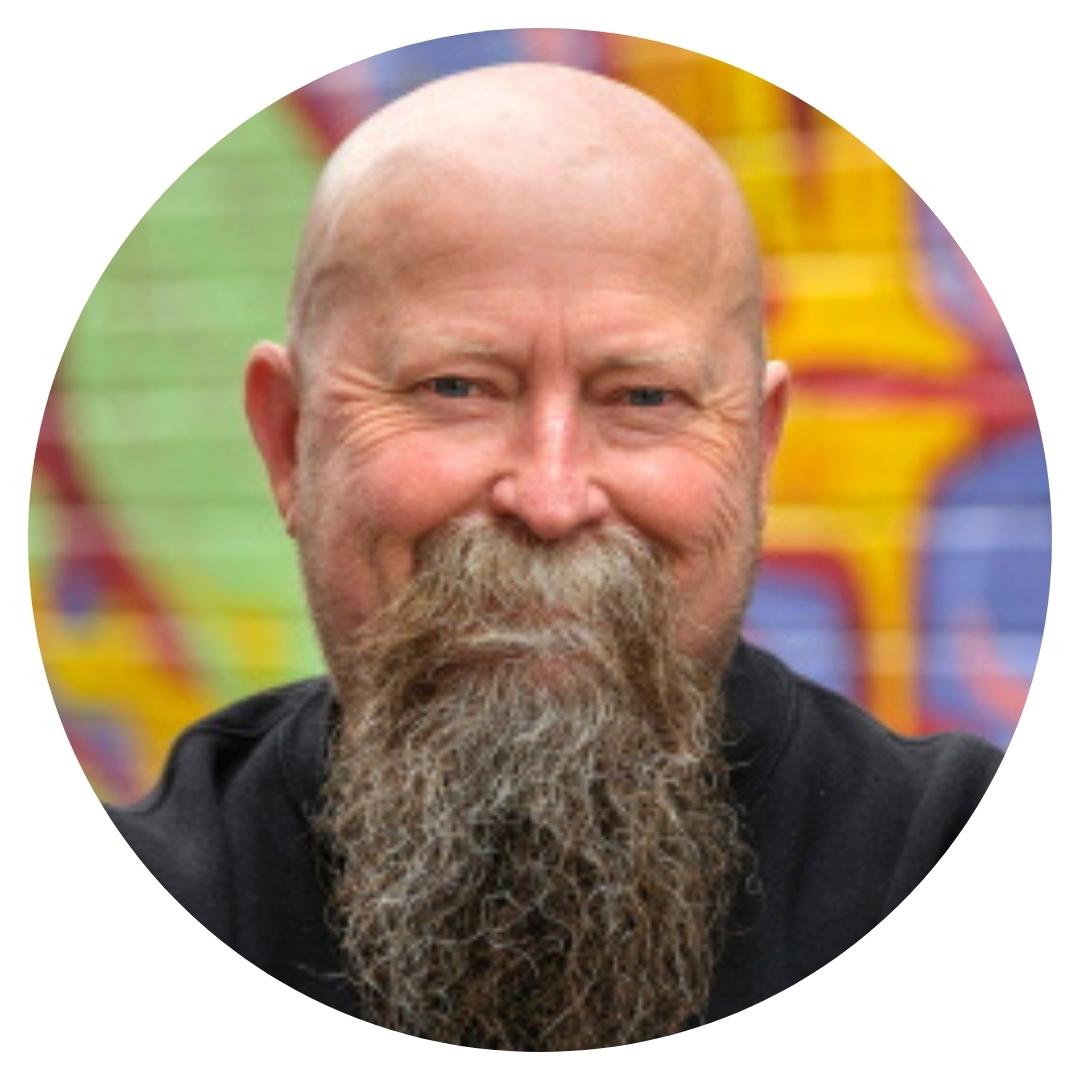





MC - Keith Waters
CEO Youth Development Australia and the National Youth Commission




Elvis Martin
Youth, Diversity and Inclusion Advocate
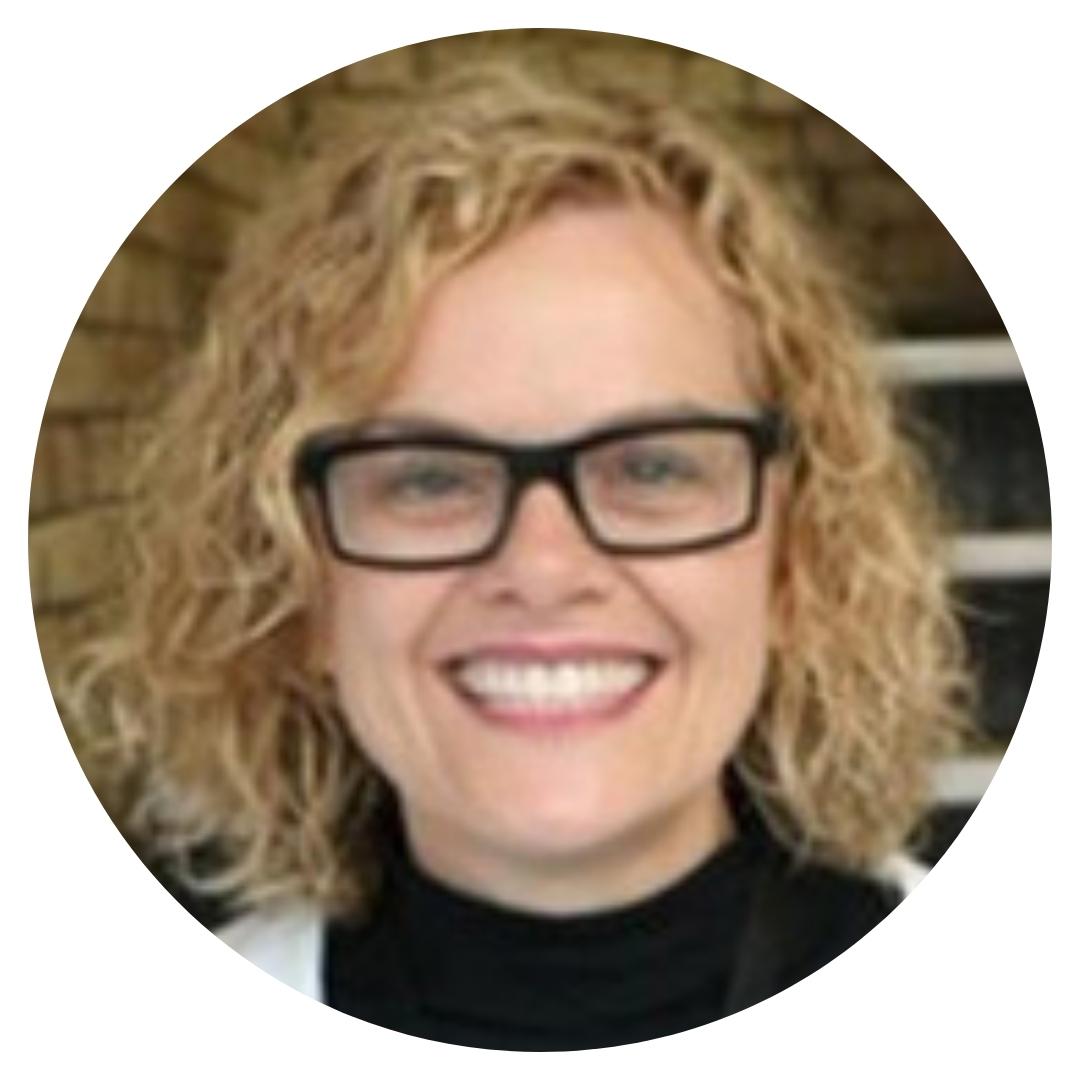





Trish Connolly
CEO Yfoundations
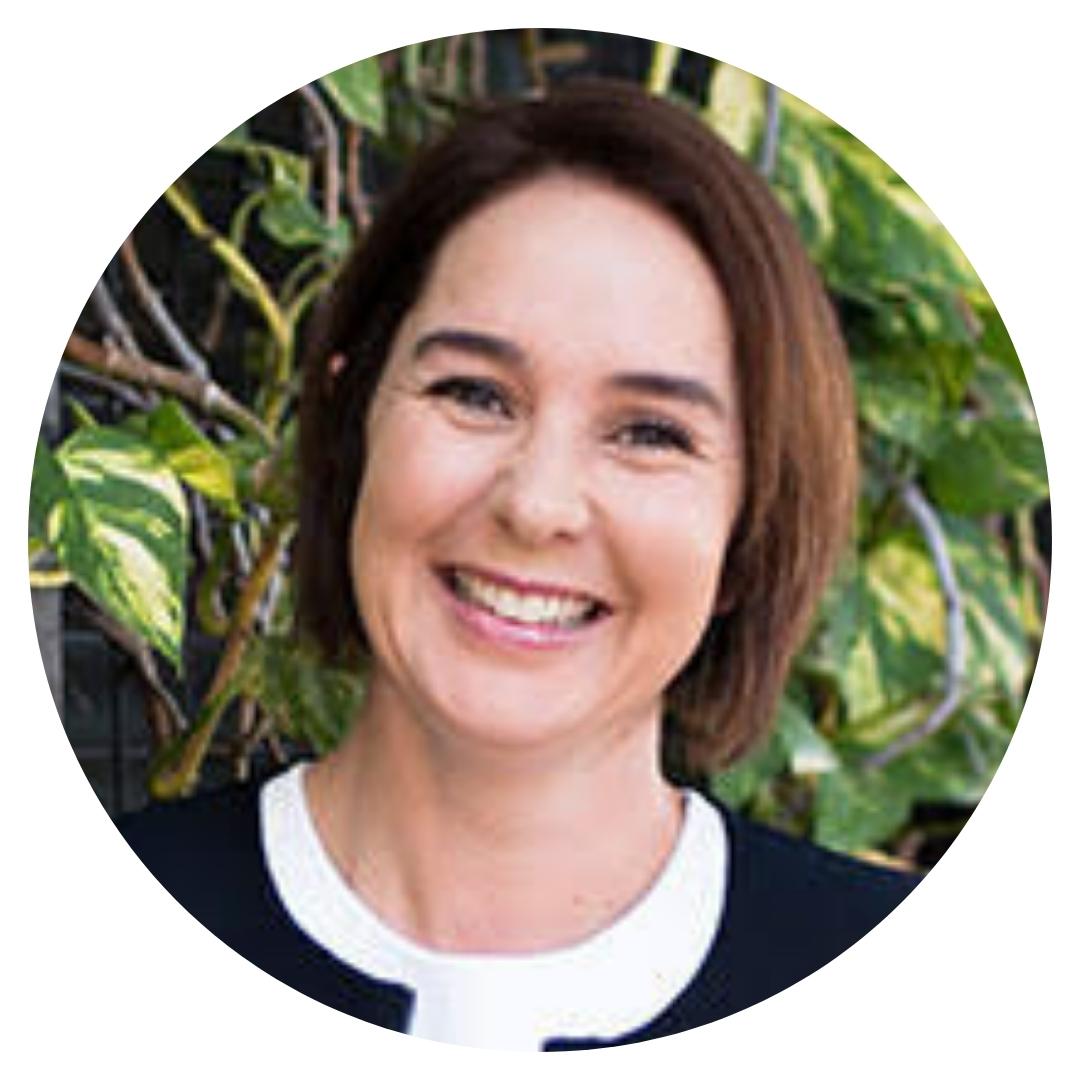

Zoë Robinson
Advocate for Children and Young People


Prof. Paul Flatau
Director of the Centre for Social Impact UWA
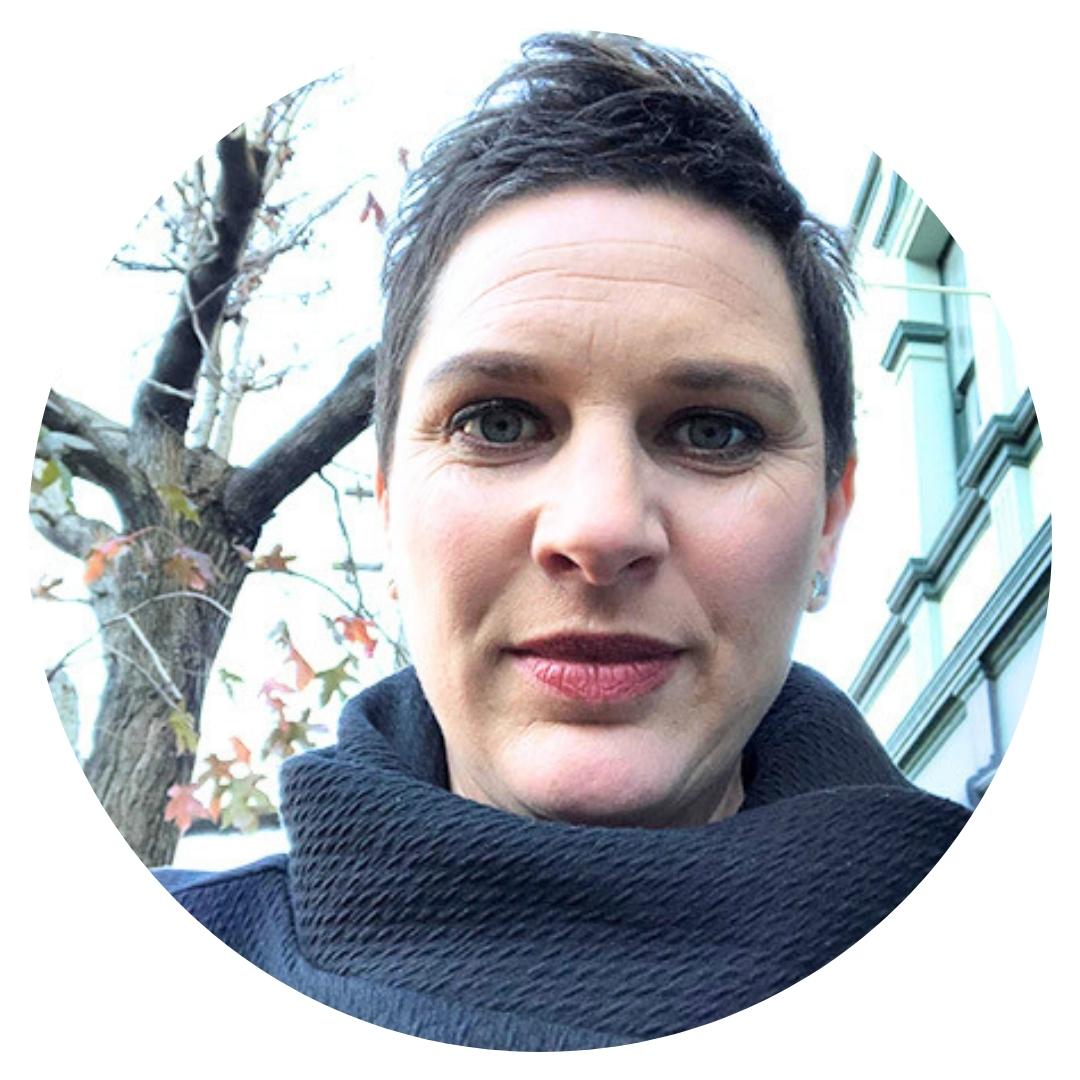





A/Prof. Catherine Robinson
Associate Professor University of Tasmania
12:15–1:30 pm
Lunch
PLENARY
1:30–2:20 pm
If housing is a Human Right how should we be prosecuting the case for children and young people?
In December 1990 Australia ratified the Convention on the Rights of the Child. That Convention is a Treaty – one which is binding on Australia as a matter of International law.
The Australian government and all government officials are obliged to respect the rights of all children as set out in this Treaty, including:
- The right to adequate housing
- The right to special protection and
- The right to protection from abuse and exploitation.
This session will explore whether child and youth homelessness needs to be explored in this paradigm and analysed in this context.
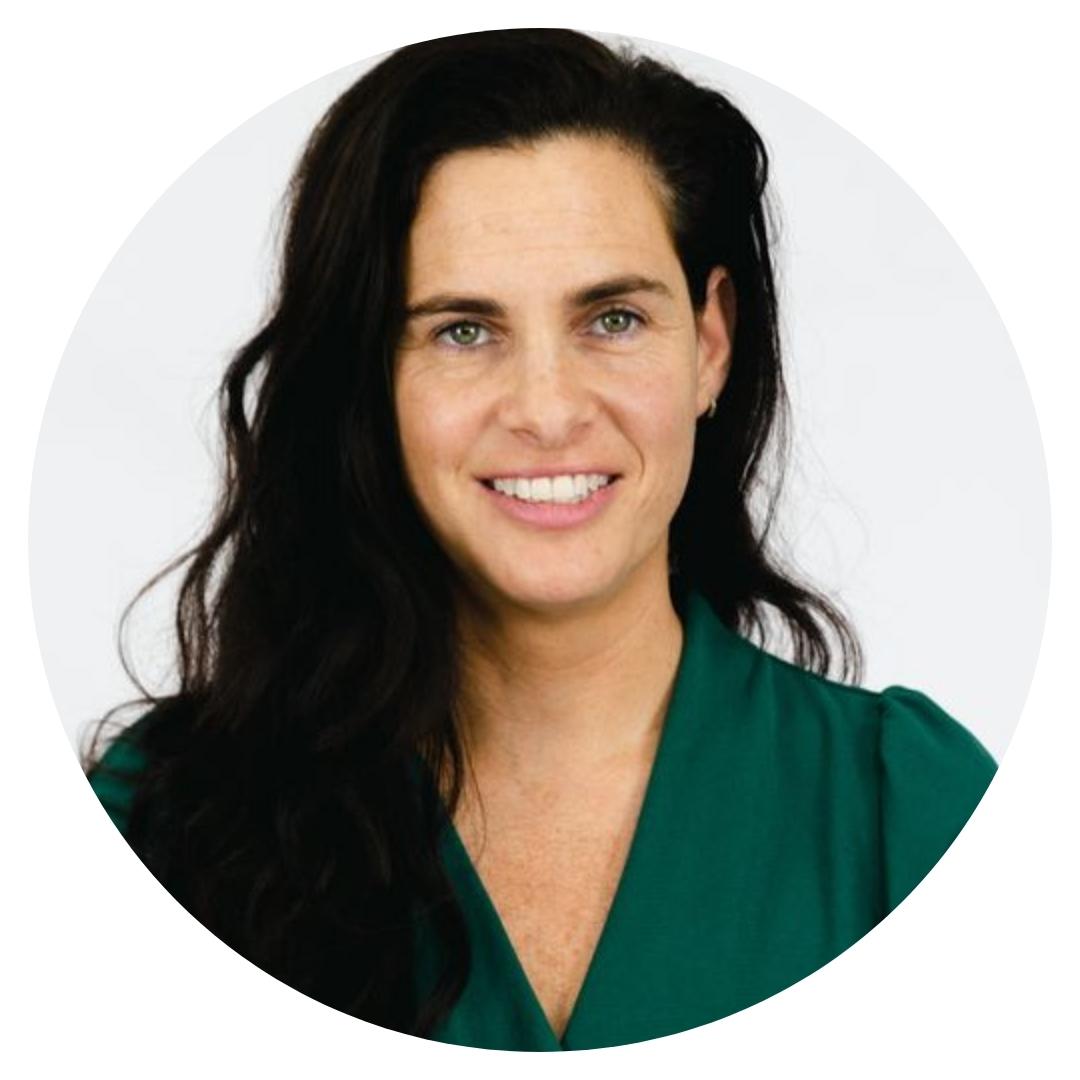



MC - Shorna Moore
Head of Policy, Advocacy and Government Relations | Melbourne City Mission


Luke Twyford
Principal Commissioner | Queensland Family and Child Commission


The Hon Josh Burns MP
Chair of the Parliamentary Human Rights Committe
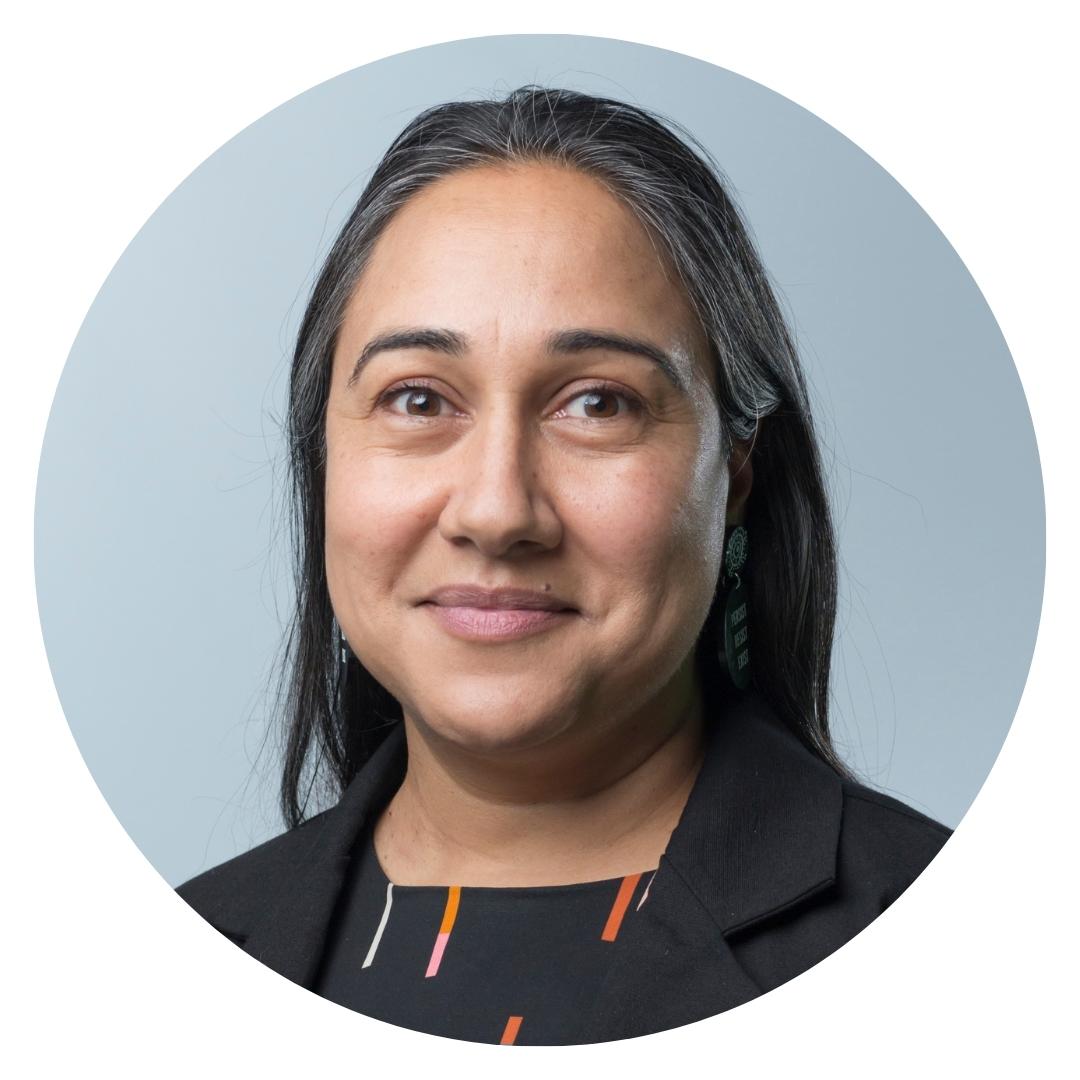


Meena Singh
Commissioner for Aboriginal Children and Young People in Victoria




Prof. Brian Burdekin AO
Former Federal Human Rights Commissioner
BREAKOUTS
2:30–3:30 pm
Re-imagining social housing for young people
Young people on their own are 16% of homeless clients but access only some 3% of social housing. There is a case for rethinking social housing as a transitional housing option for disadvantaged and vulnerable young people. This session will explore how could this reform be done?
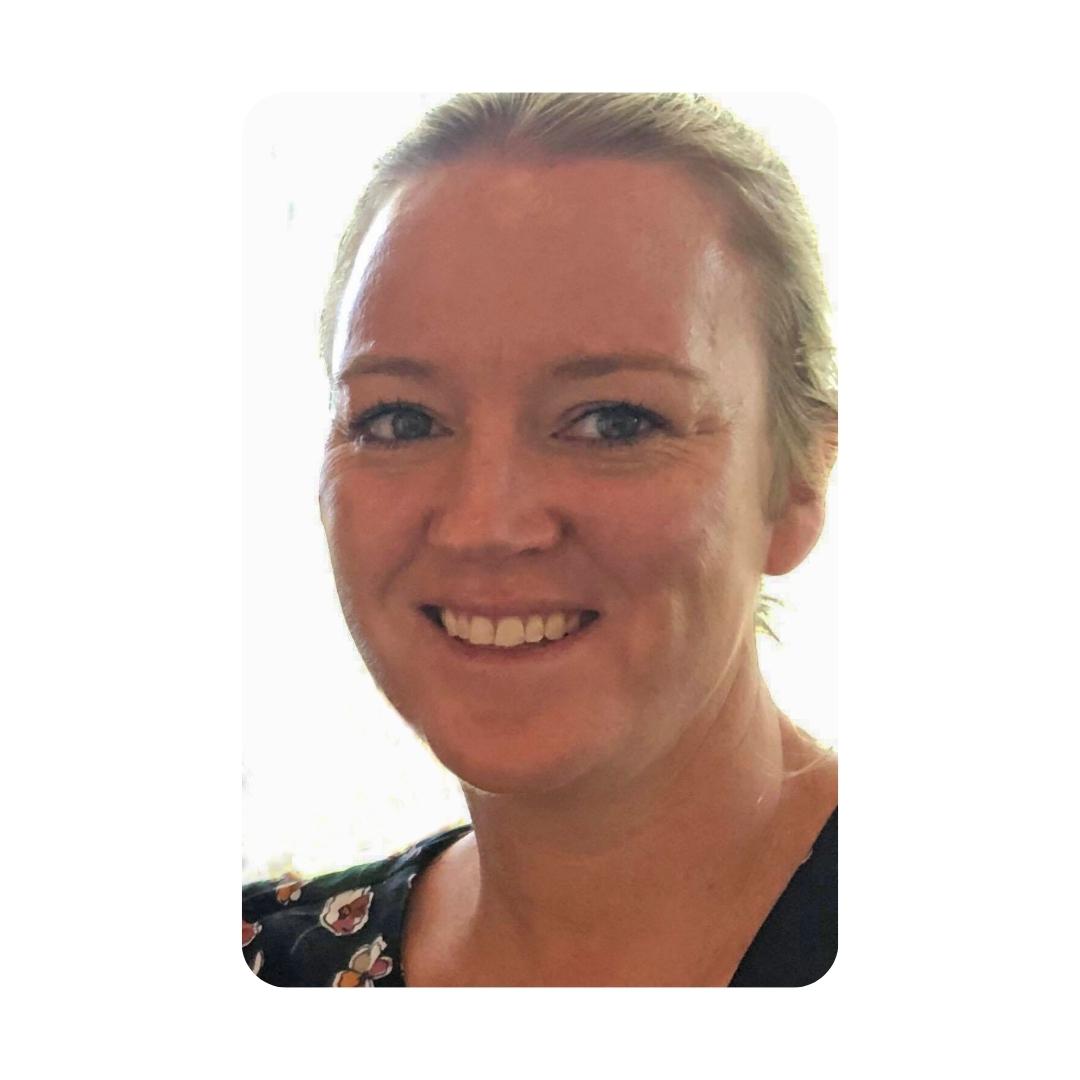


MC - Natalee O'Brien
National General Manager Youth Services | The Salvation Army





Stephen Nash
CEO Kids Under Cover


Alison Cole
Manager at Youth Housing Project (YHP), President at Homelessness Qld (formally Council to Homeless Persons QLD)
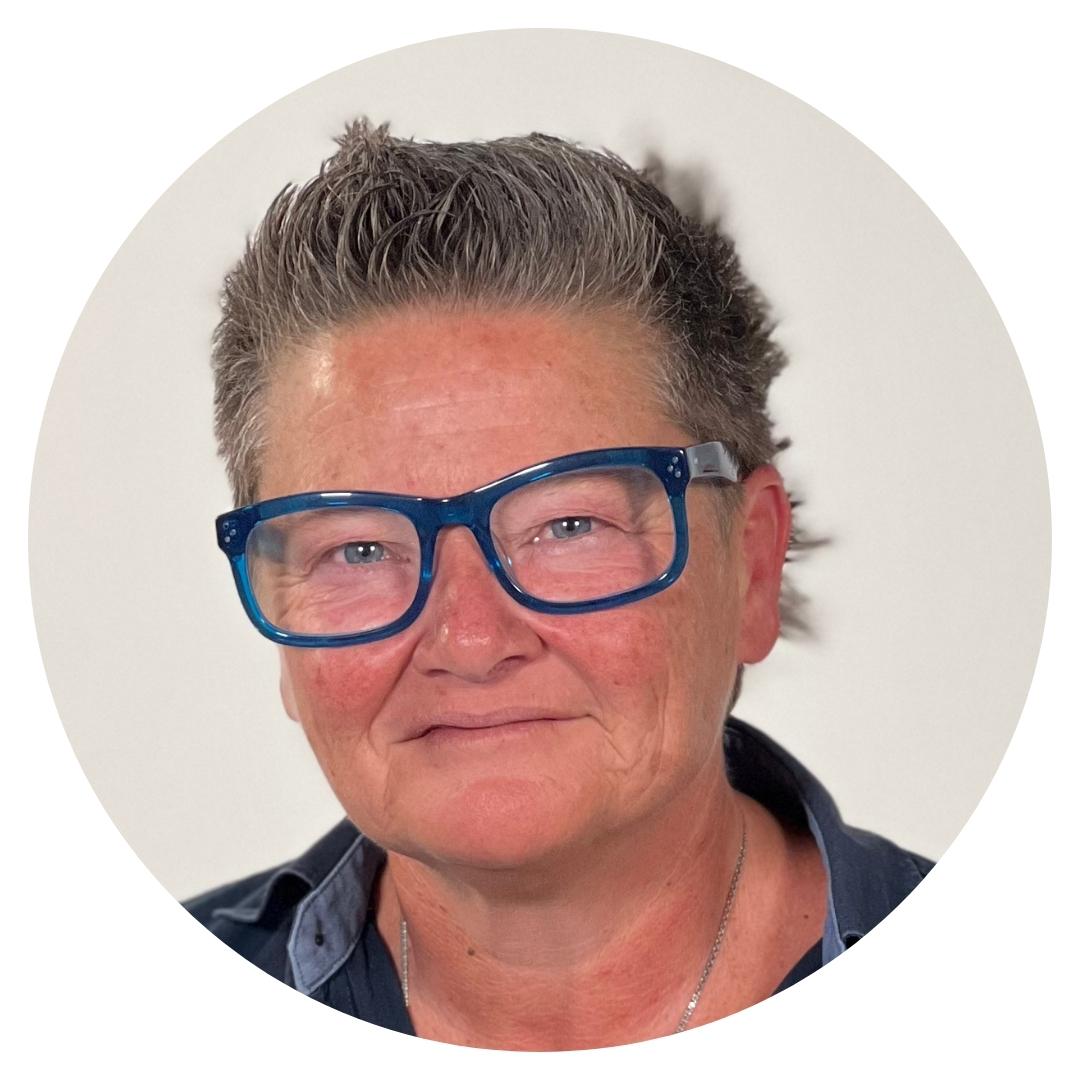


Rebecca Mullins
CEO My Foundations Youth Housing Ltd
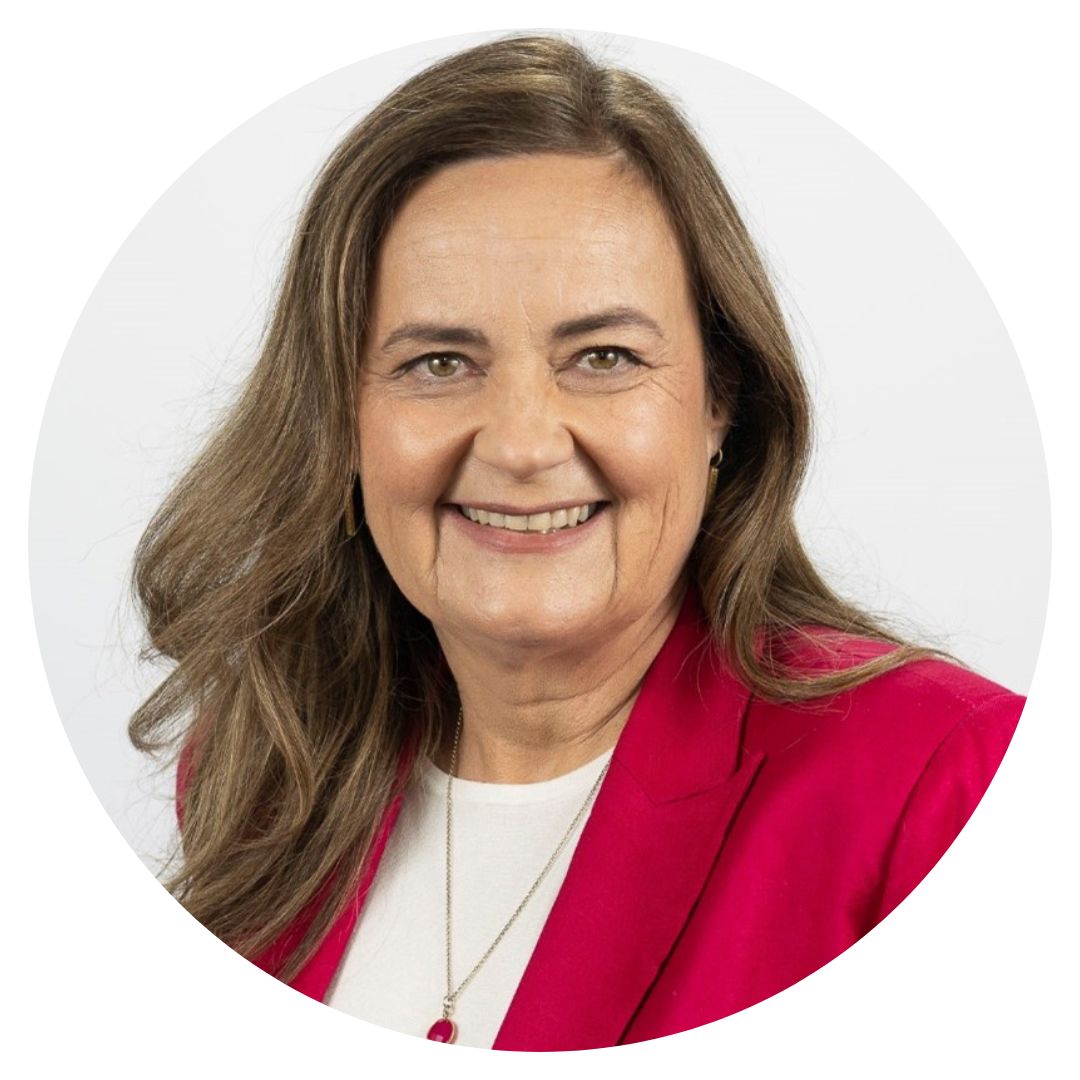

Vicki Sutton
CEO Melbourne City Mission (MCM)

















Ari Kallistos
Young person with lived experience
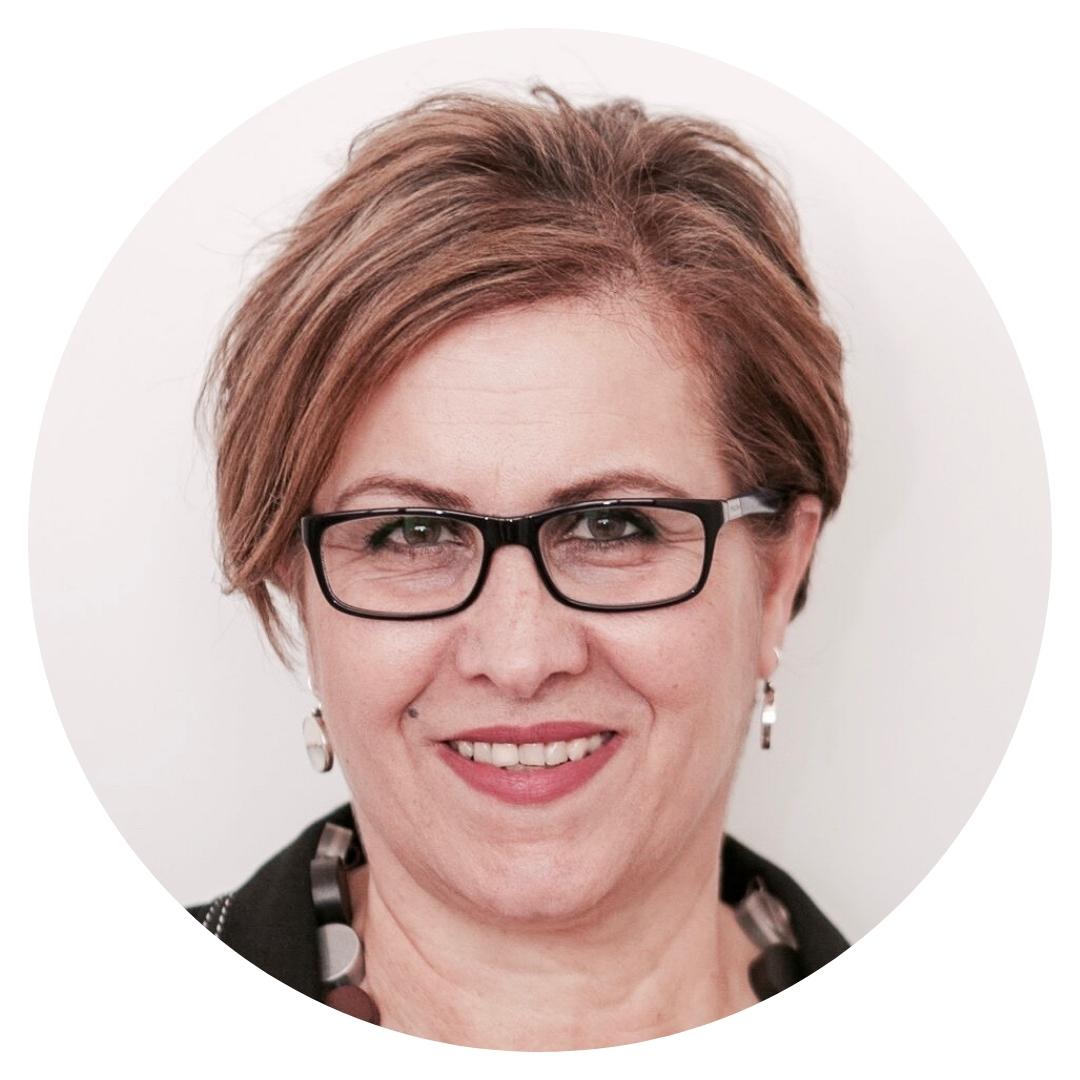

Nada Nasser
Mission Australia State Director NSW, ACT and Victoria
BREAKOUTS
2:30–3:30 pm
Innovative models to address youth homelessness
Across Australia there are numerous innovative models operating to address child and youth homelessness. Often, they are under-resourced and unheralded. This session will seek to tease out what was the evidence for their genesis; what are the critical elements to their success and what outcomes they are achieving.






MC - A/Prof. Catherine Robinson
Associate Professor University of Tasmania


Jason Juretic
CEO Stepping Stone House
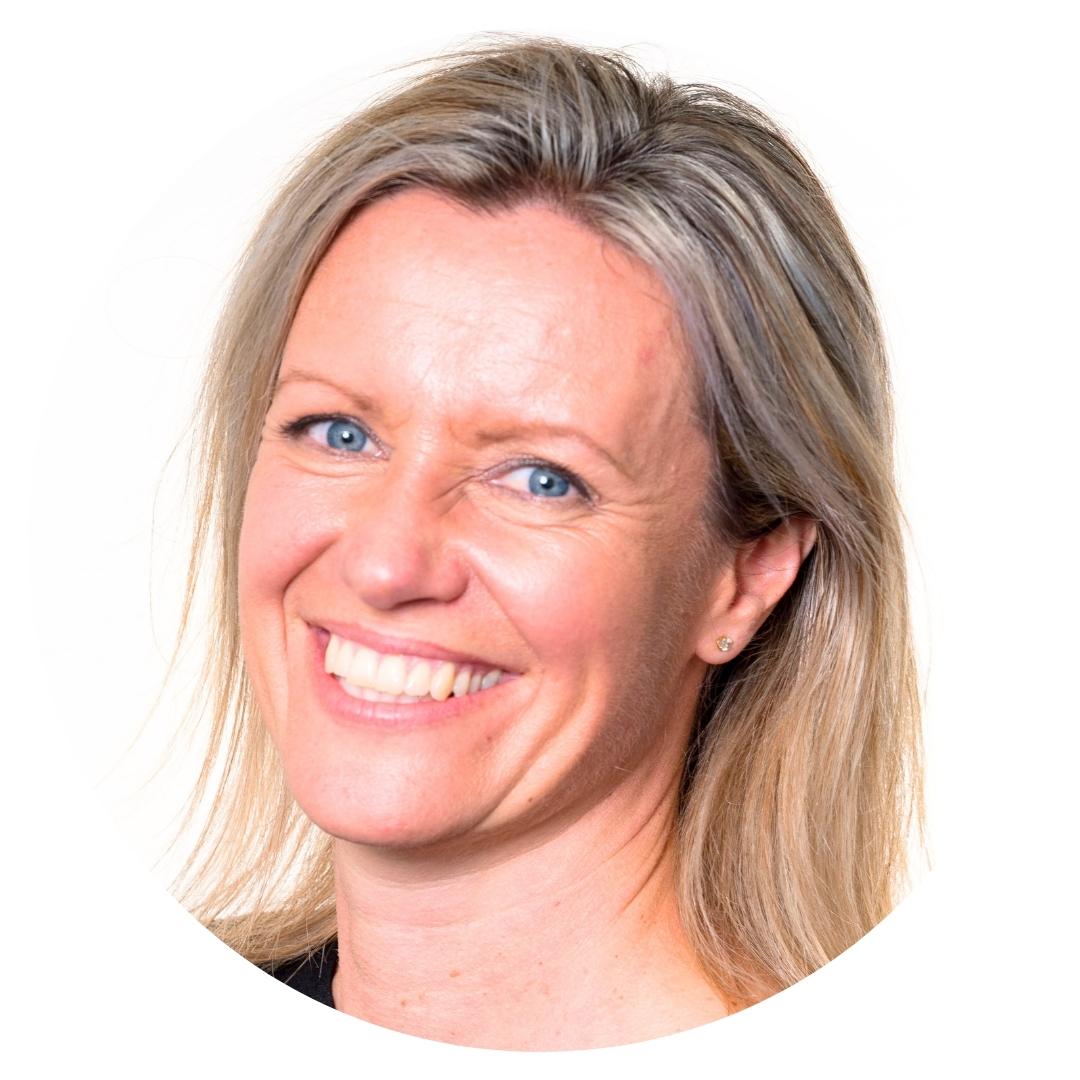


Dianne Underwood
CEO Colony 47
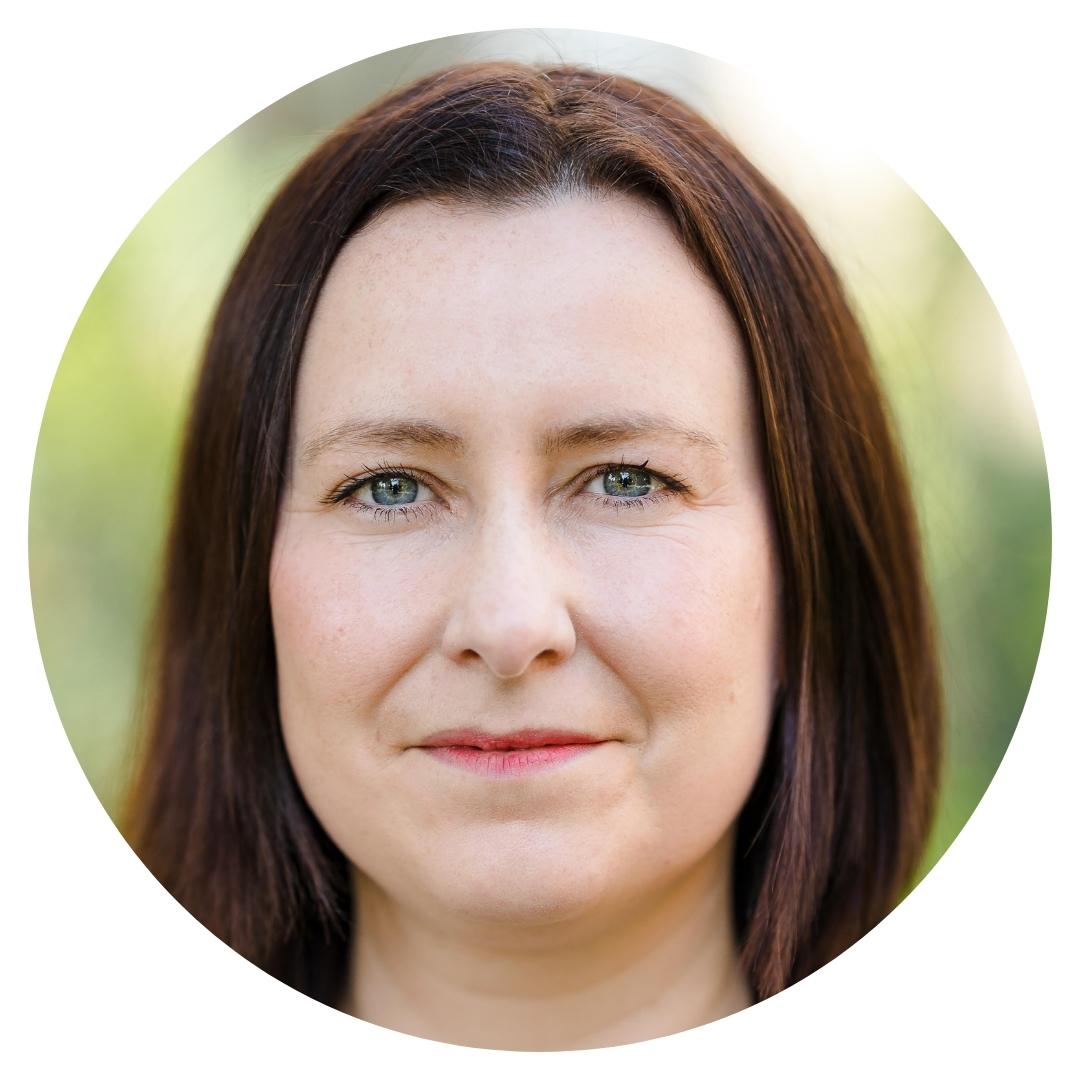

Carla Raynes
CEO Bridge It


Rob Ellis
The Salvation Army
Victorian Youth Services State Manager

















Zak Davidson
Interim Manager Youth Services | MELI
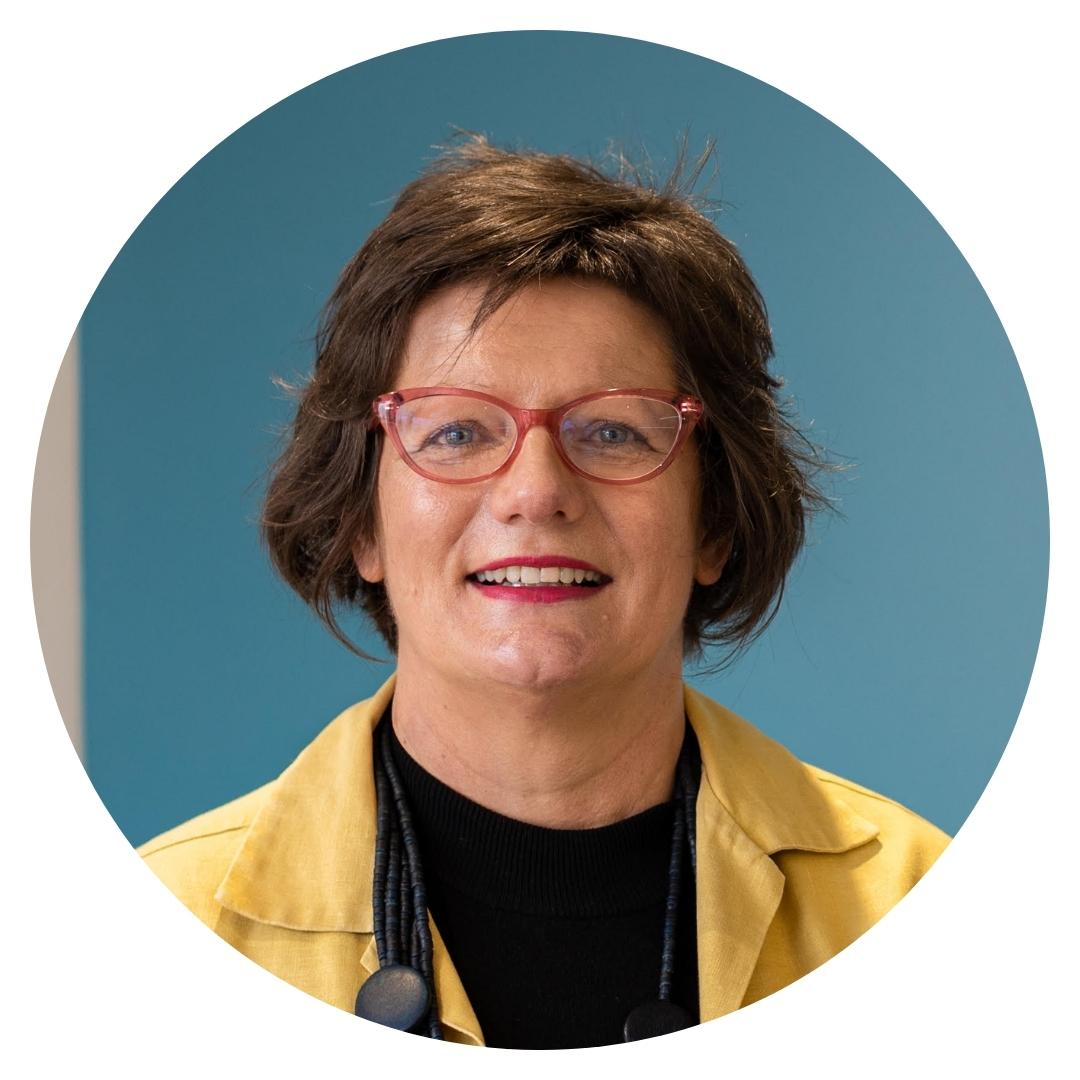

Donna Bennett
CEO Hope Street Youth and Family Services
BREAKOUTS
2:30–3:30 pm
The Foyer Model - it's place
As a form of supported accommodation linked strongly to education, training and employment pathways, Foyers in Australia have been developed as part of the homelessness response. This session will explore the outcomes achieved by Foyers and its relationship with the SHS. It will also explore what reforms and calibrations should be considered for the Foyer model of supported accommodation.






MC - Keith Waters
CEO Youth Development Australia and the National Youth Commission



Liz Cameron-Smith
CEO Foyer Foundation
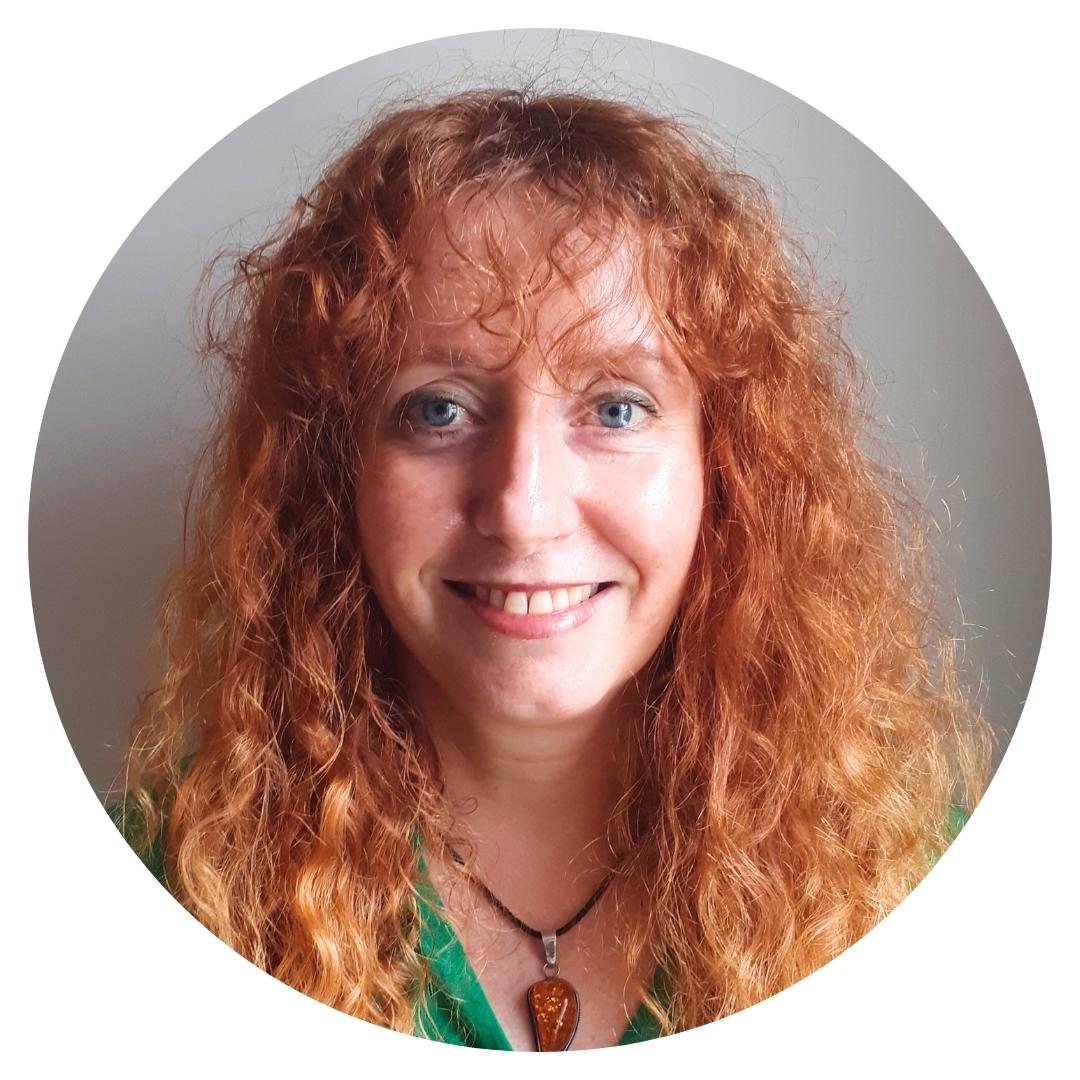

Leanne Nicholson


Dr. Tom McClean
Head of Research and Social Policy at Uniting NSW/ACT



Ash Cook
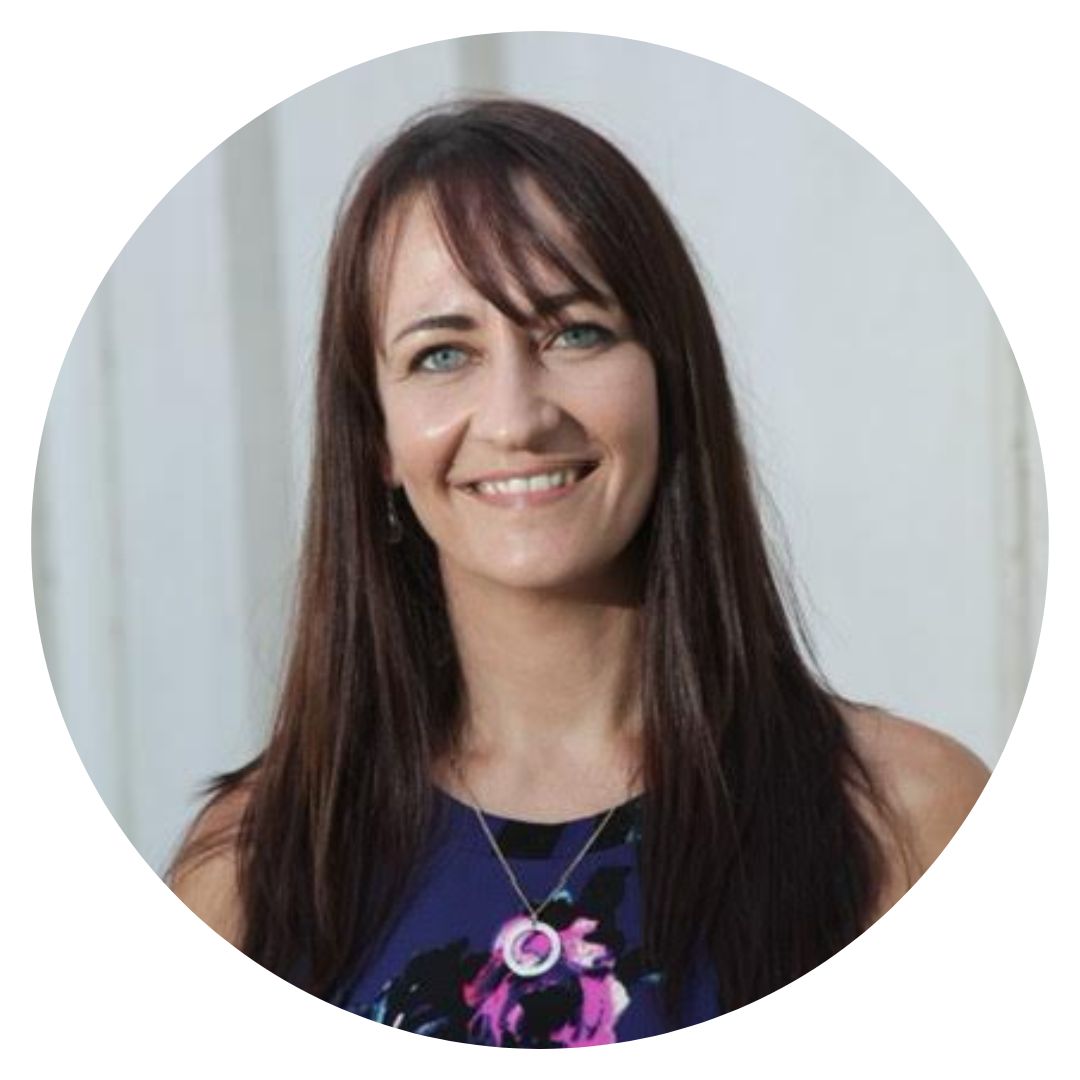

Anita McCurdy
Senior Manager, Shepparton Youth Foyer and Better Futures | Berry Street
BREAKOUTS
2:30–3:30 pm
What is the nature of the demand on our frontline services?
This session will delve into the dynamics and challenges faced by frontline services. Panellists will share their experiences and expertise in understanding the nuanced nature of the demand on their services, highlighting the evolving patterns, complexities and unique needs of homeless children and young people.






MC - Trish Connolly
CEO Yfoundations
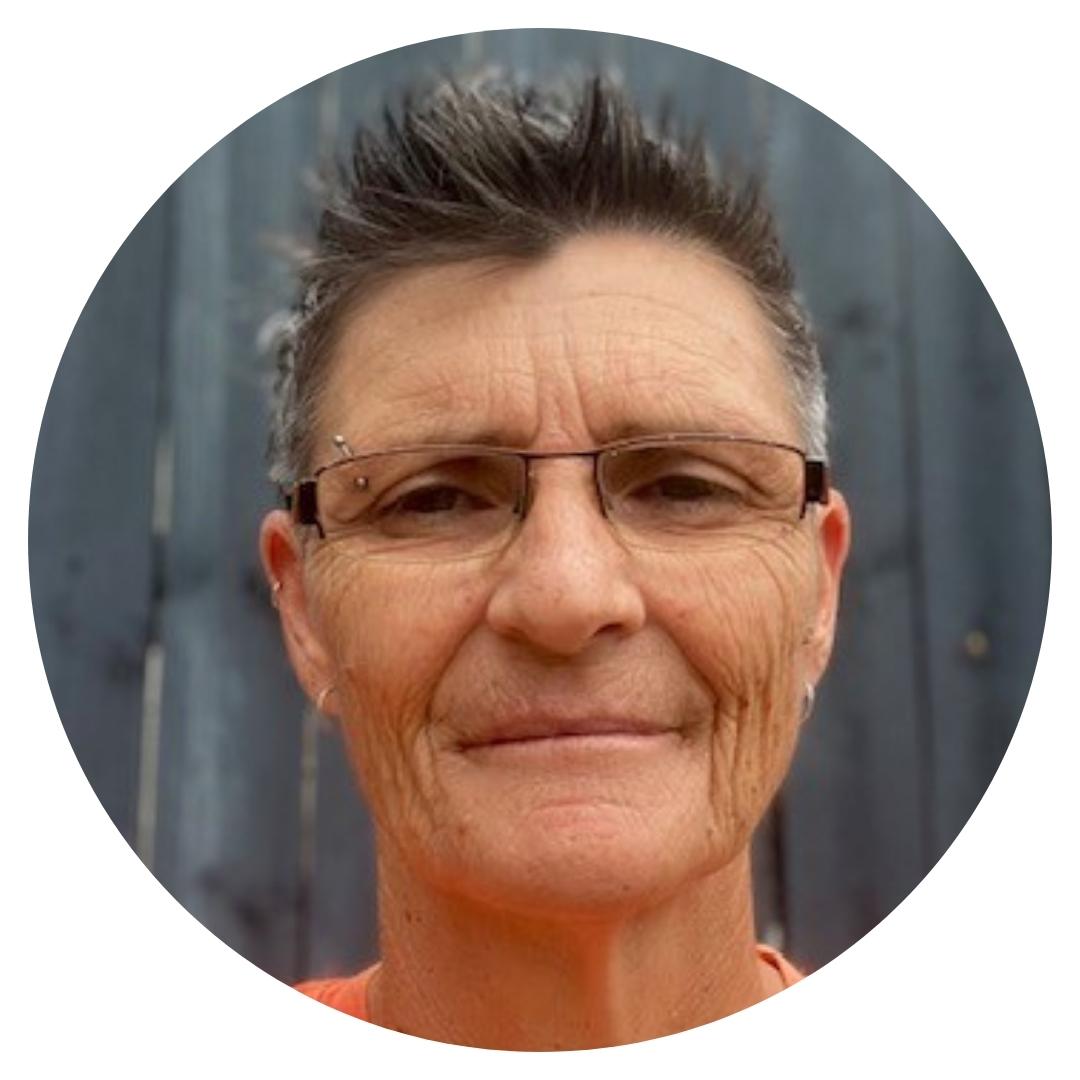

Michelle Ackerman
Director of Youth Support Services at Youth off the Streets
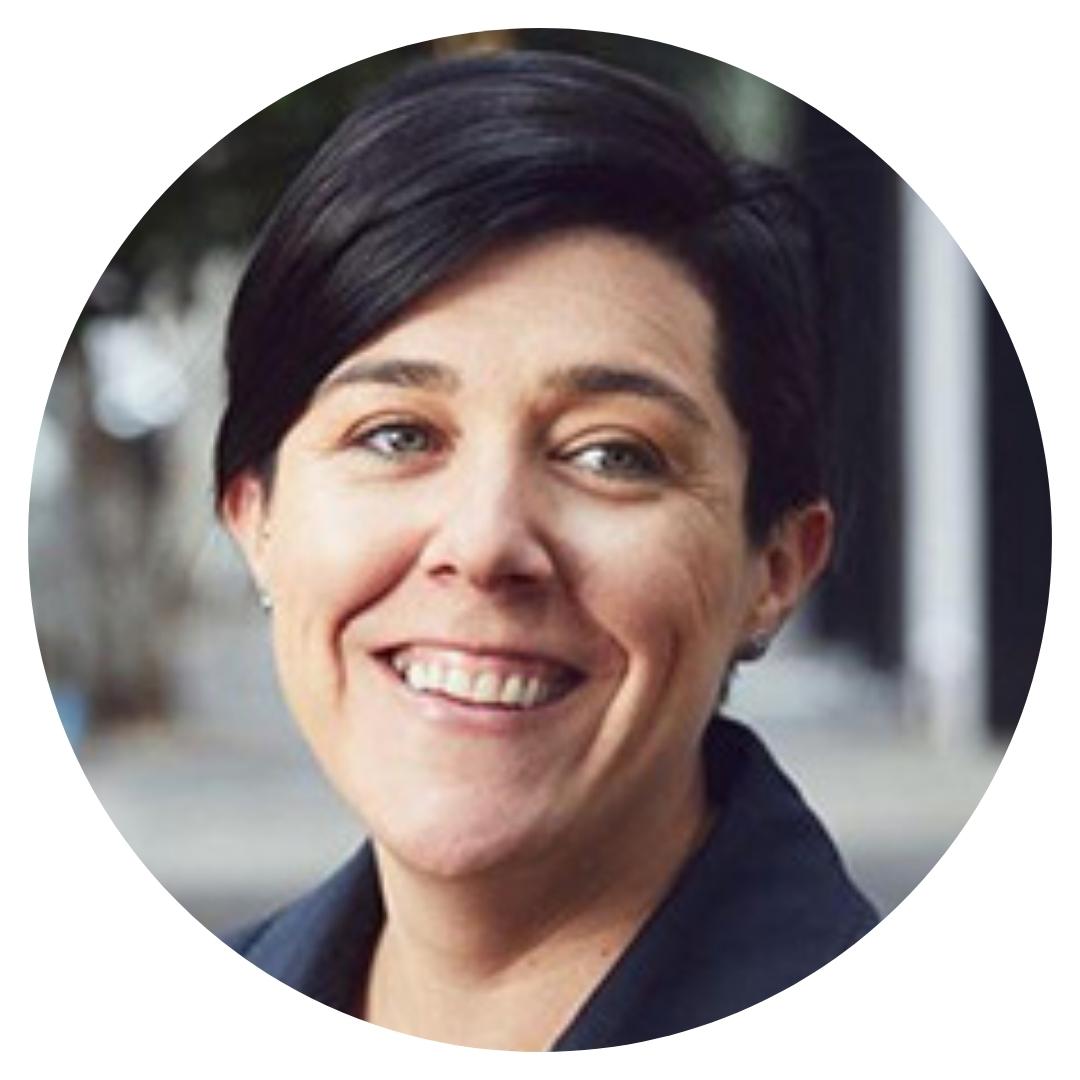



Pam Barker
CEO Brisbane Youth Service
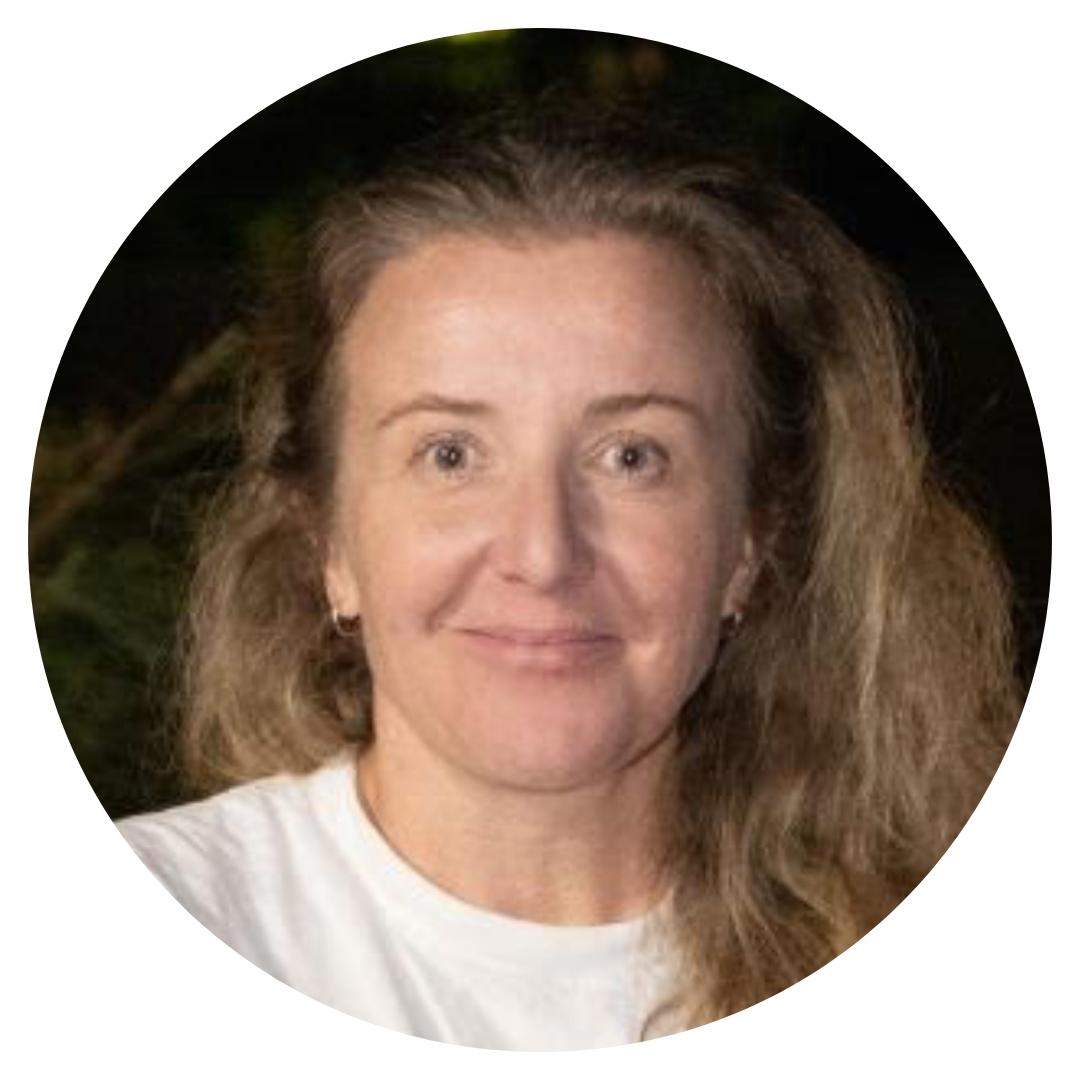

Justene Gordon
CEO Burdekin Association


Andrew Rich
The Salvation Army
Youth Services Oasis ACT


Sharon Gough
CEO Indigo Junction
BREAKOUTS
2:30–3:30 pm
The intersection of public health and mental health regarding children and youth homelessness.
This session will focus on the unique challenges face by homeless children and young people in maintaining their physical and mental well-being and highlight the importance of integrated approaches that address both health and wellbeing. It will explore the interconnection between health and wellbeing and homelessness amongst children and young people.
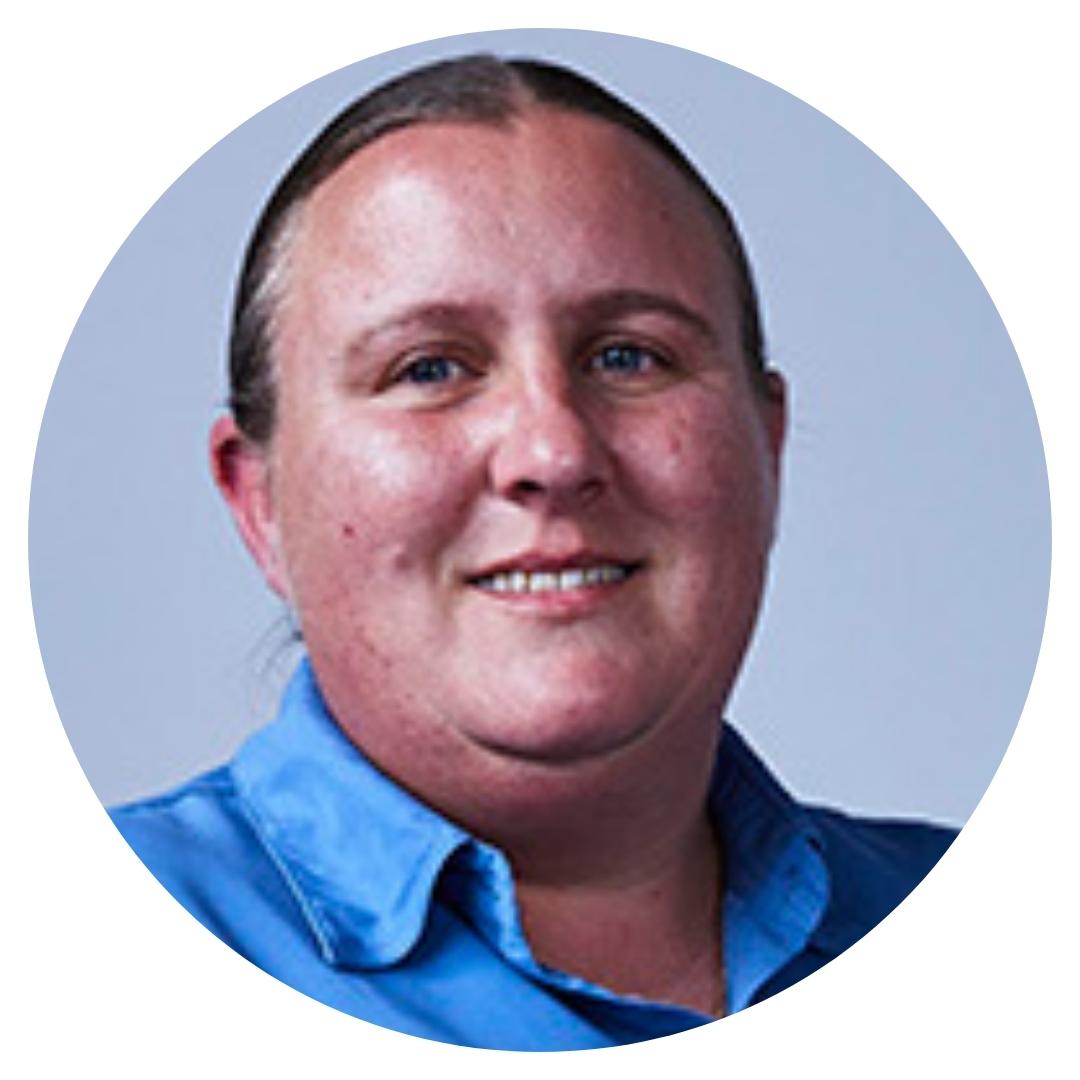

MC - A/Prof. Jess Heerde
University of Melbourne



David Saint
Lived Experience Advocate for Homelessness and Mental Health Foyer Foundation Ambassador

















Catherine Flanagan
Community Health RN | Bolton Clarke
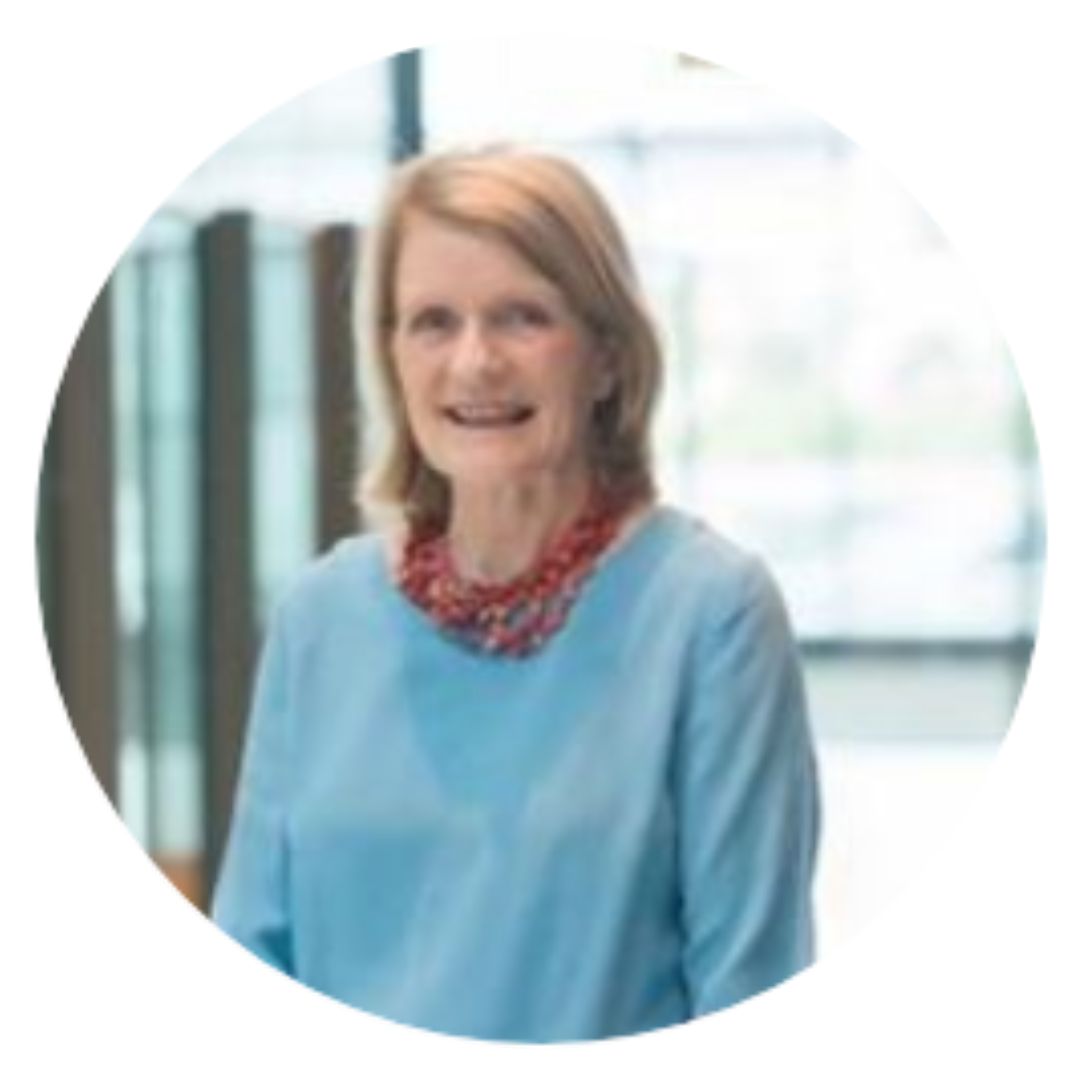

Dot Henning
Youth Health Nurse Practitioner – Royal Childrens Hospital


Belinda Tominc
Clinical Nurse Consultant at the Young People’s Health Service
3:30–4:00 pm
Afternoon Tea
PLENARY
4:00–5:00 pm
The role of the Trade Union movement in addressing child and youth homelessness
This session aims to highlight the significance of stable and affordable housing as foundational to addressing homelessness.
This session will delve into the challenges and barriers faced in expanding housing opportunities for children and young people and brainstorm actionable steps that can be taken to enhance housing options, increase affordability and strengthen support services.





MC - Stephen Nash
CEO Kids Under Cover
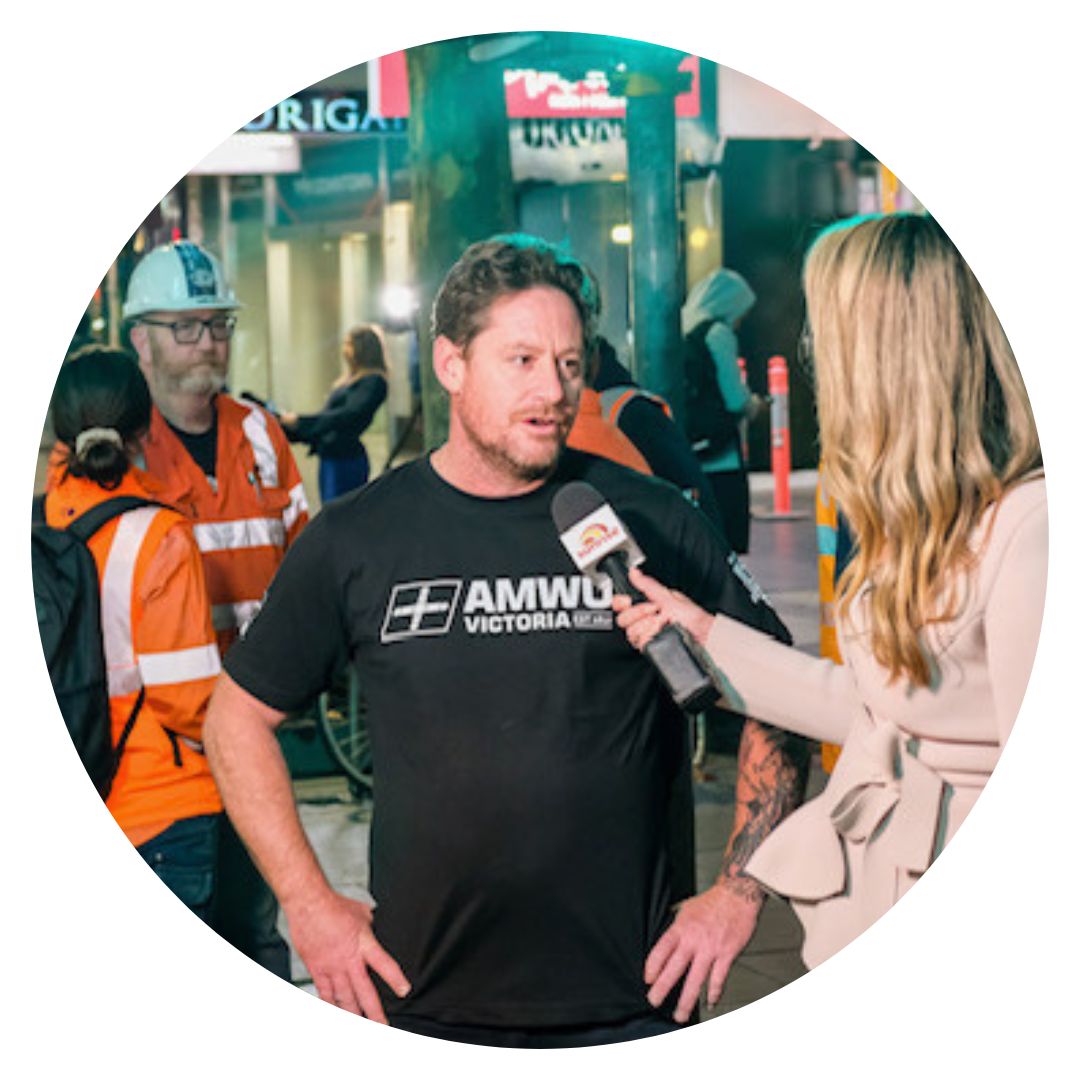

Tony Piccolo
Australian Manufacturing Workers Union
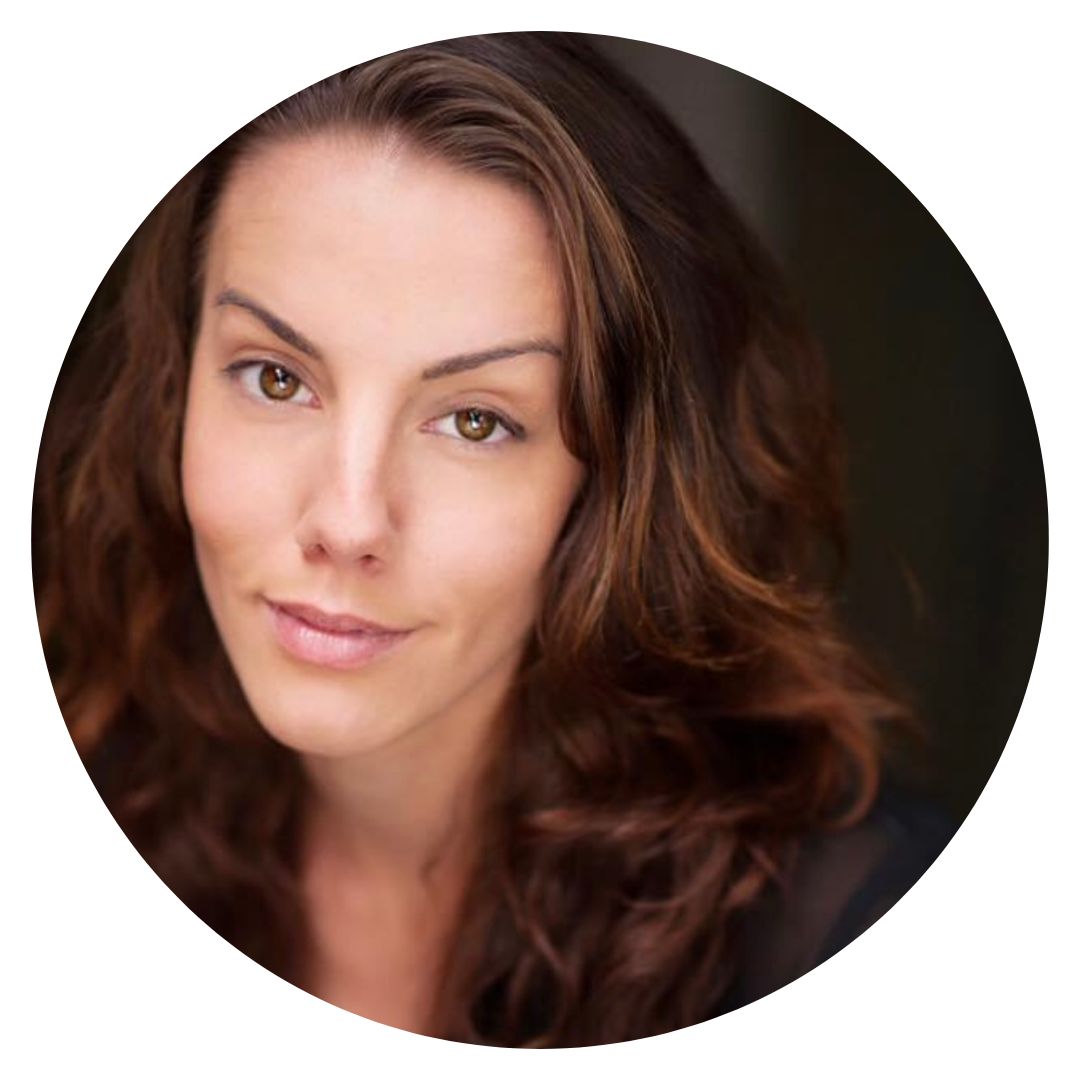

Stephanie Thuesen
Projects and Political Liaison Officer | Health & Community Services Union
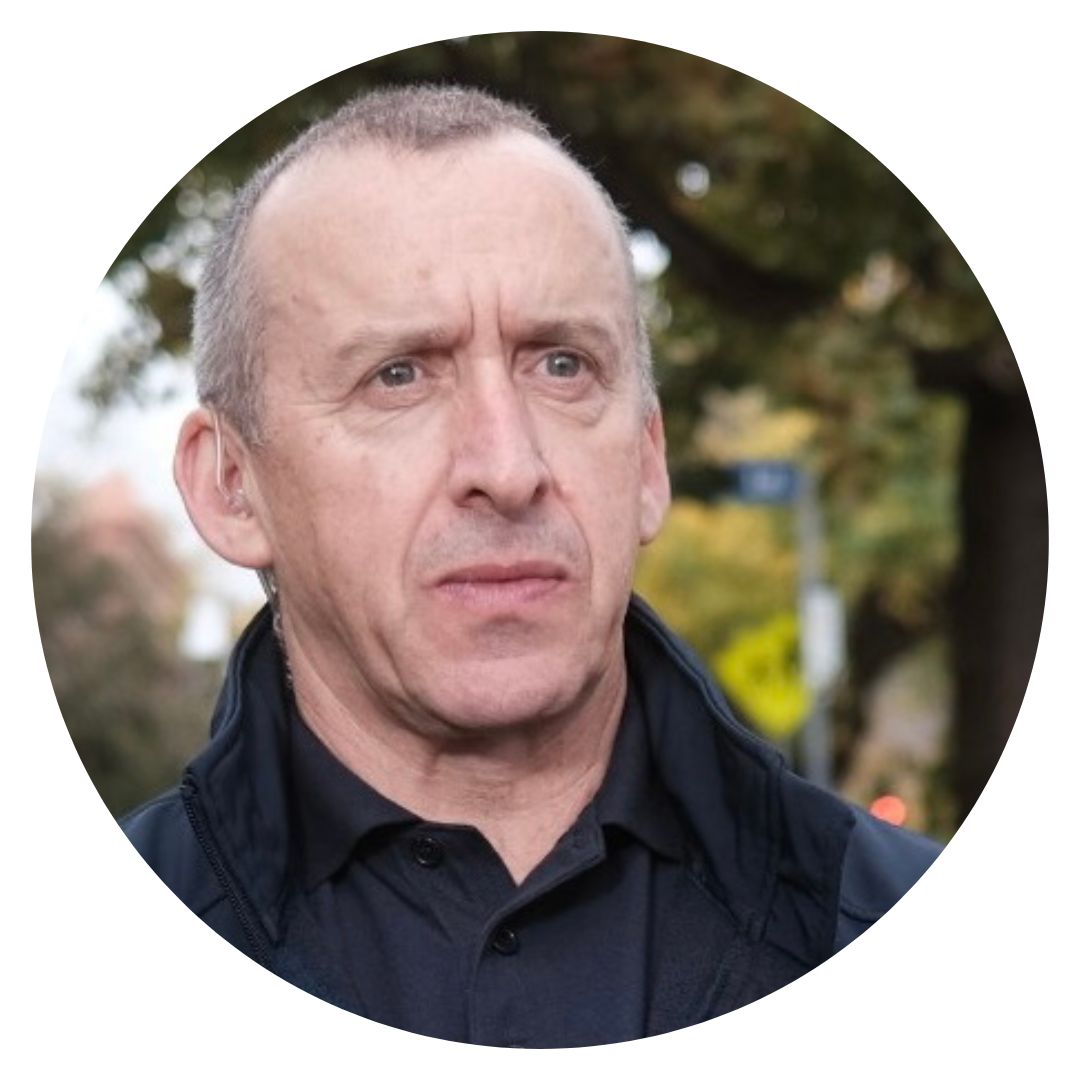

Paul Healey
Victorian Secretary | Health and Community Services Union
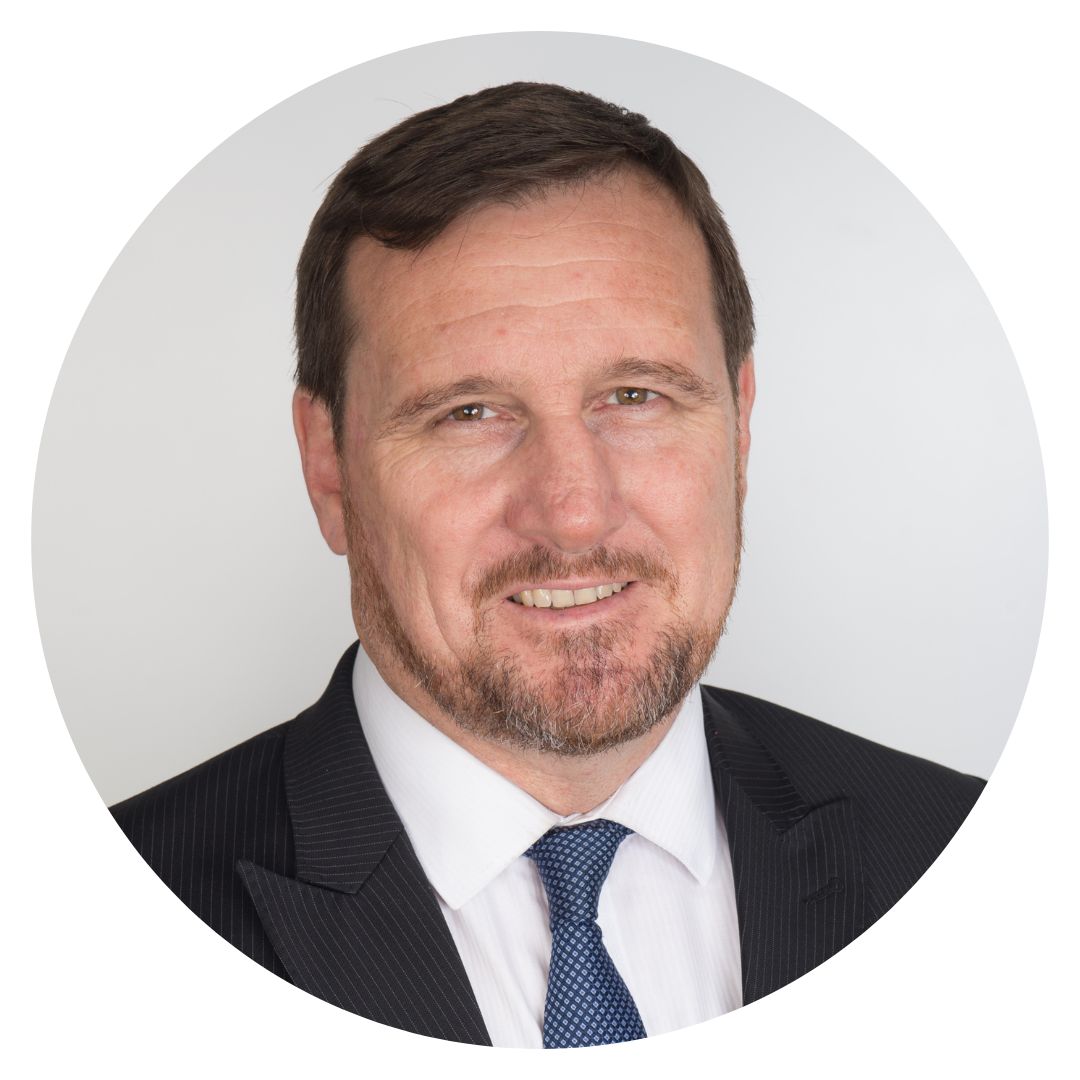

Gerard Dwyer
SDA National Secretary-Treasurer
Day 2 — Tues 25th July
PLENARY
9:00–9:50 am
The voice of those with lived experience – If they could design the service system what would it look like?
This session will provide a platform for young people with a lived experience of homelessness to share their insights and perspectives on designing an ideal service system. This session aims to amplify the voices of those who have directly experienced homelessness, recognising their invaluable expertise in shaping effective support systems.
Panellists will discuss the challenges they faced within existing service models and their hopes for a more inclusive and empowering service system.




MC - Pam Barker
CEO Brisbane Youth Service




Adongwot ‘AD’ Manyoul
South Sudanese Youth Advocate, Community Development Professional and (Bi-Cultural Consultant)
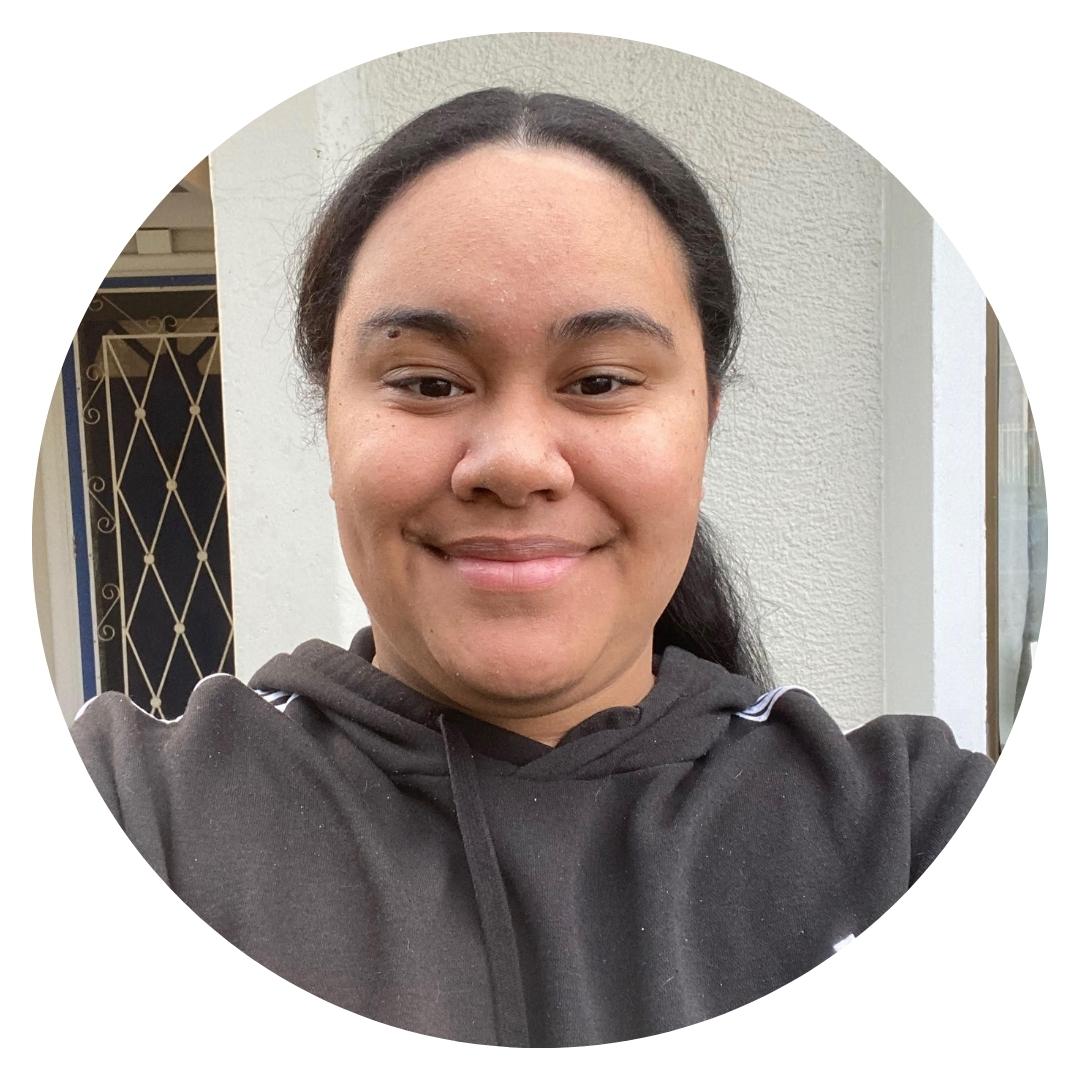

Lavinna Farina
Young person with lived experience | The Salvation Army


Luis Montero
Young person with lived experience | The Salvation Army
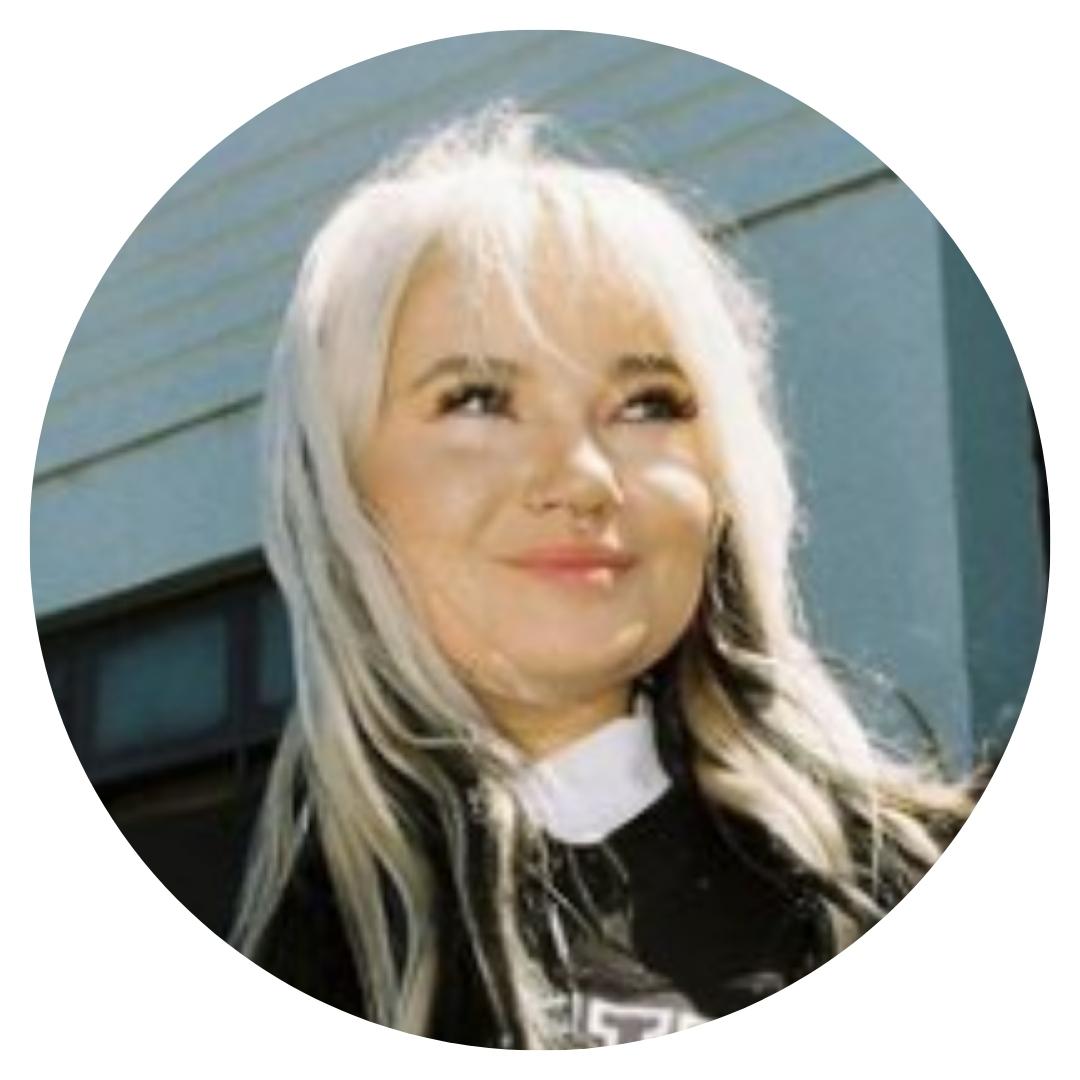

Brea Dorsett
(she/her) Lived Experience Mentor and Advocate Foyer Foundation Ambassador
PLENARY
9:50–10:45 am
Stepping Up? Federal leadership on child and youth homelessness in Australia
The Albanese Government has committed to developing a National Housing and Homelessness Plan. The primary focus of the government at the moment is on the Housing Futures Fund along with its recent commitment of $2 billion Housing Accelerator.
This session aims to assess the Government’s initiatives, strategies and funding allocations in tackling child and youth homelessness. It will discuss potential opportunities for policy enhancements and innovations. It will also focus on the need for a national plan to address child and youth homelessness.






MC - Keith Waters
CEO Youth Development Australia and the National Youth Commission
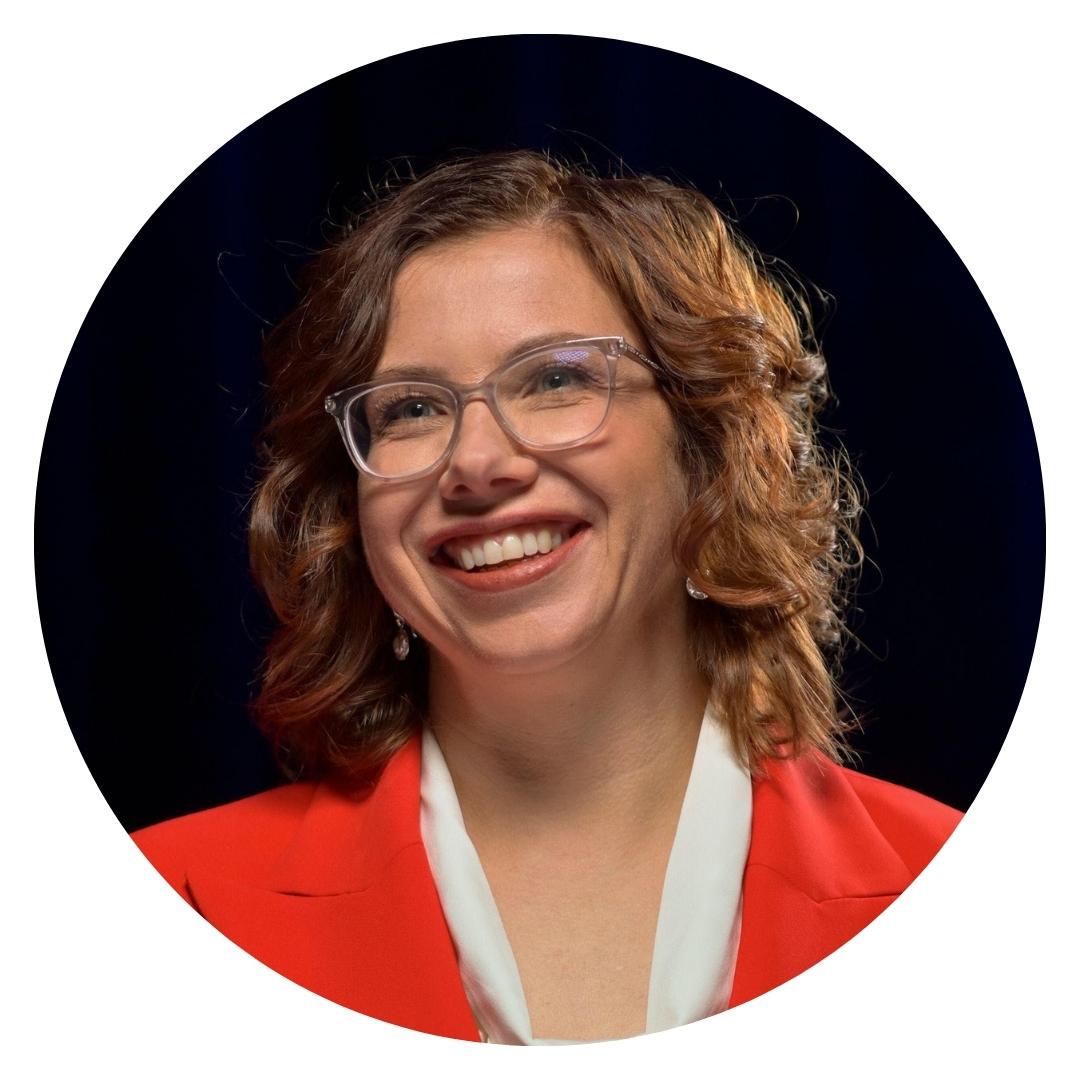

The Hon Amanda Rishworth MP
Federal Member for Kingston, Minister for Social Services, Qualified Psychologist






A/Prof. Catherine Robinson
Associate Professor University of Tasmania






Trish Connolly
CEO Yfoundations
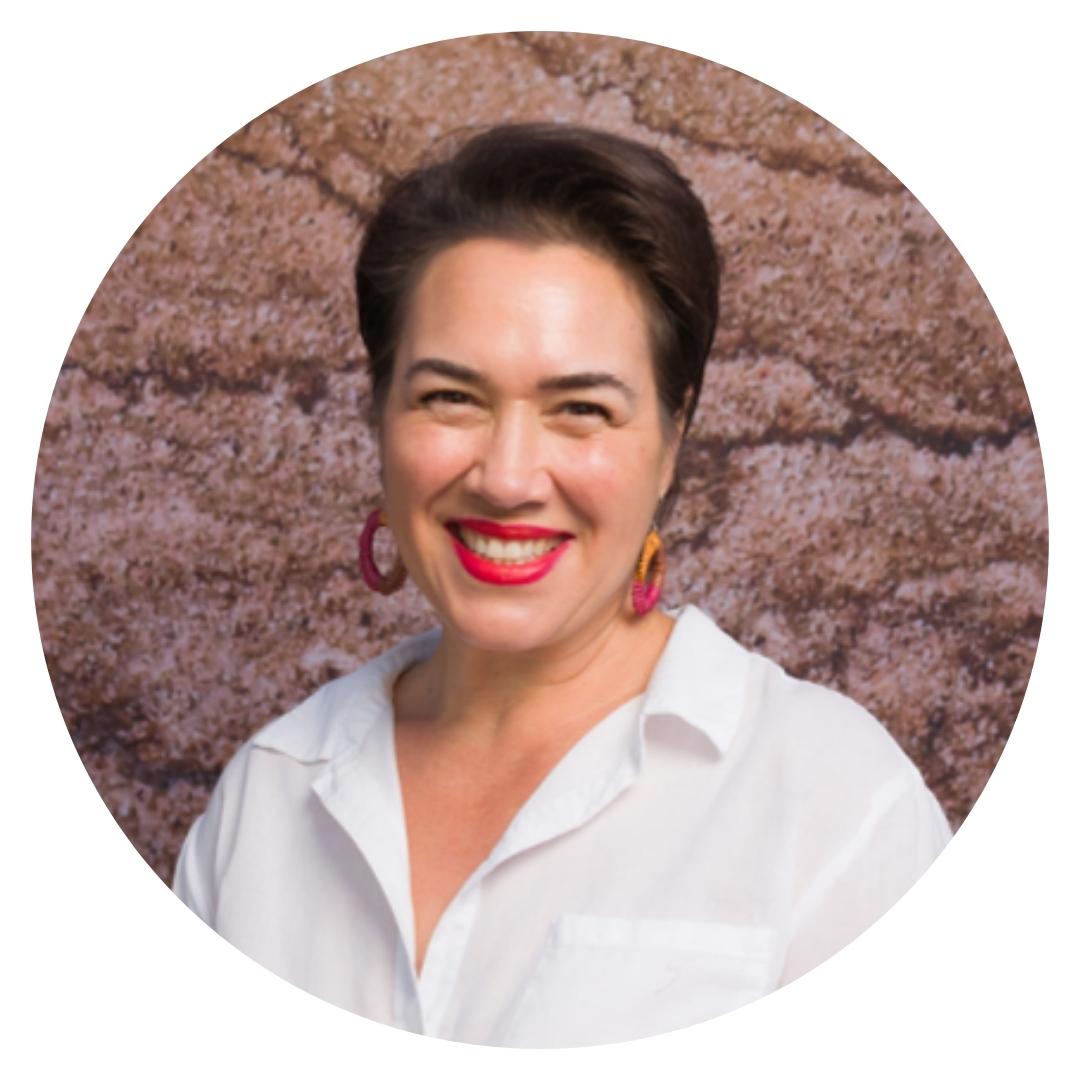

Catherine Liddle
CEO of SNAICC – National Voice for our Children



Kaitlyne Bowden
Rainbow Tick Project Officer | Berry Street
10:45–11:15 am
Morning Tea
PLENARY
11:15–11:30 am
Minister for Housing and Homelessness Address

















The Hon Julie Collins MP
Federal Minister for Housing
BREAKOUTS
11:30–12:30 pm
Juvenile Justice and its intersection with youth homelessness
This session will explore the factors contributing to youth homelessness among young people involved with the juvenile justice system. Panellists will discuss the challenges faced by young people transitioning from the justice system and the barriers they encounter in accessing stable and supported housing.

















MC - Mohamed Semra
Anti-racism campaigner and co-founder, Endeavour Youth Australia
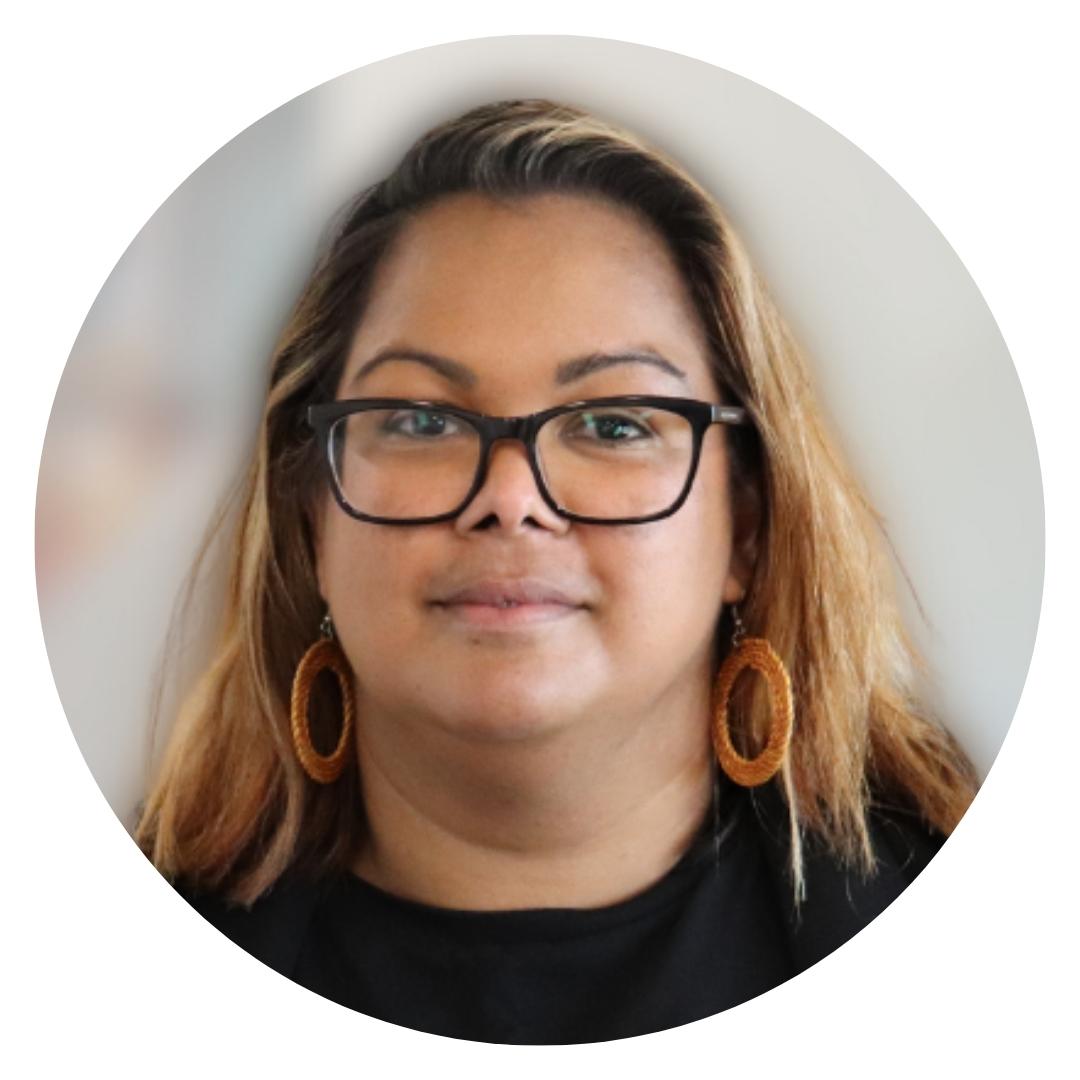


Nicole Hucks
A/Children’s Commissioner of the Northern Territory


Douschka Dobson
Senior Policy Advisor Officer at Melbourne City Mission (MCM) on Wurundjuri Country
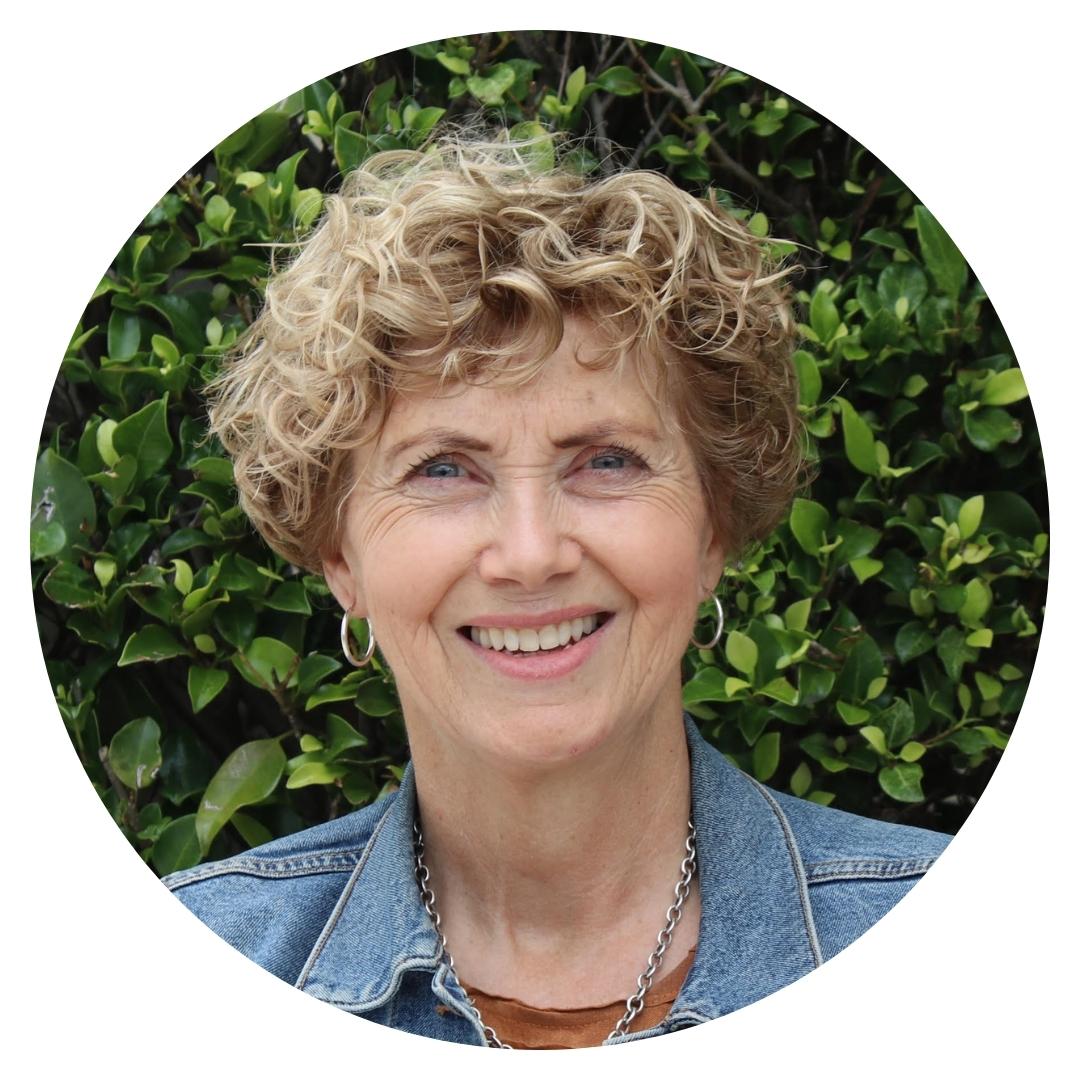

Leanne Acreman
General Manager for Housing and Complex Needs at Jesuit Social Services



Meena Singh
Commissioner for Aboriginal Children and Young People in Victoria


Kyzar Jing
Mentor in Youth Justice at Confit. Lived Experience Advocate for Children and Young People inciting systemic change in NSW
BREAKOUTS
11:30–12:30 pm
How do we address homelessness amongst LGBTIQ+ young people?
This session will discuss the pressing issue of homelessness among LGBTIQ+ young people and explore strategies to address this challenge. In particular, the panel will focus on effective interventions, policy recommendations and best practises to provide targeted support, inclusive services and approaches.



MC - Kaitlyne Bowden
Rainbow Tick Project Officer | Berry Street




Elvis Martin
Youth, Diversity and Inclusion Advocate

















Maria Dimopoulos AM
Chairperson | Safe & Equal
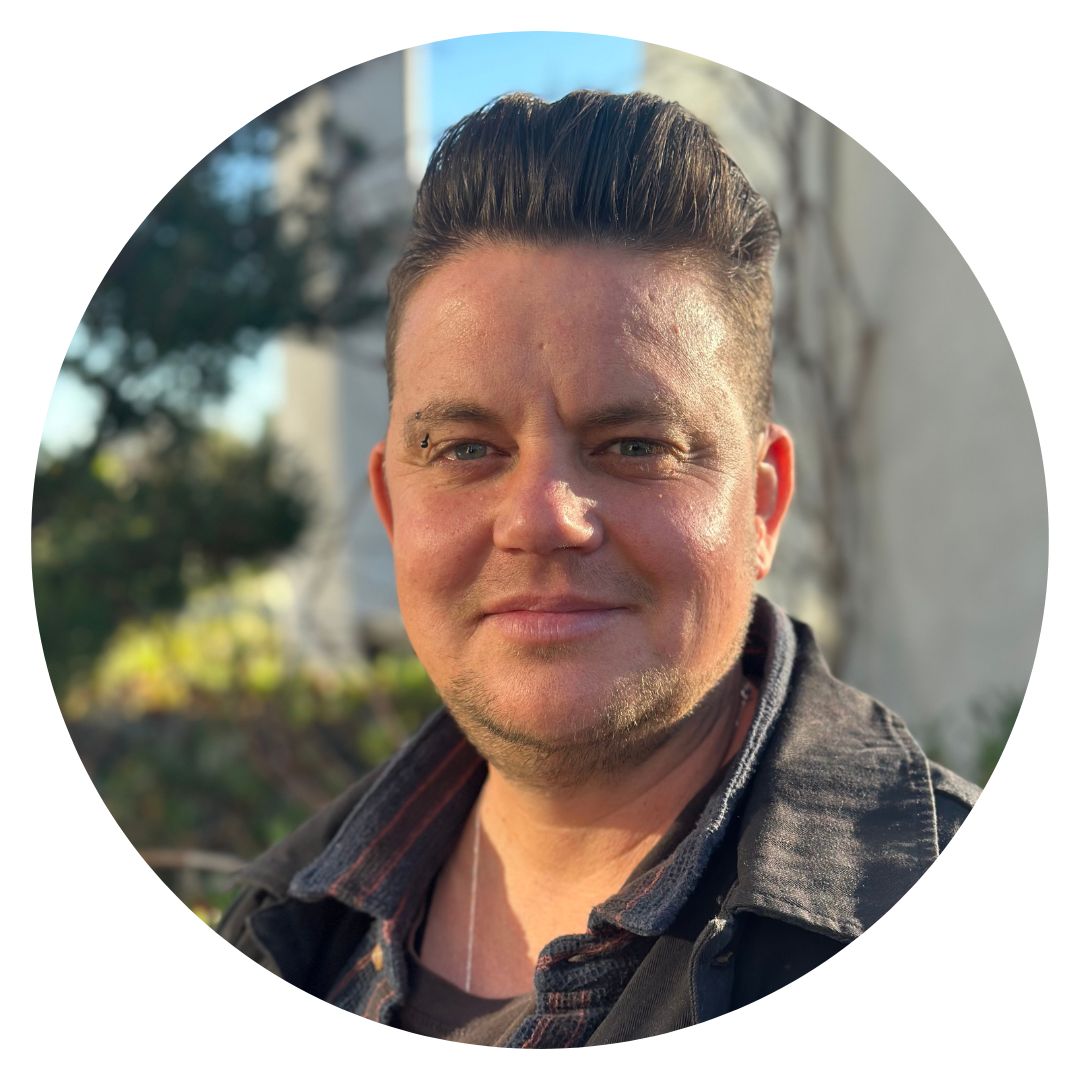

Joe Ball
(he/him) CEO Switchboard Victoria
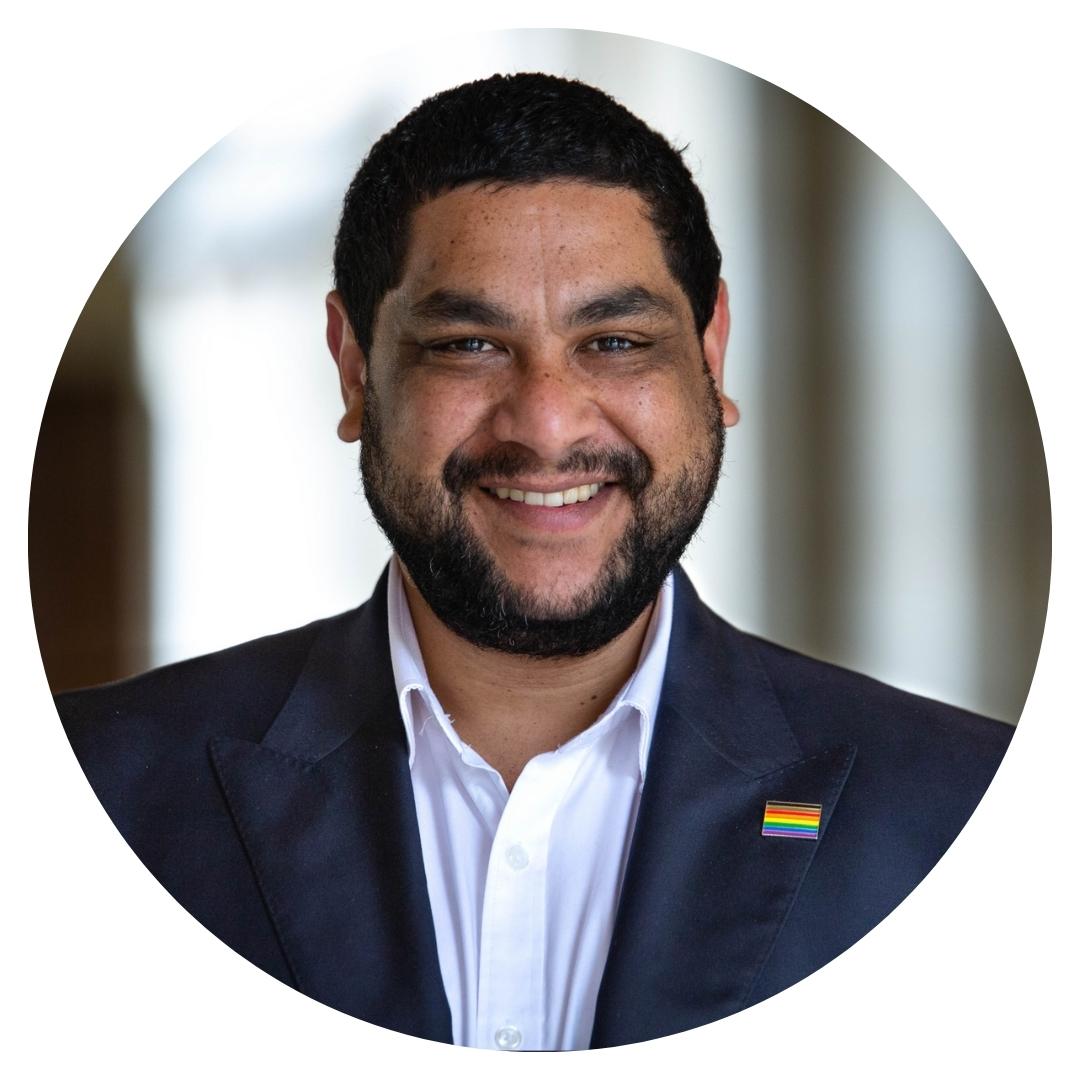

Dr. Todd Fernando
(he/him) Victorian Commissioner for LGBTIQ+ Communities



Ash Cook
BREAKOUTS
11:30–12:30 pm
The role of the Community Housing sector in responding to youth homelessness
This session will focus on exploring the pivotal role of the community housing sector in responding to youth homelessness. It will delve into the challenges faced by the community housing providers in addressing the specific needs of homeless young people.
This session will also examine the various strategies, programs and collaborations employed by community housing providers to effectively respond to the needs of homeless young people.



MC - Rebecca Mullins
CEO My Foundations Youth Housing Ltd


Emma Greenhalgh
CEO National Shelter
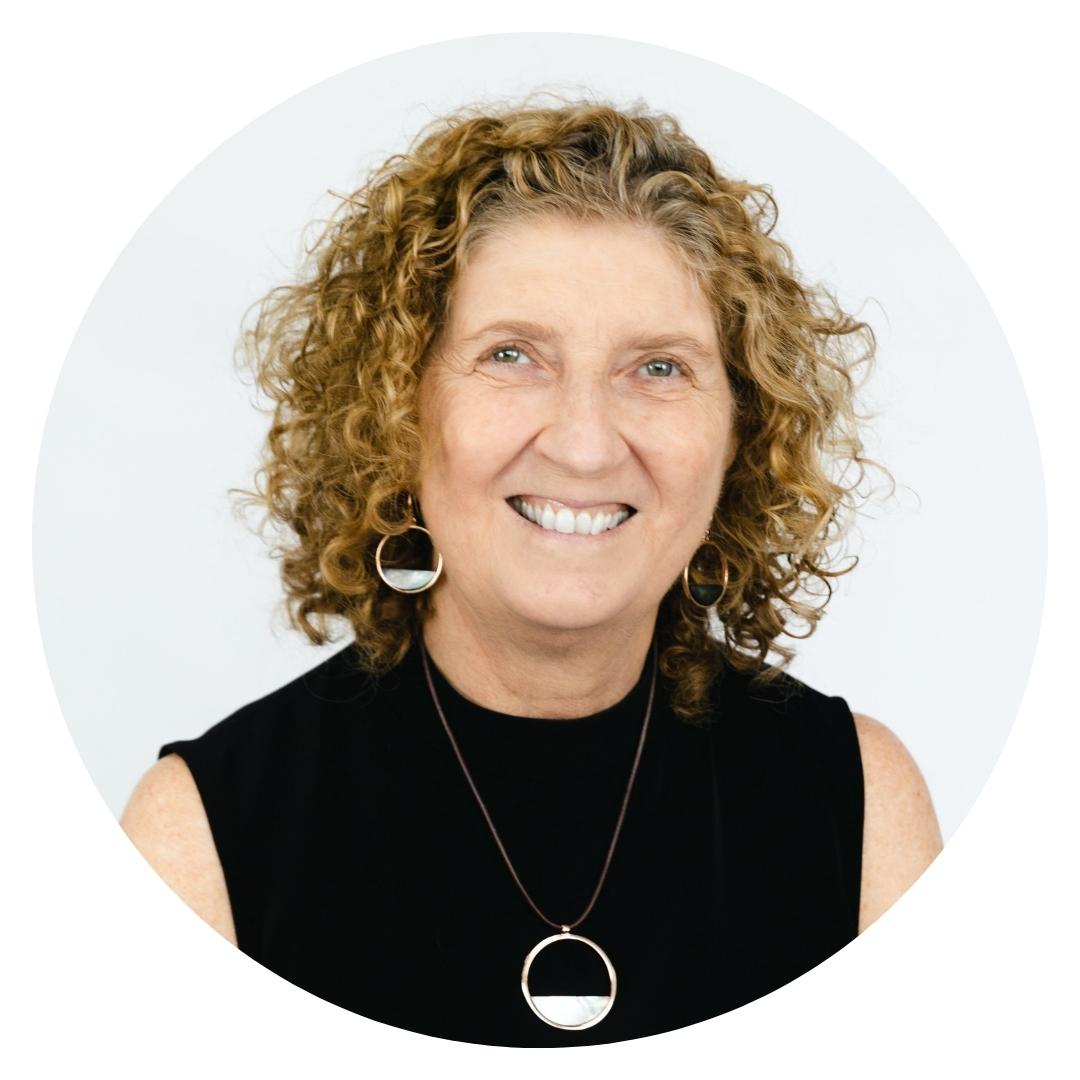

Lisa Dalla-Zuanna
Executive Officer for Melbourne City Mission (MCM) Housing


Wendy Hayhurst
CEO Community Housing Industry Association (CHIA)
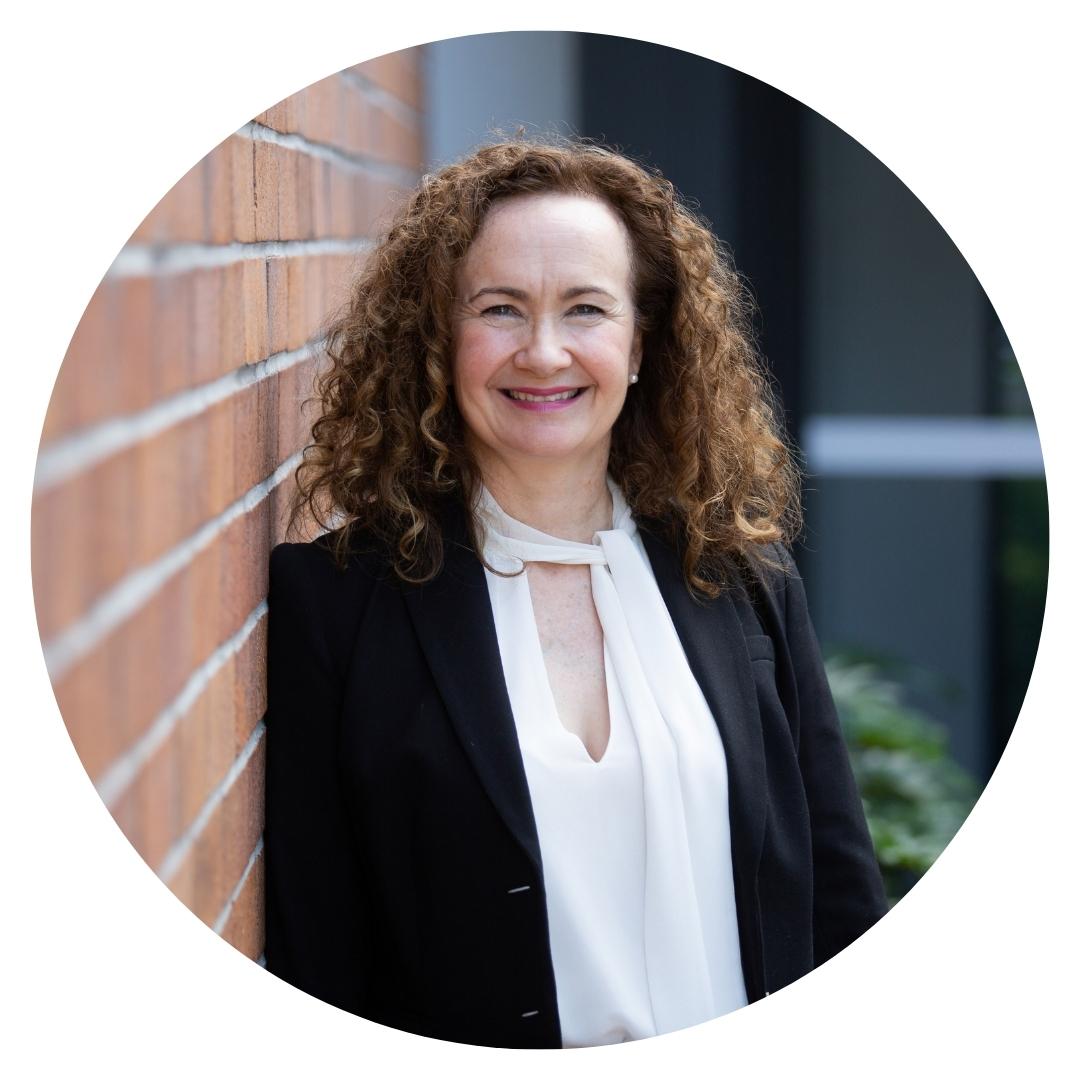

Rebecca Oelkers
CEO BHC, one of the largest Community Housing Providers in Queensland
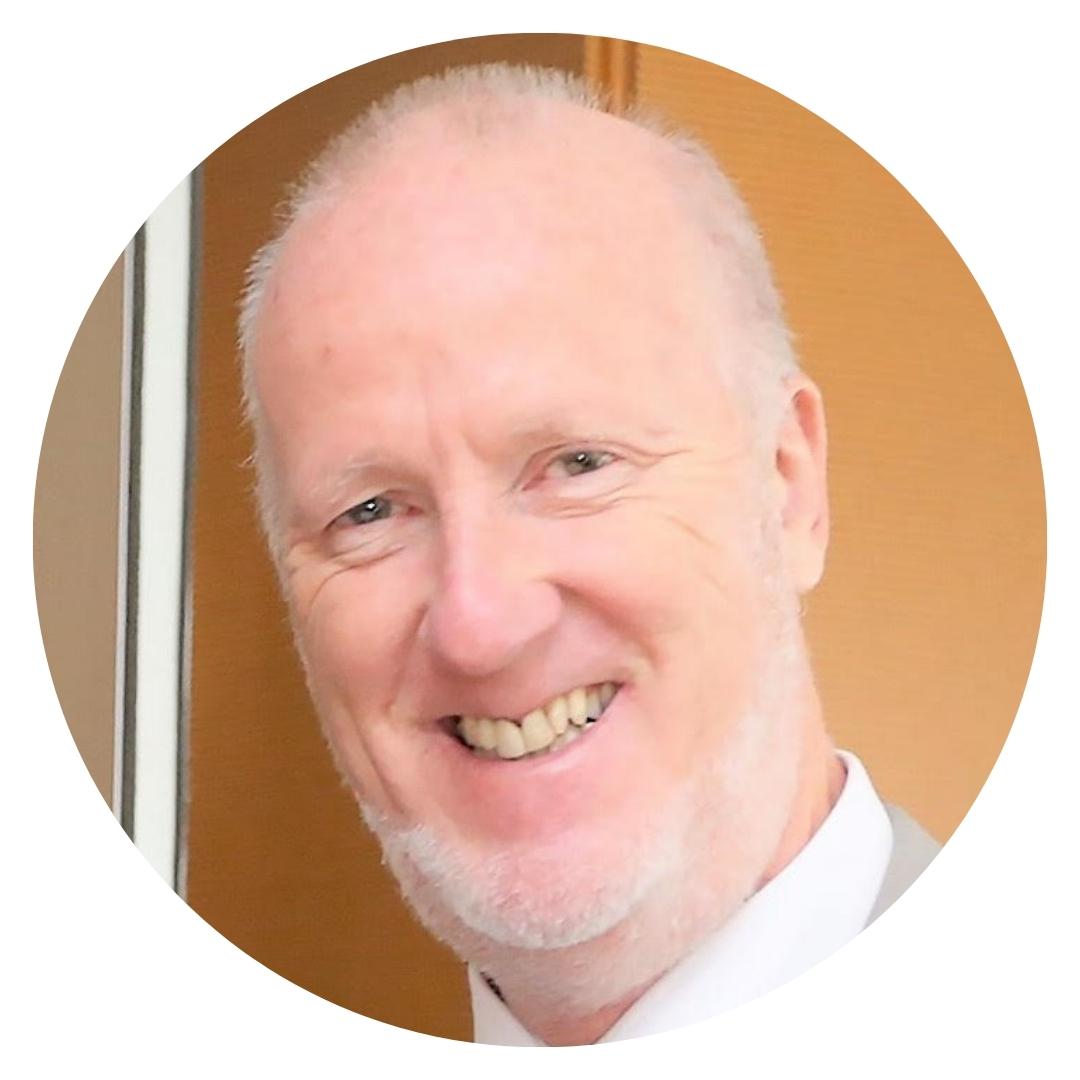

Steve Bevington
Managing Director Community Housing LTD
BREAKOUTS
11:30–12:30 pm
Early intervention – it’s a must
This session aims to emphasise the critical role of identifying and addressing the factors that contribute to homelessness at an early stage. The session will explore successful models and evidence-based practises that demonstrate the effectiveness of early intervention strategies in reducing child and youth homelessness.



MC - Natalee O'Brien
National General Manager Youth Services | The Salvation Army





Stephen Nash
CEO Kids Under Cover


A/Prof. David MacKenzie
Upstream Australia
University of South Australia


Michael Perusco
CEO Berry Street
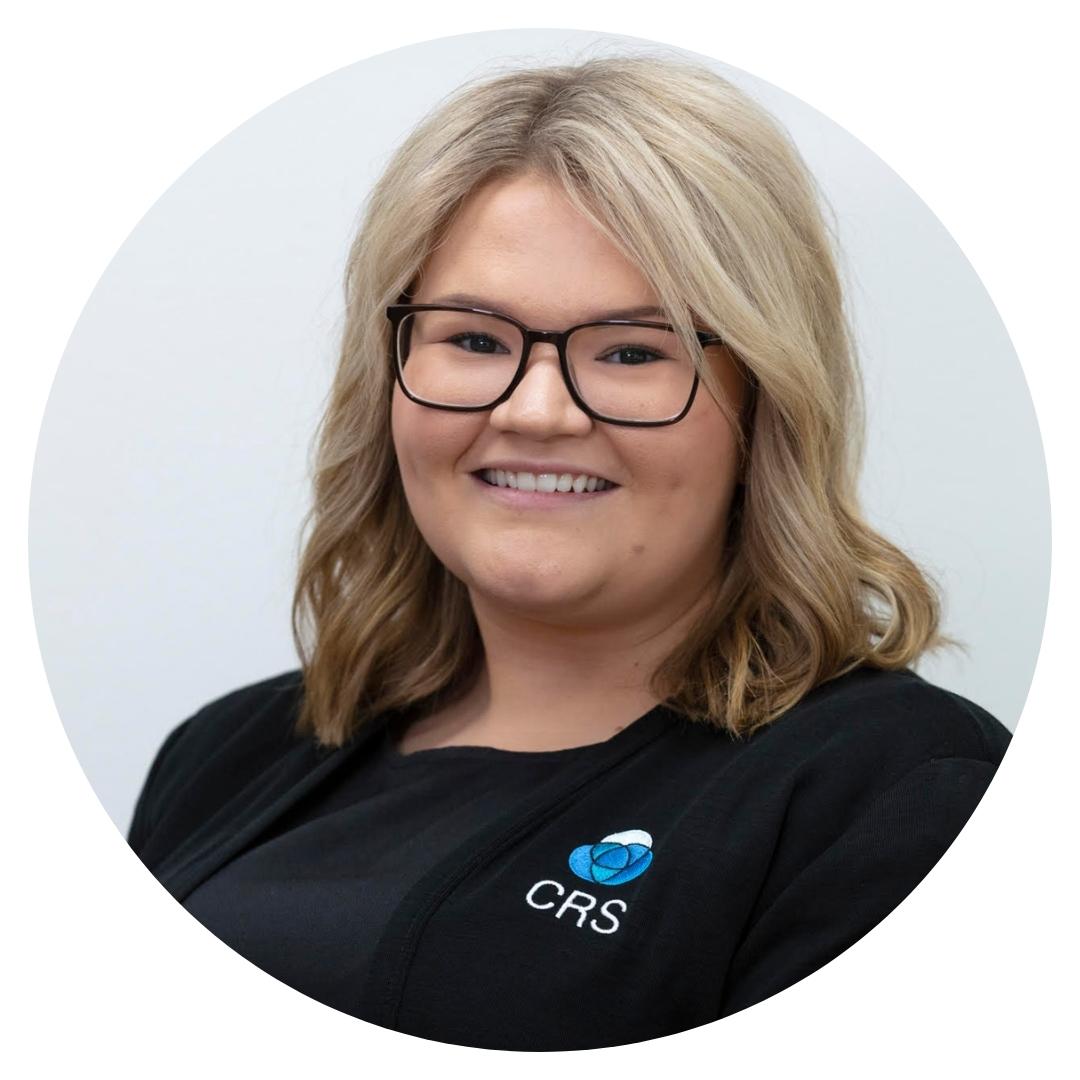

Cindy Young
Senior Manager of Services at Conflict Resolution Service, ACT
BREAKOUTS
11:30–12:30 pm
The intersection between FDV and children and youth homelessness
A major driver of young people becoming homeless is family and domestic violence associated with other issues that creates an untenable situation, requiring early intervention relief if that is possible, or an effective crisis response with pathways to supportive housing where early intervention is not possible. This breakout session will explore how the national initiatives around addressing family and domestic violence may contribute directly and indirectly to a national strategic response to children and youth homelessness.






MC - Trish Connolly
CEO Yfoundations
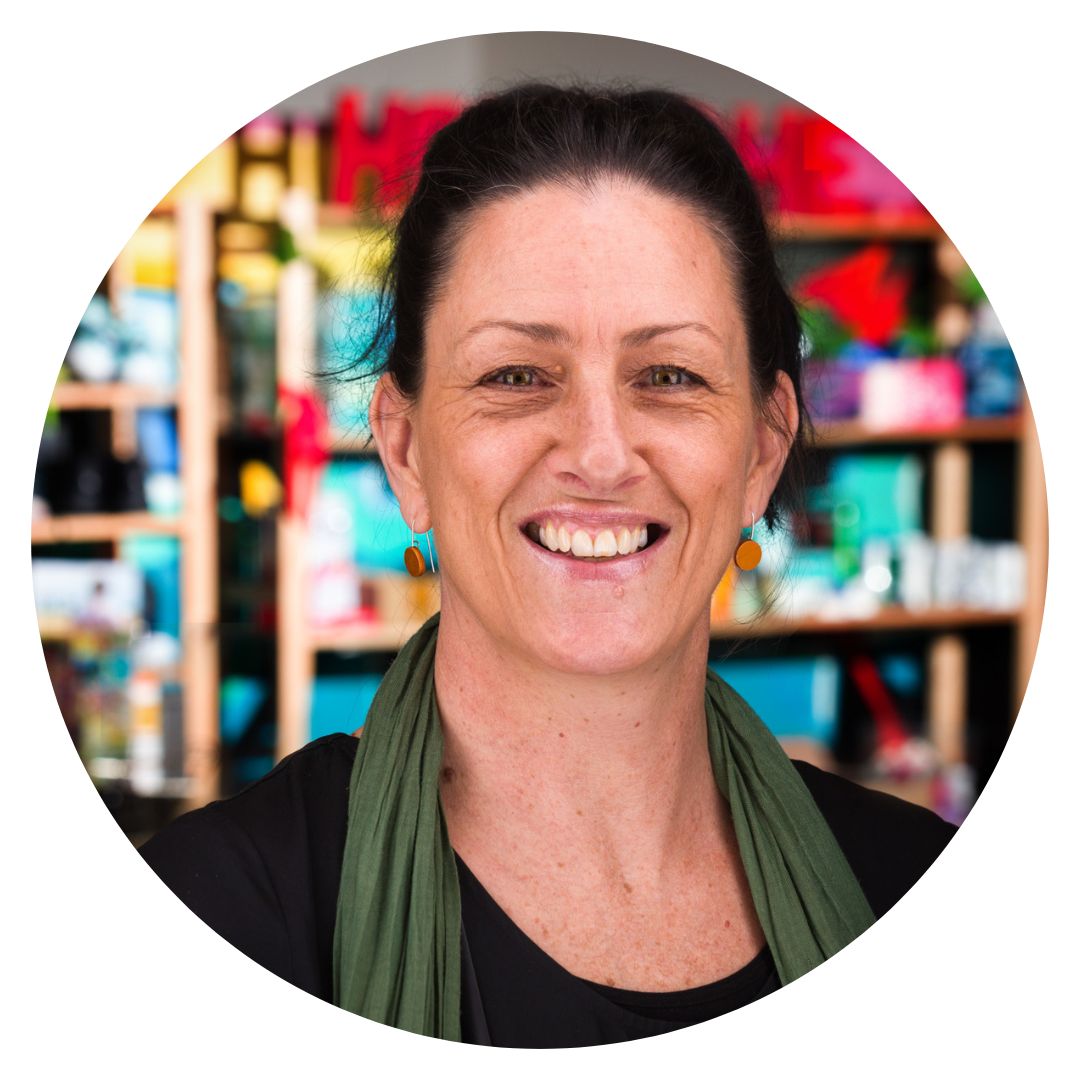

Di Mahoney
Service Delivery Director Brisbane Youth Service (BYS)
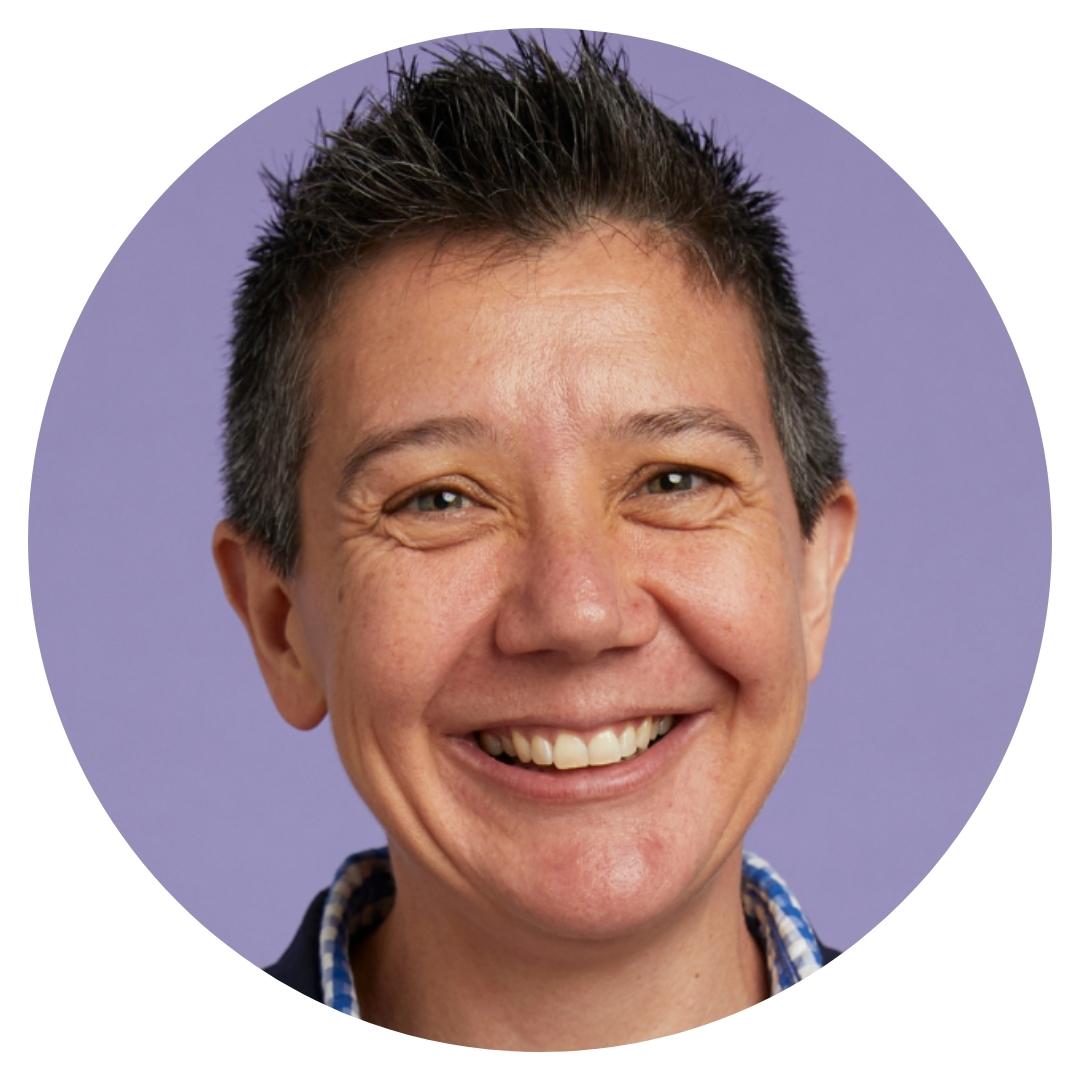

Helen Waters Silvia
CEO Women’s and Girls’ Emergency Centre (WAGEC)


Danielle Mason
Lived Experience Advisory Group member | MCM


Prof. Kate Fitz-Gibbon
Director Monash Gender and Family Violence Centre




Shorna Moore
Head of Policy, Advocacy and Government Relations | Melbourne City Mission
BREAKOUTS
11:30–12:30 pm
Once housed – What next? The importance of engaging in Education, Employment and Training
Arguably all young people including the most vulnerable young people need support to succeed along pathways of education, post-school training and employment. What models of support do young people who experience homelessness need in order to achieve sustainable livelihoods? What reforms need to be considered in the Australian training and employment support systems?
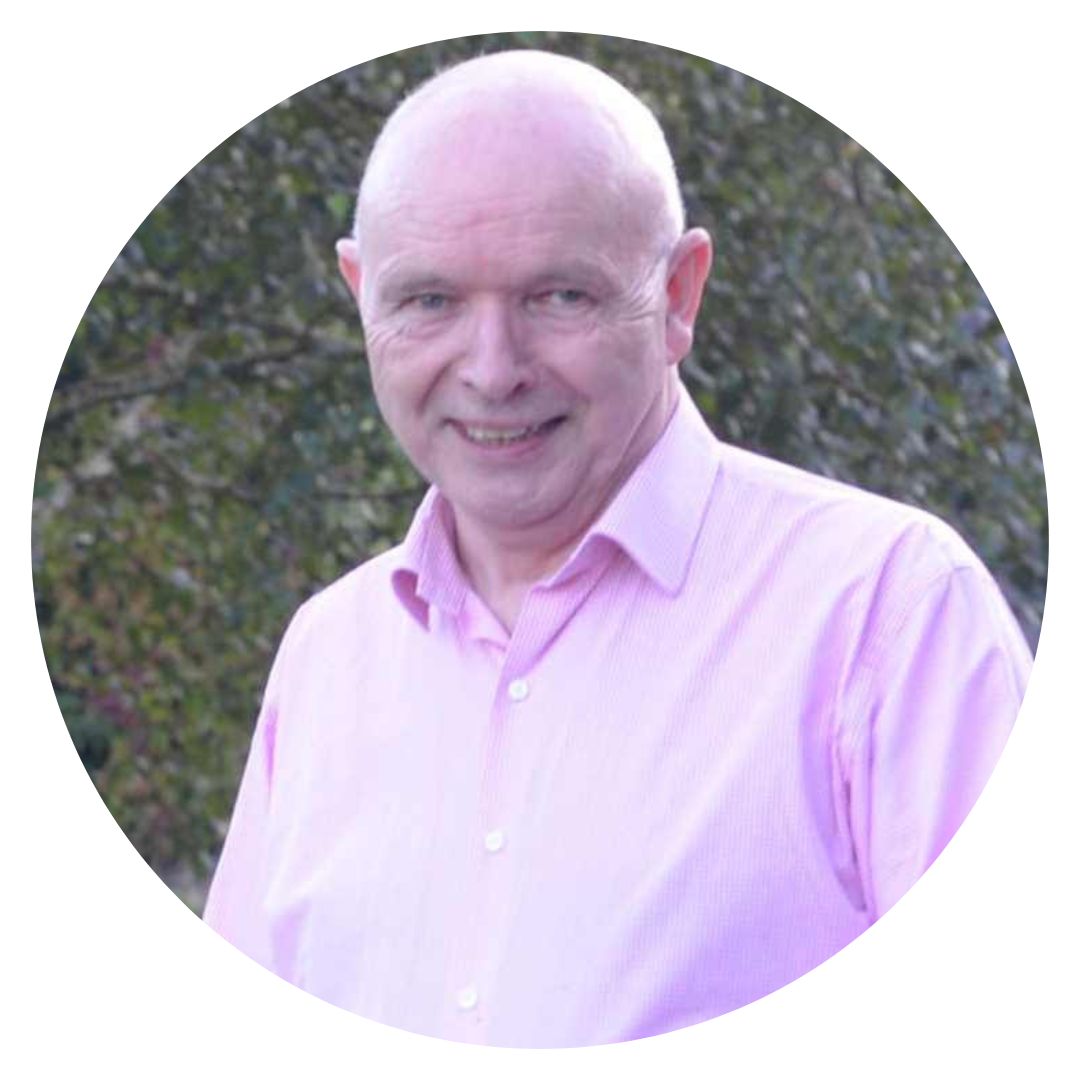

MC - Ray Blessing
CEO TaskForce

















June Powers
Young person with lived experience | Homie


Richie Goonan
Executive Manager Community Health Youth Projects

















Kelly West
General Manager/Producer | Youthworx Media & Productions

















Mark Cox
Foyers Foundation

















Andres Allen
Homie
12:30–1:15 pm
Lunch
PLENARY
1:15–2:00 pm
Local government and its role in addressing children and youth homelessness
The role of local government in addressing homelessness among children and young people is often overlooked. This session aims to explore the unique responsibilities and opportunities that local governments have in addressing child and youth homelessness at the community level. It will focus on current initiatives, policies and partnerships that local governments are involved in to support homeless children and young people.






MC - Keith Waters
CEO Youth Development Australia and the National Youth Commission
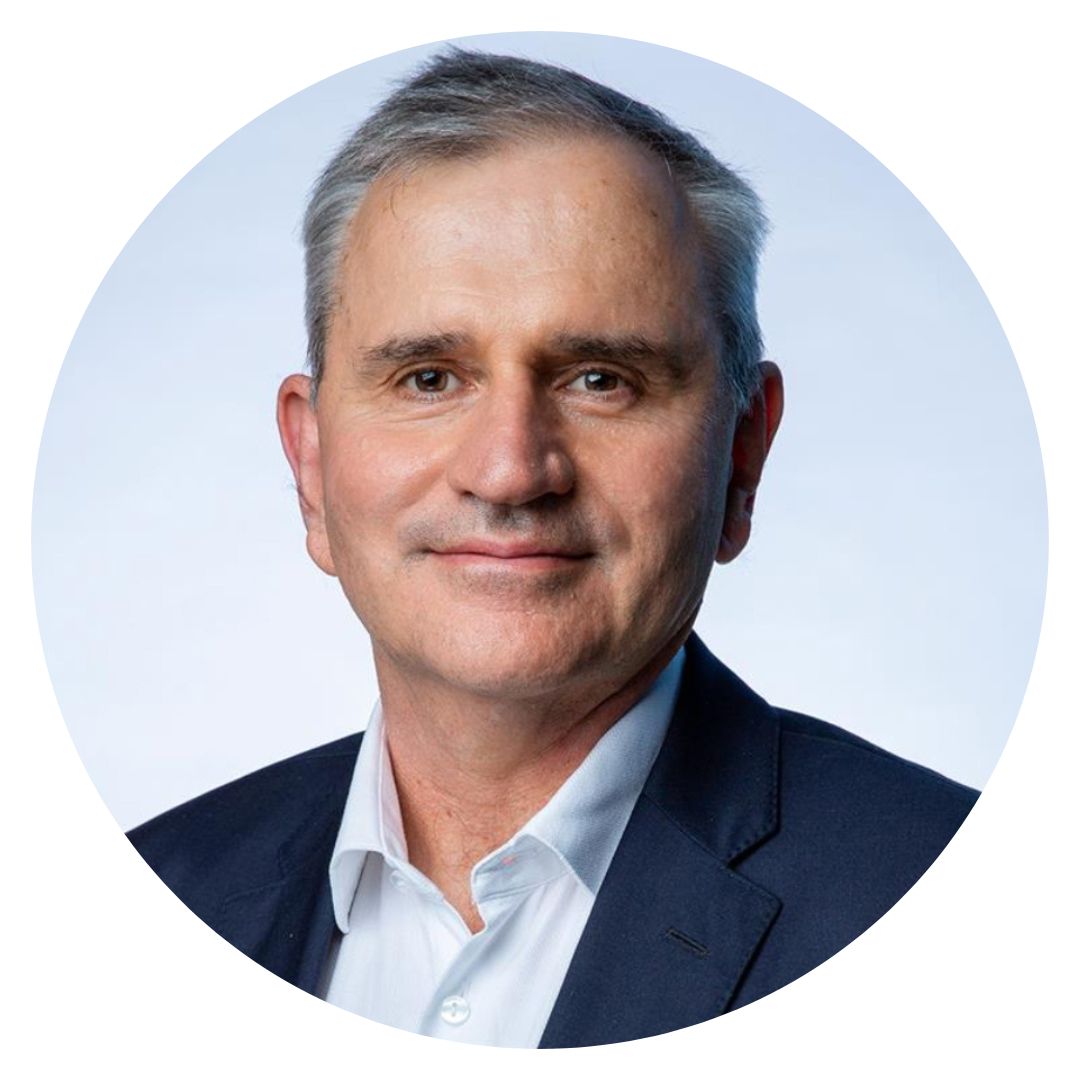

Prof. Andrew Beer
Executive Dean of UniSA Business


Jon Swain
Homelessness Manager at the City of Sydney


Vijaya Vaidyanath
CEO Homes Melbourne
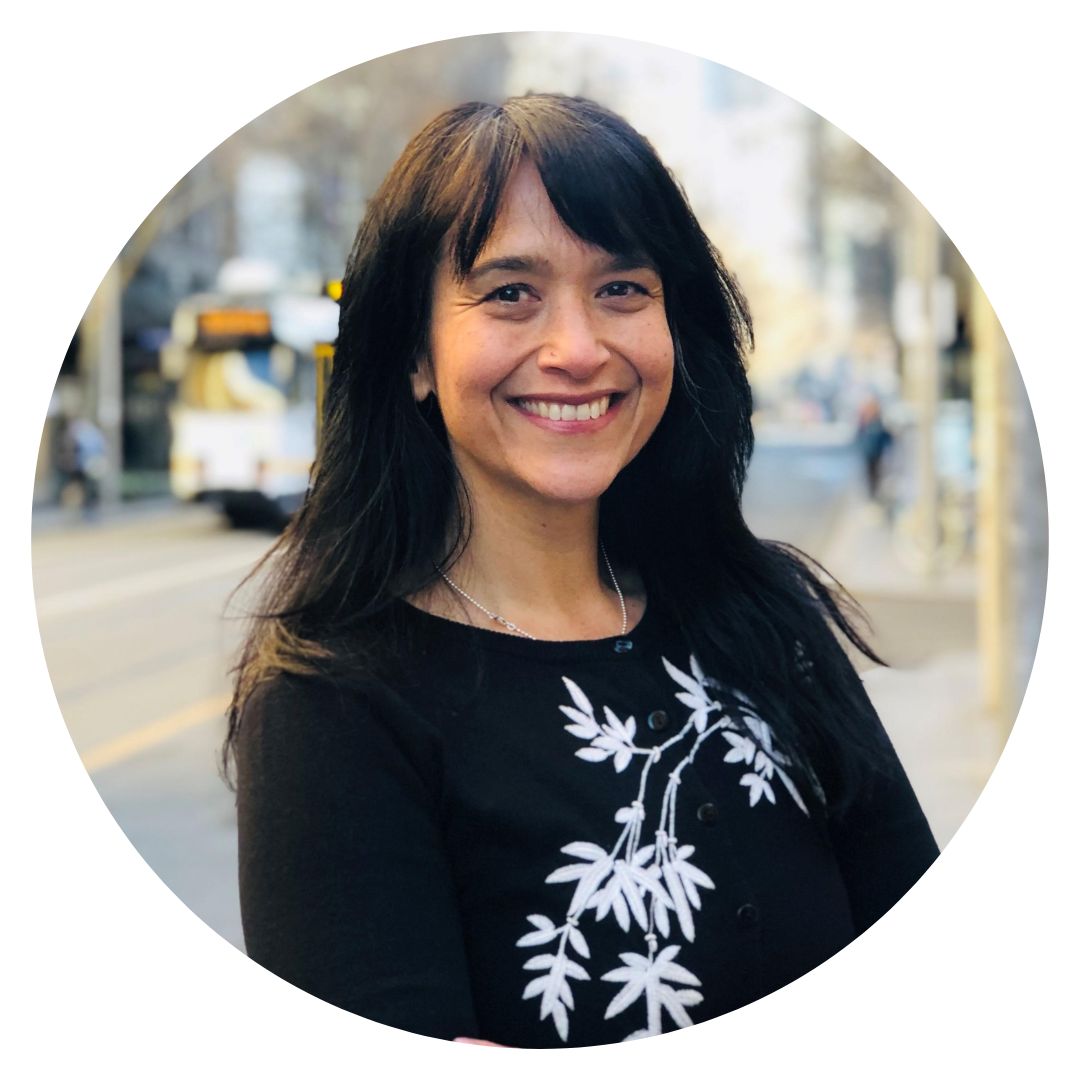

Leanne Mitchell
Manager of Community Strengthening and Social Planning Brimbank City Council
BREAKOUTS
2:00–3:00 pm
Youth homelessness in rural and regional communities – out of sight, out of mind
Youth homelessness is not only prevalent in our major cities it also presents a challenge for regional, rural and remote communities where overcrowding is prevalent.
Young people (aged 16-24 years) in rural areas experience homelessness very differently to their urban peers, due to limited employment and education options and inadequate formal support networks.


MC - Mo O’Meara
Founder | MOHOW
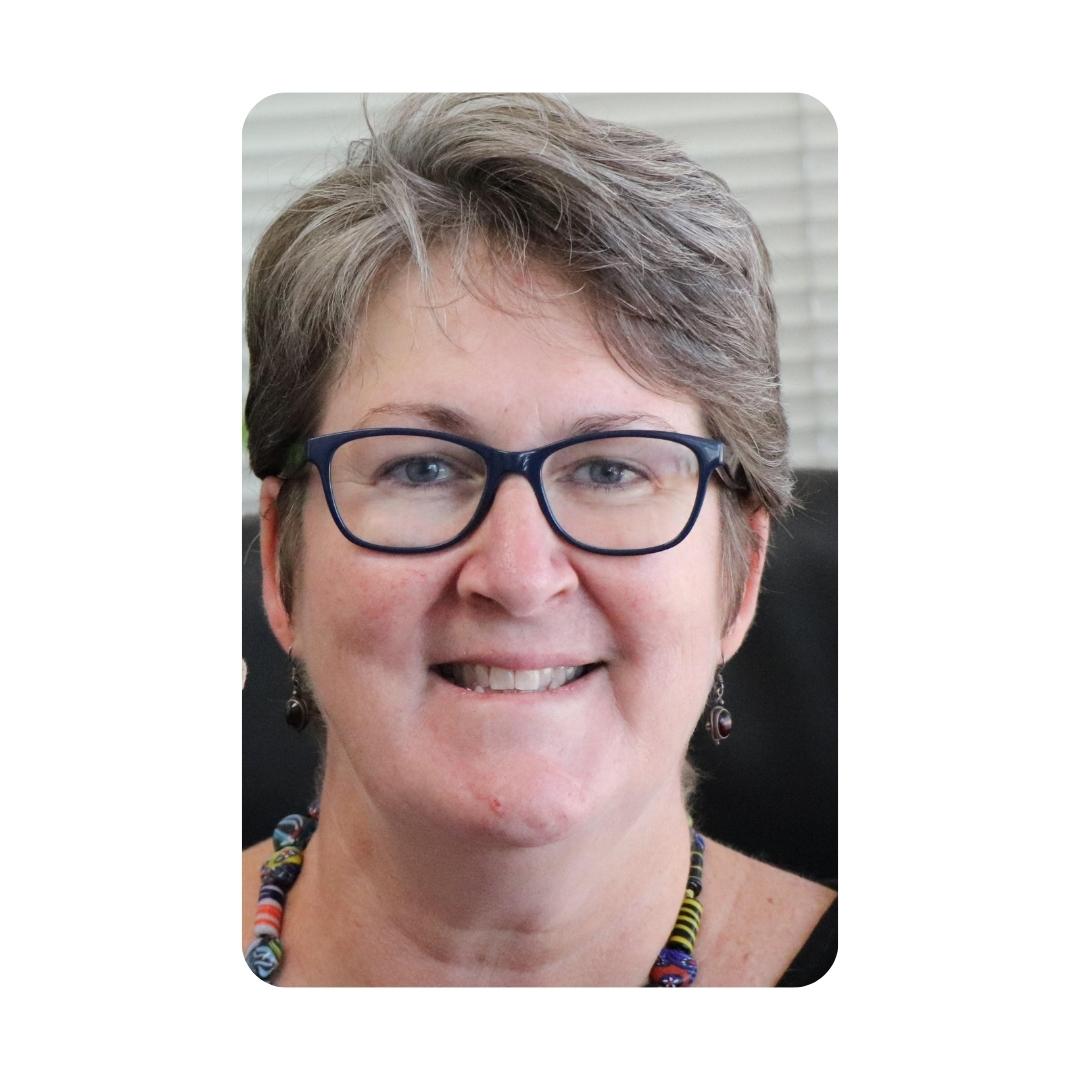

Tracey John
AnglicareNT/ Regional Operations Manager, Katherine



Dianne Underwood
CEO Colony 47
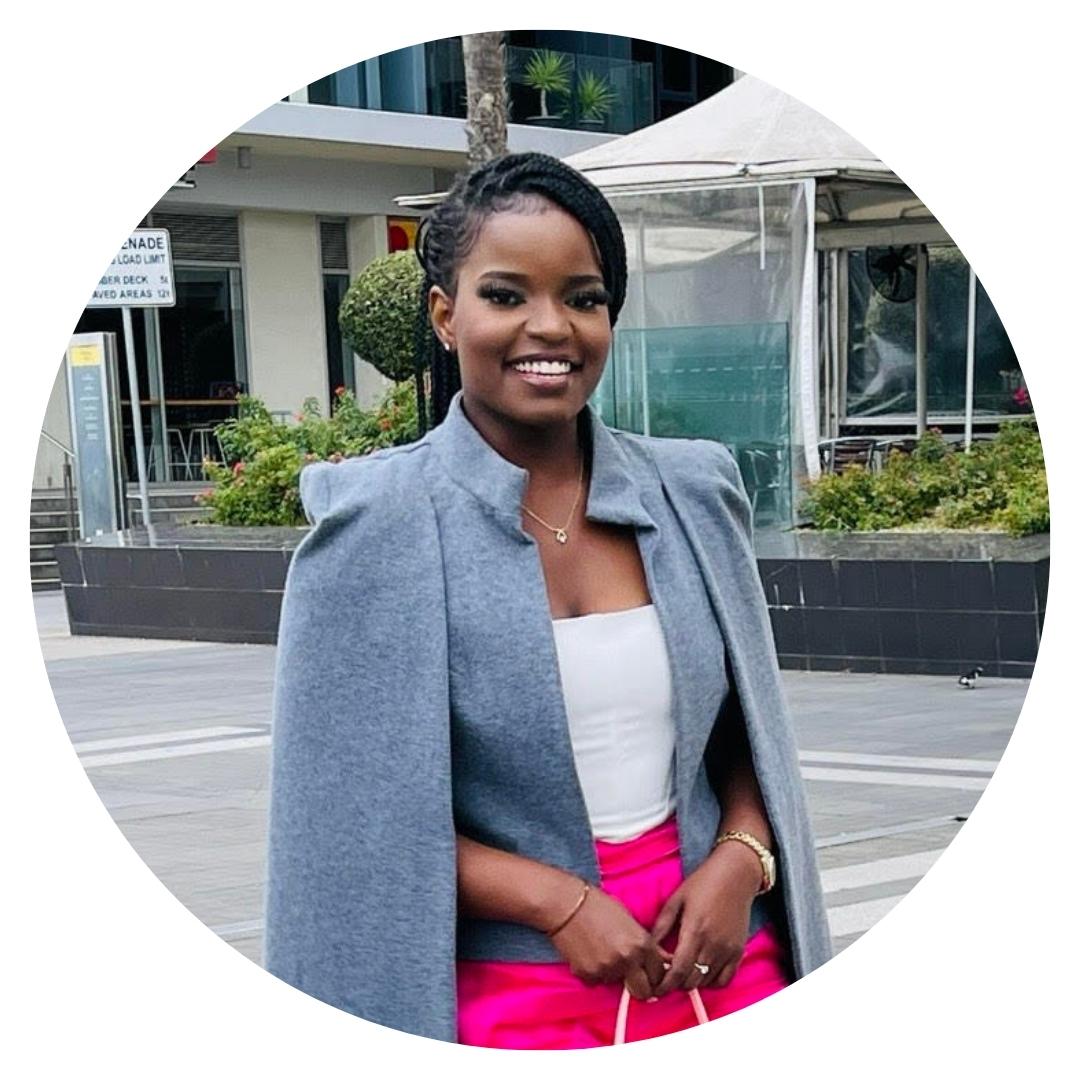

Mariam Nagawa
Youth Worker at Independence Australia and a Support Worker at Mxycare


Lorraine Dupree
Queensland Youth Housing Coalition’s Executive Director
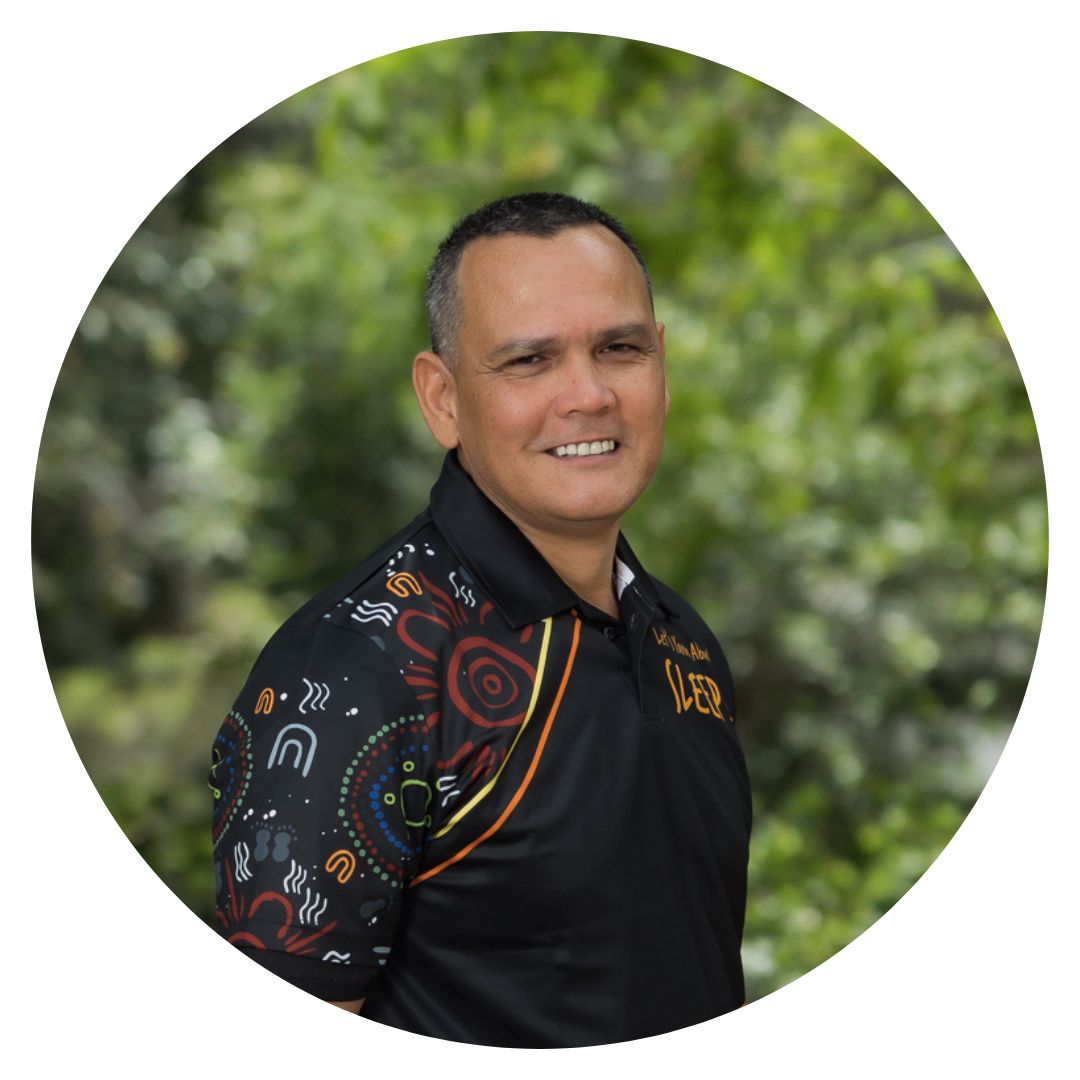

Alvin Hava
General Manager | Mithangkaya Nguli Young People Ahead Youth and Community Services Indigenous Corporation
BREAKOUTS
2:00–3:00 pm
How should we respond to homelessness amongst First Nations children and young people?
First nations children and young people are over-represented in the clients of the homelessness services system. How might this be addressed to reduce the flow of indigenous children and young people experiencing homelessness and to improve the appropriateness and effectiveness of responses?
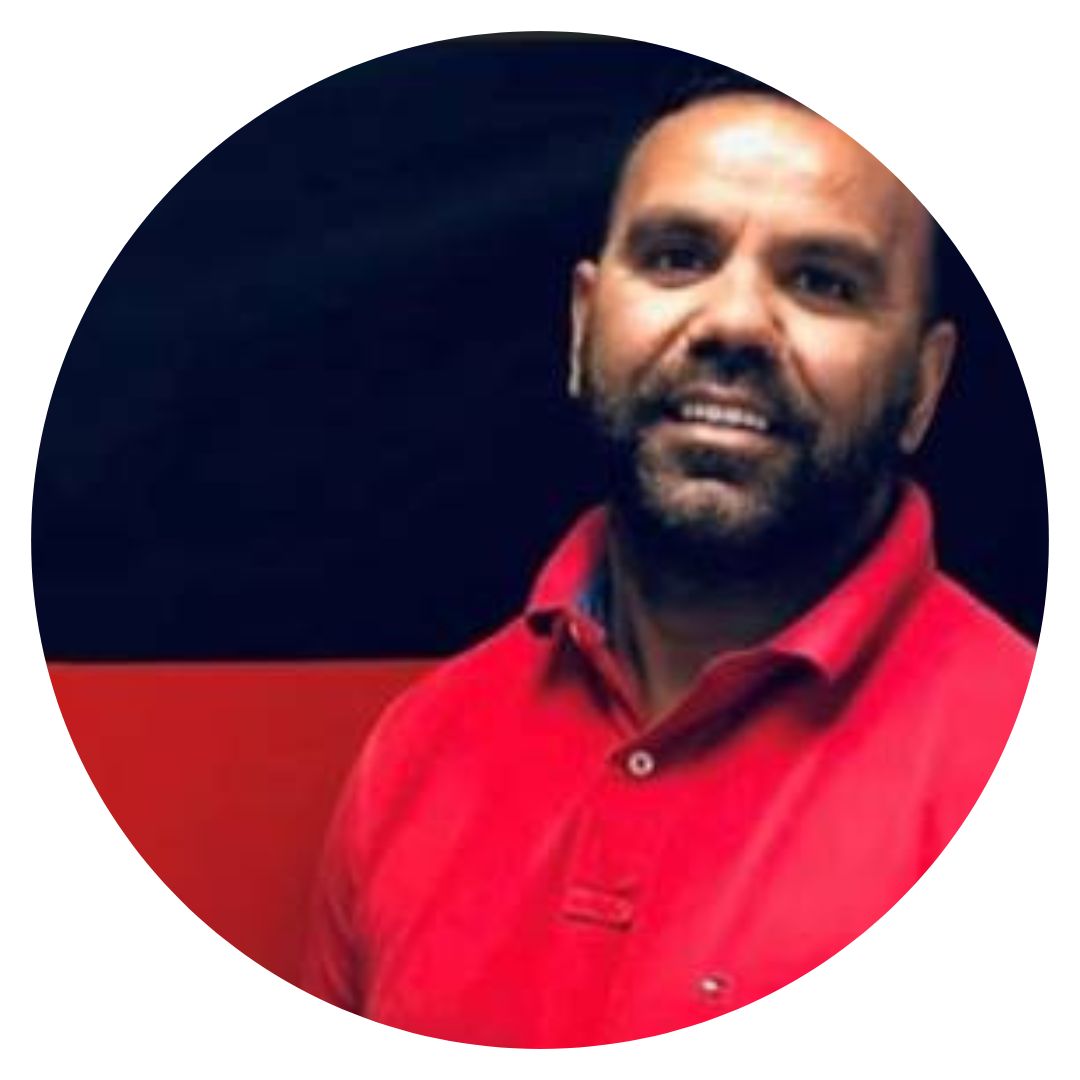

MC - Shannon Thorne
NSW Aboriginal Advocate for Children and Young People

















Nartarsha Bamblett
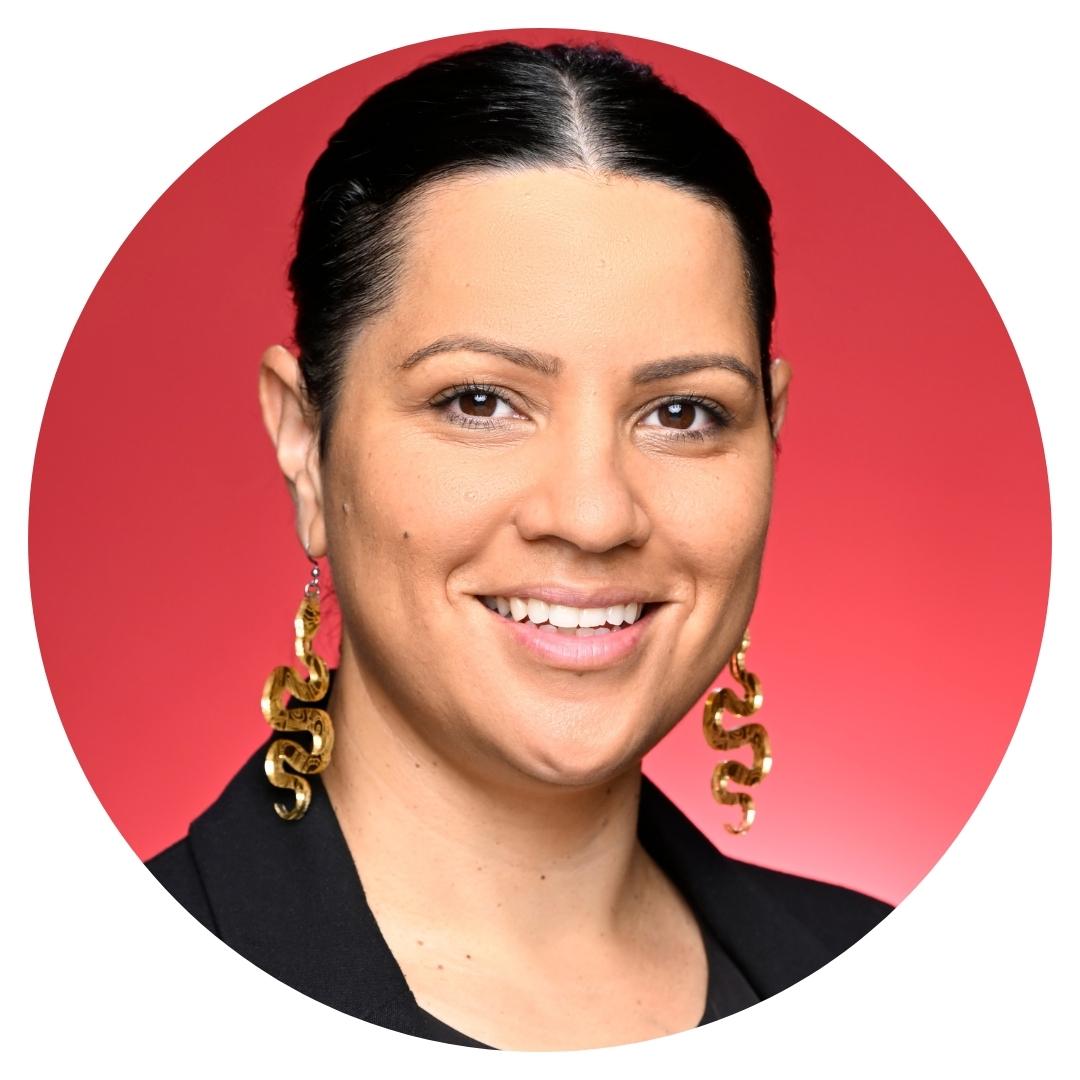

Senator Jana Stewart
Senator for Victoria, Qualified Family Therapist, Former employee for the Victorian Aboriginal Child Care Agency and the Child Protection System



Nicole Hucks
A/Children’s Commissioner of the Northern Territory



Tyrah Chan-Hampton
Youth Ambassador
The Foyer Foundation
BREAKOUTS
2:00–3:00 pm
The intersection between mental health and youth homelessness
Evidence tells us that mental health issues are a key risk factor for youth homelessness. Headspace estimates that 48-82% of homeless young people have a diagnosable mental illness.
This session will explore the complex interplay between mental health challenges and youth homelessness, exploring how factors like trauma, substance abuse and limited access to mental health services contribute to this issue.




MC - Elvis Martin
Youth, Diversity and Inclusion Advocate

















Josephine Taylor
Manager AOD and Mental Health | MELI
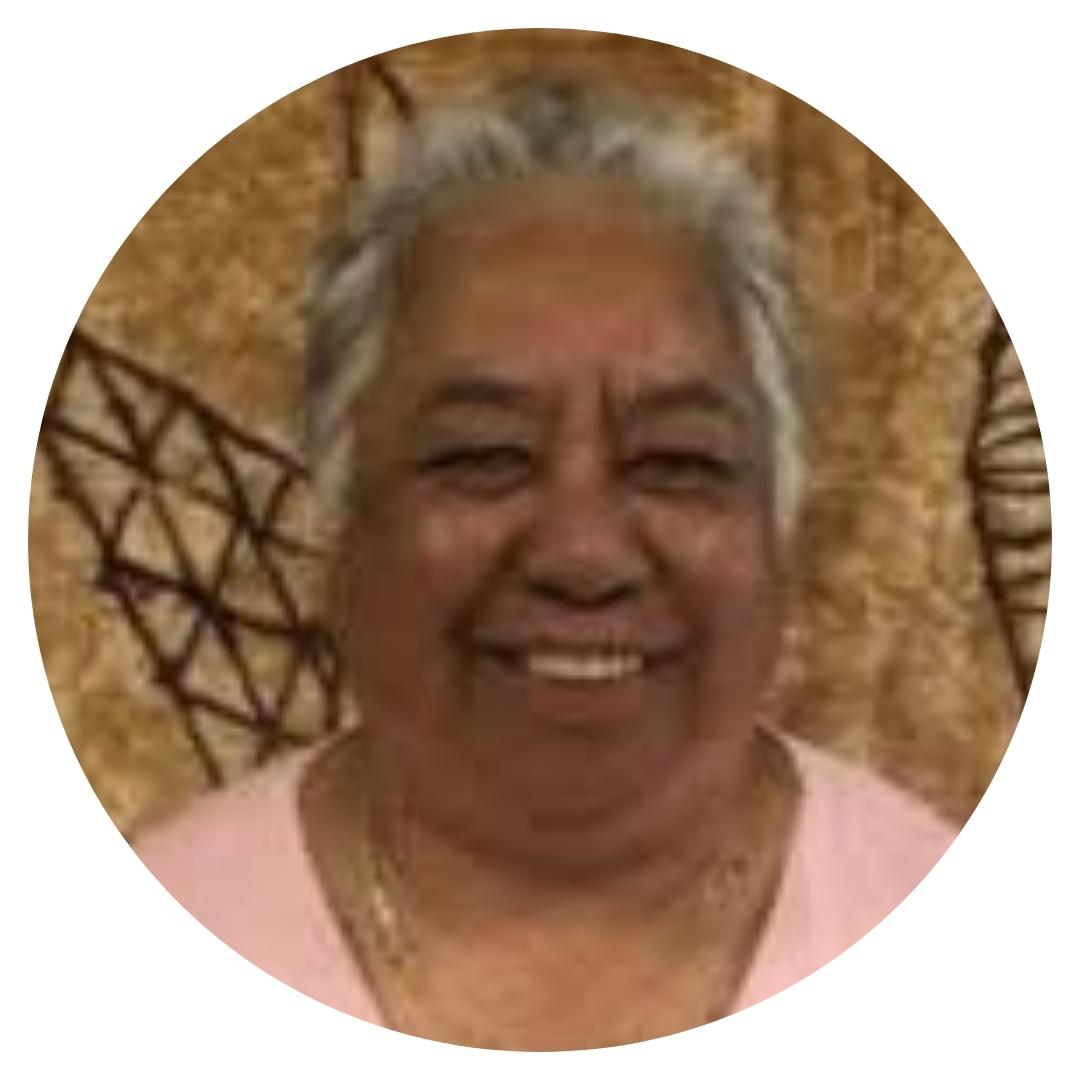

Maggie Toko
Commissioner of Lived Experience at Mental Health and Wellbeing Commission


Dawyte Hart-O’Neill
Founder Freedom Fight Project NT
National Youth Steering Committee Member
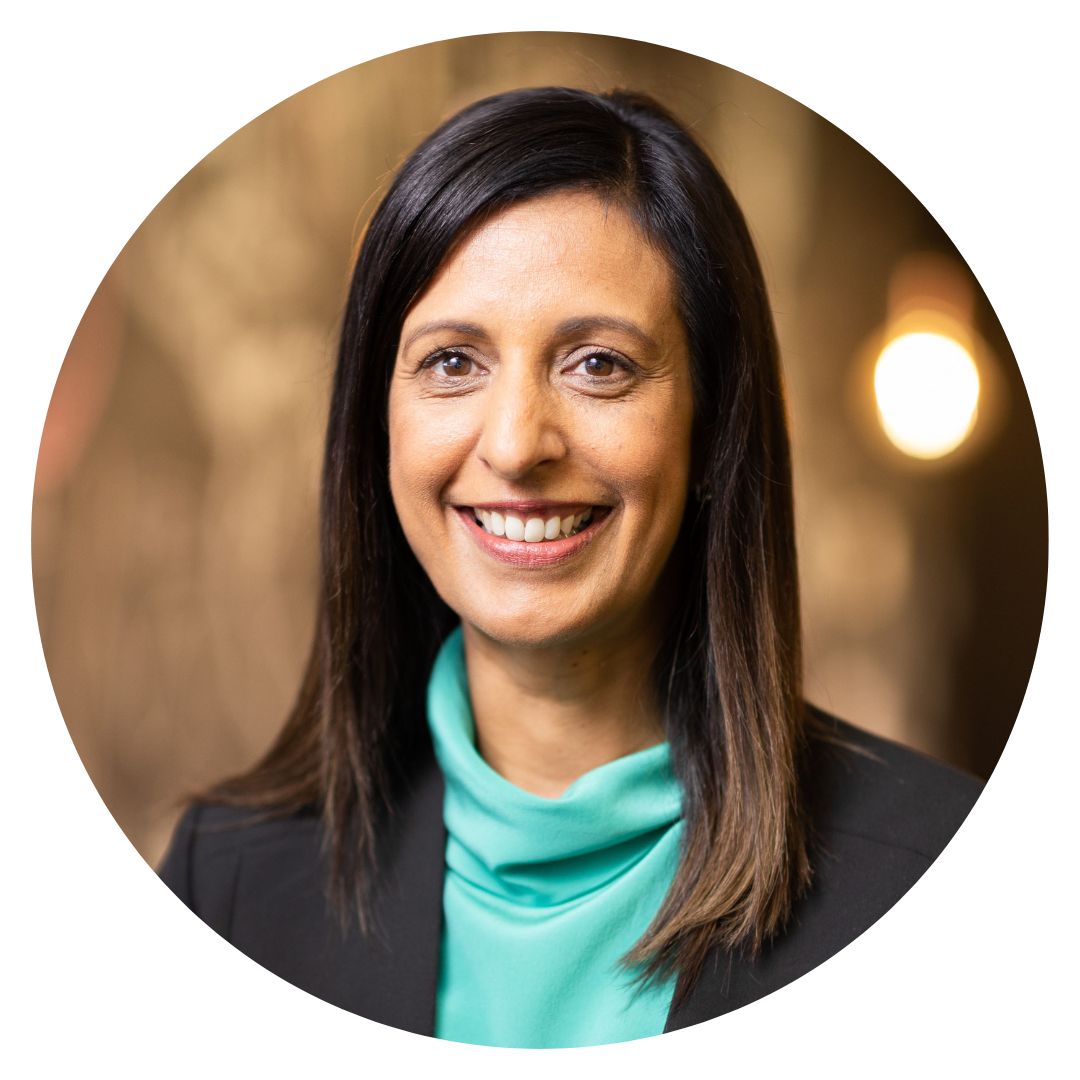

Nicole Bartholomeusz
CEO cohealth

















Mary O'Hagen
Executive Director Lived Experience Branch
BREAKOUTS
2:00–3:00 pm
The challenge of responding to 12-16 year-olds experiencing homelessness
A long-standing issue has been the capacity of the status-quo of systems to respond to U-16 years-olds who experience homelessness due to family breakdown. Homeless services are not funded nor authorised to support children in this age group as clients in their own right, nor is a response from Care and Protection services, which are authorised to respond, typically something that can be depended upon.




MC - Pam Barker
CEO Brisbane Youth Service


Dominique Rose
Youth Consultant, Policy Advisor, and Advocate






A/Prof. Catherine Robinson
Associate Professor University of Tasmania
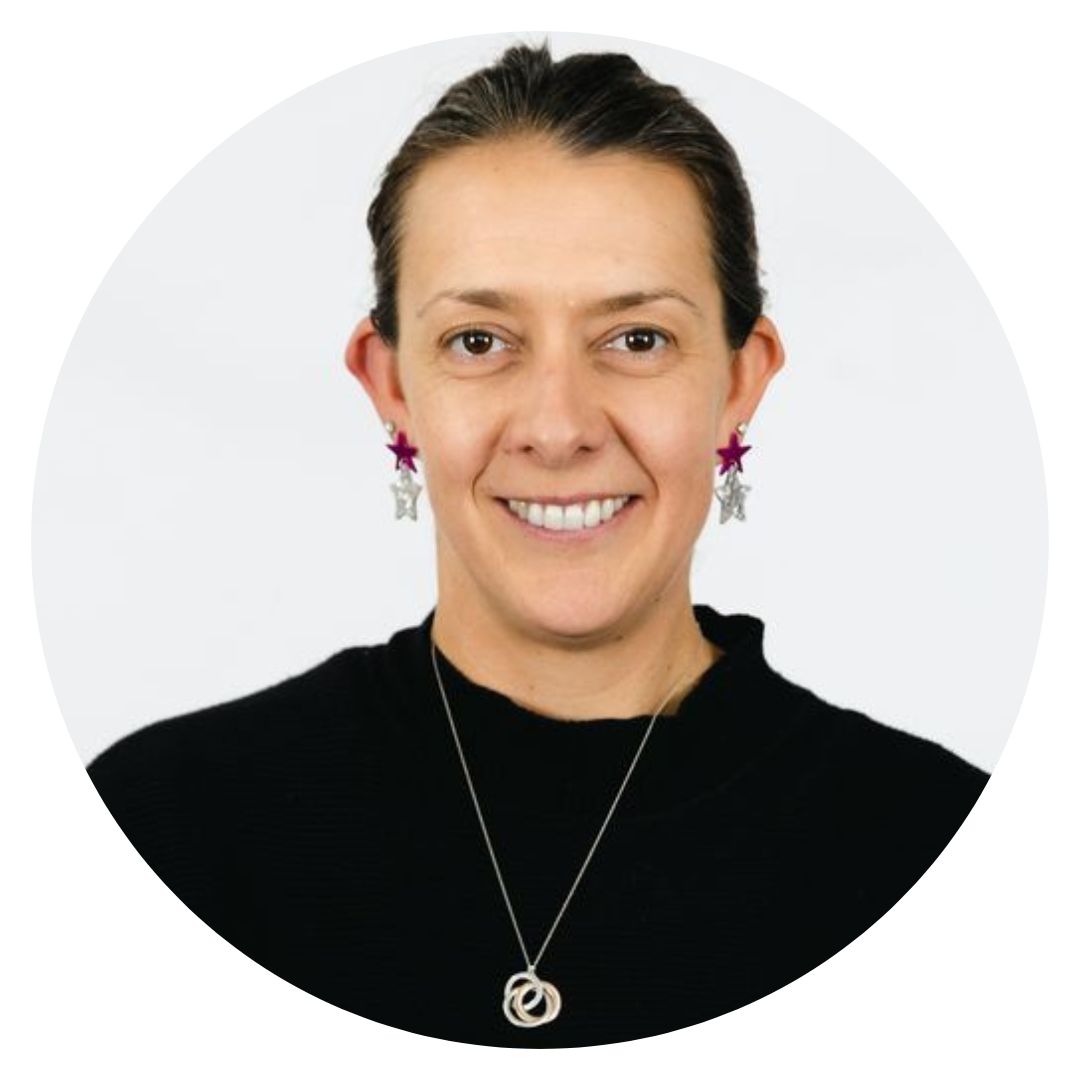

Lisa O'Brien
Senior Manager | Youth and Family Homelessness Services
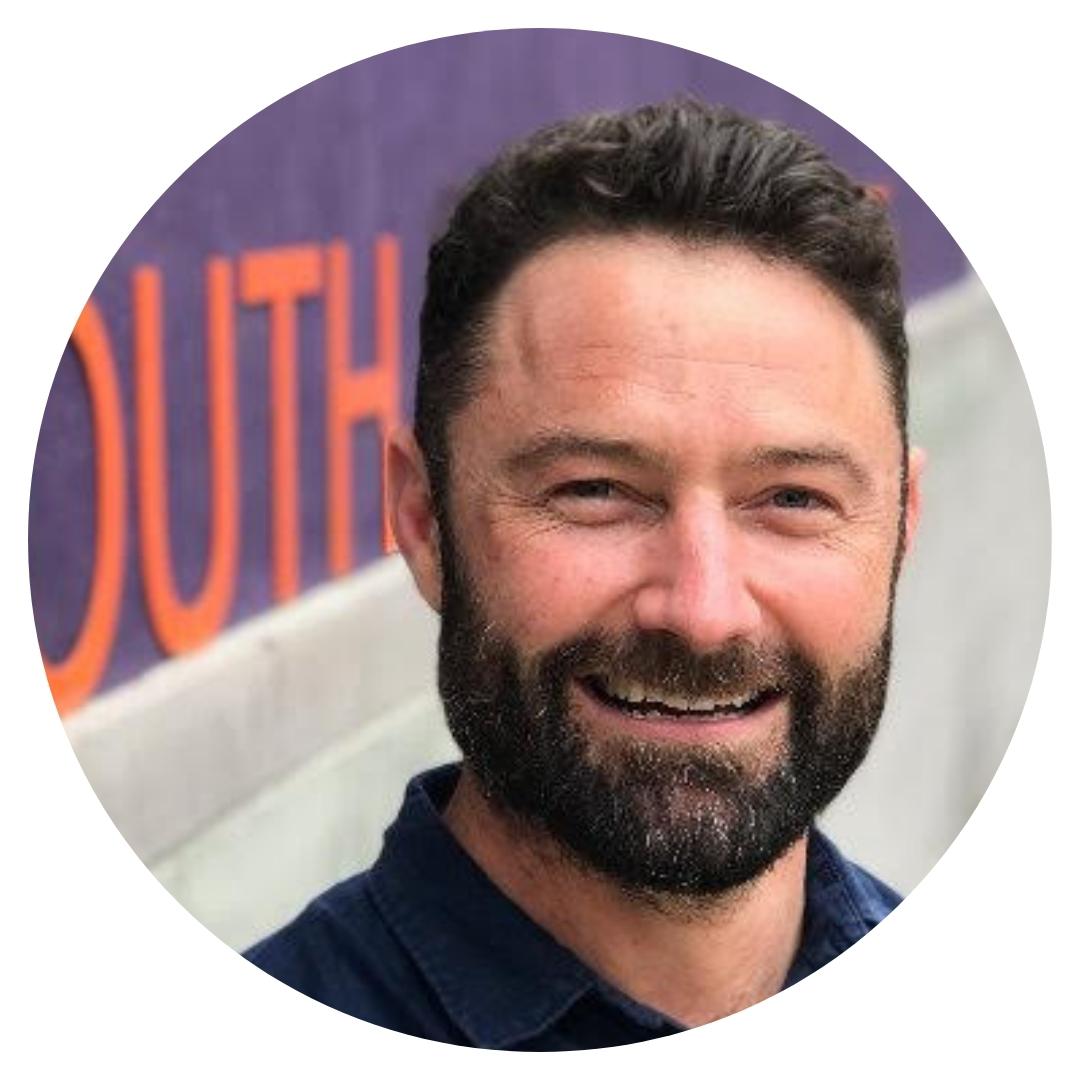

Justin Barker
CEO Youth Coalition of the ACT
BREAKOUTS
2:00–3:00 pm
What we can learn from successful campaigns and how do we apply it?
This session will explore the valuable insights and strategies that can be gleaned from successful community campaigns and how they might be applied to a campaign to secure a commitment from the Australia government for a carved out national plan to address child and youth homelessness.



MC - Liz Cameron-Smith
CEO Foyer Foundation
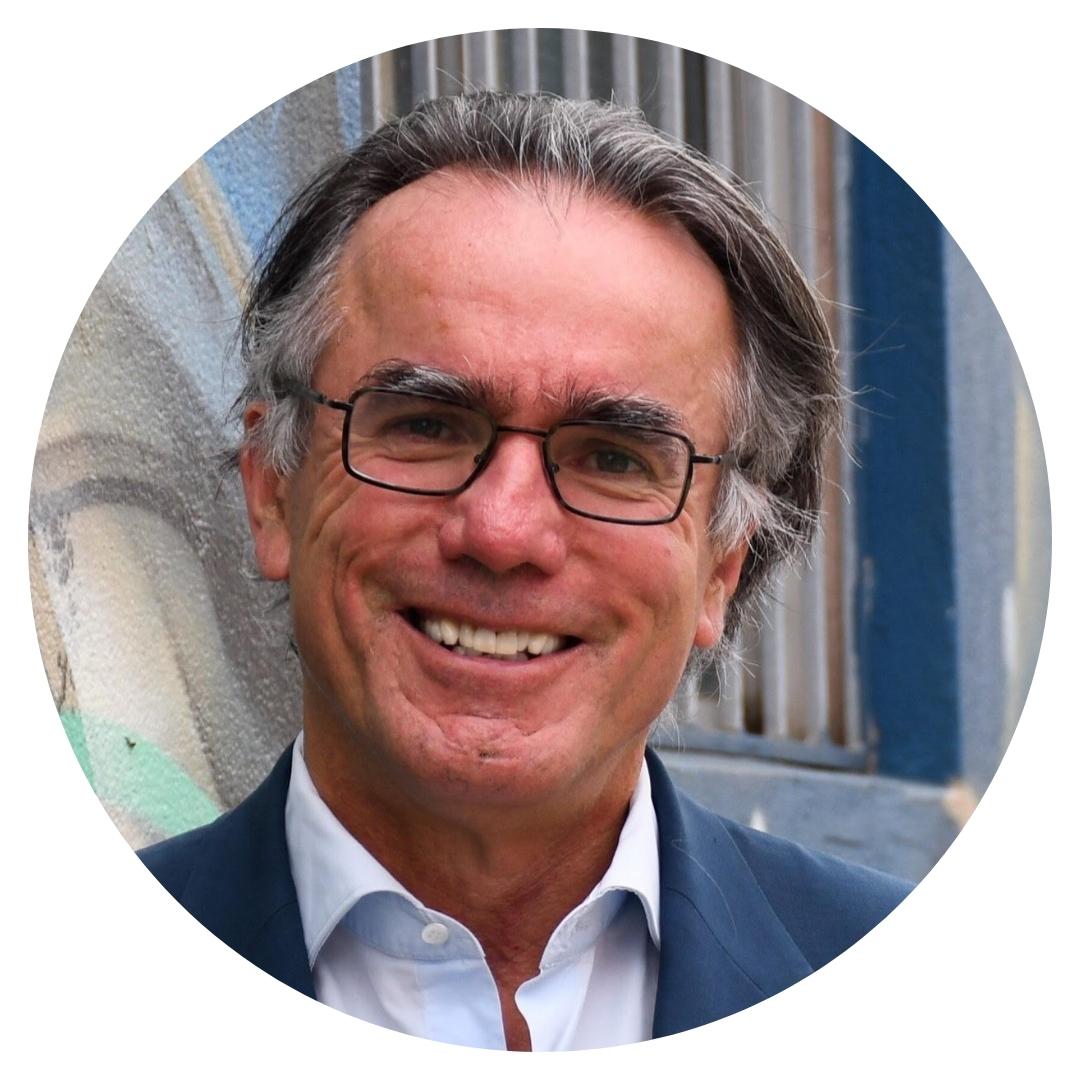

Paul McDonald
CEO Anglicare Victoria
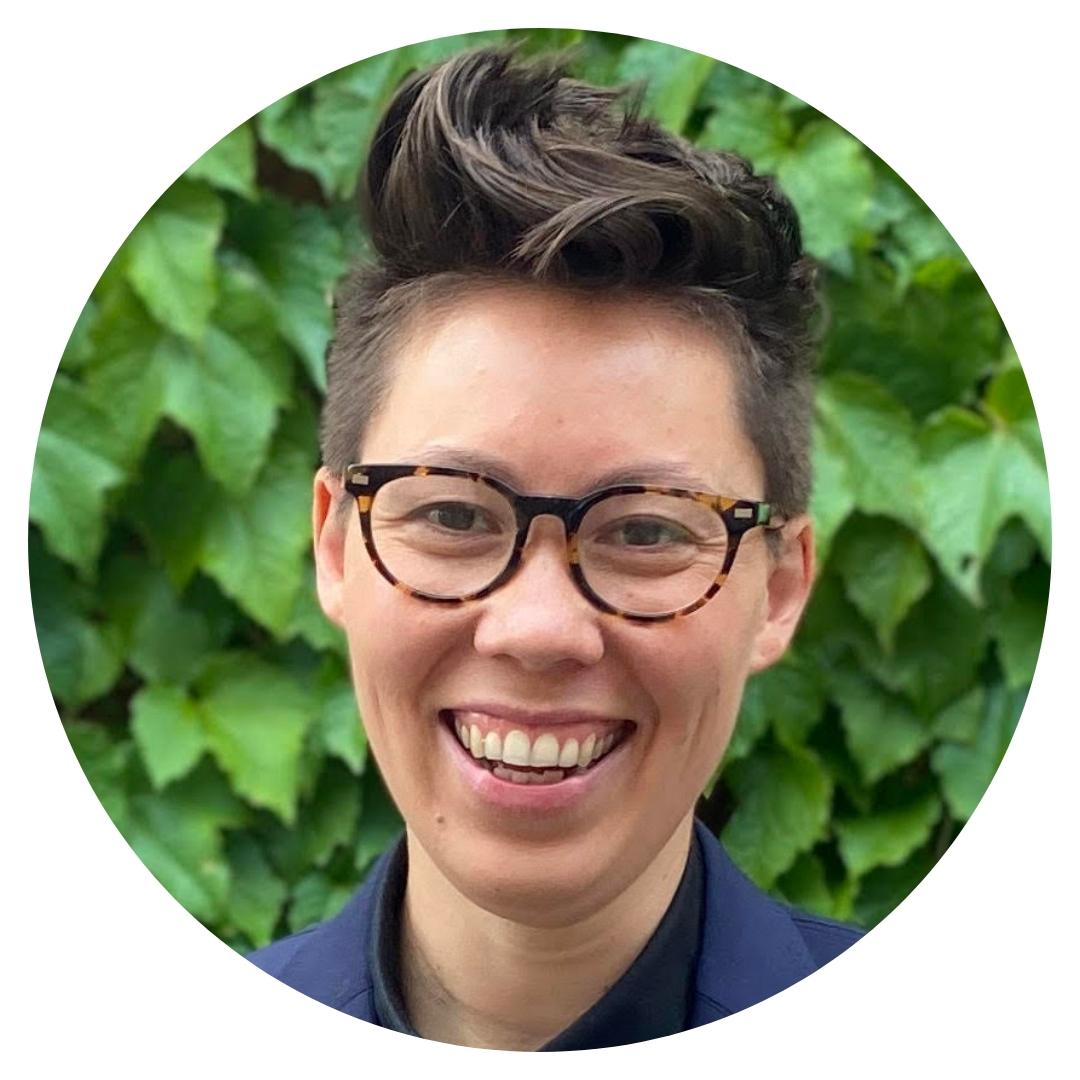

Lee Carnie
Executive Director of Advocacy & Campaigns | Foundation for Young Australians
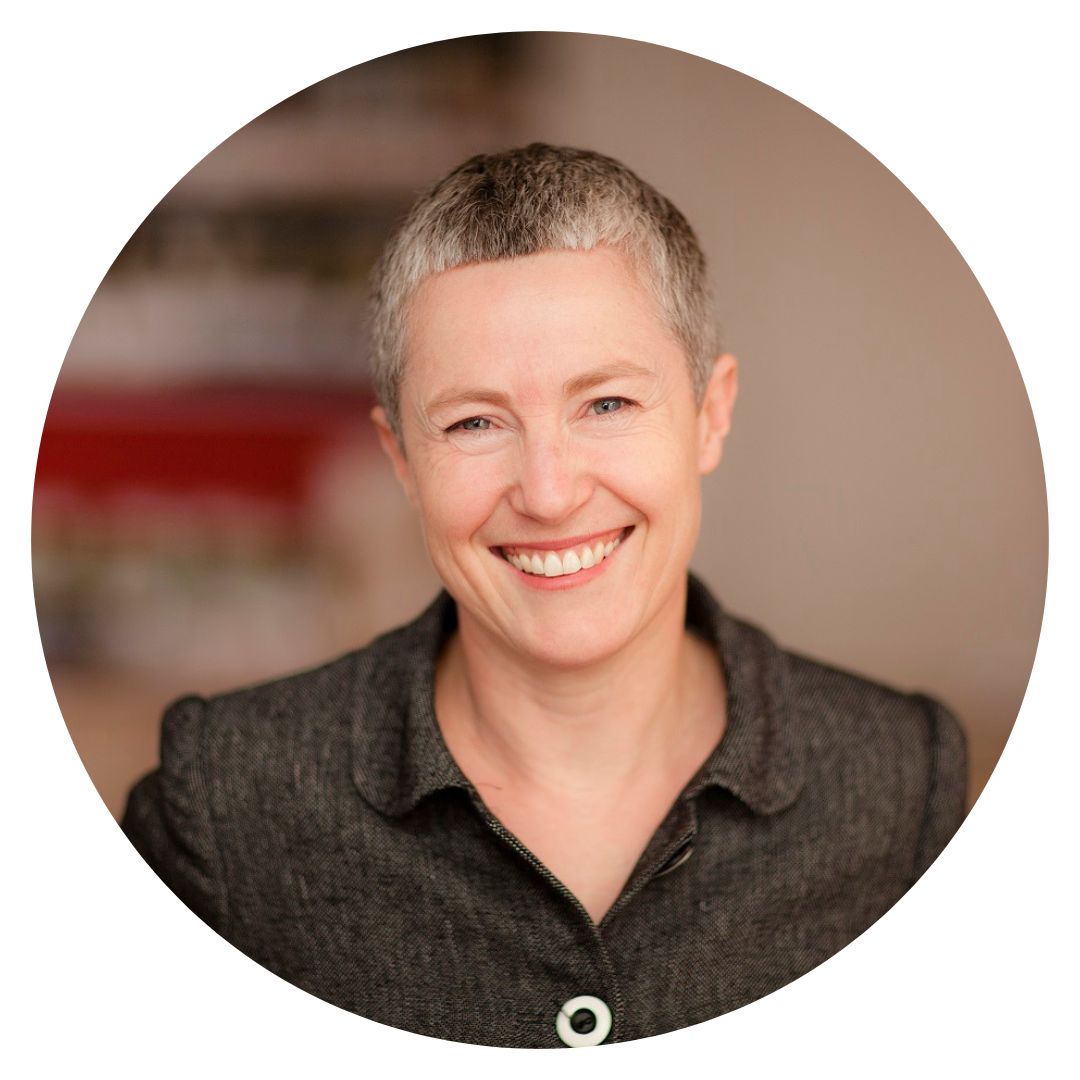

Kate Colvin
CEO Homelessness Australia
3:00–3:30 pm
Afternoon Tea
PLENARY
3:30–4:30 pm
Championing the cause for a National Plan to address Child and Youth Homelessness
This session will centre on how it is we secure a commitment from the Australian government to develop a national plan to address child and youth homelessness. It will discuss effective advocacy strategies to influence policymakers and garner support for a comprehensive national plan – this will include the alliances needed, leveraging research and evidence and mobilising public awareness and support.






MC - Keith Waters
CEO Youth Development Australia and the National Youth Commission
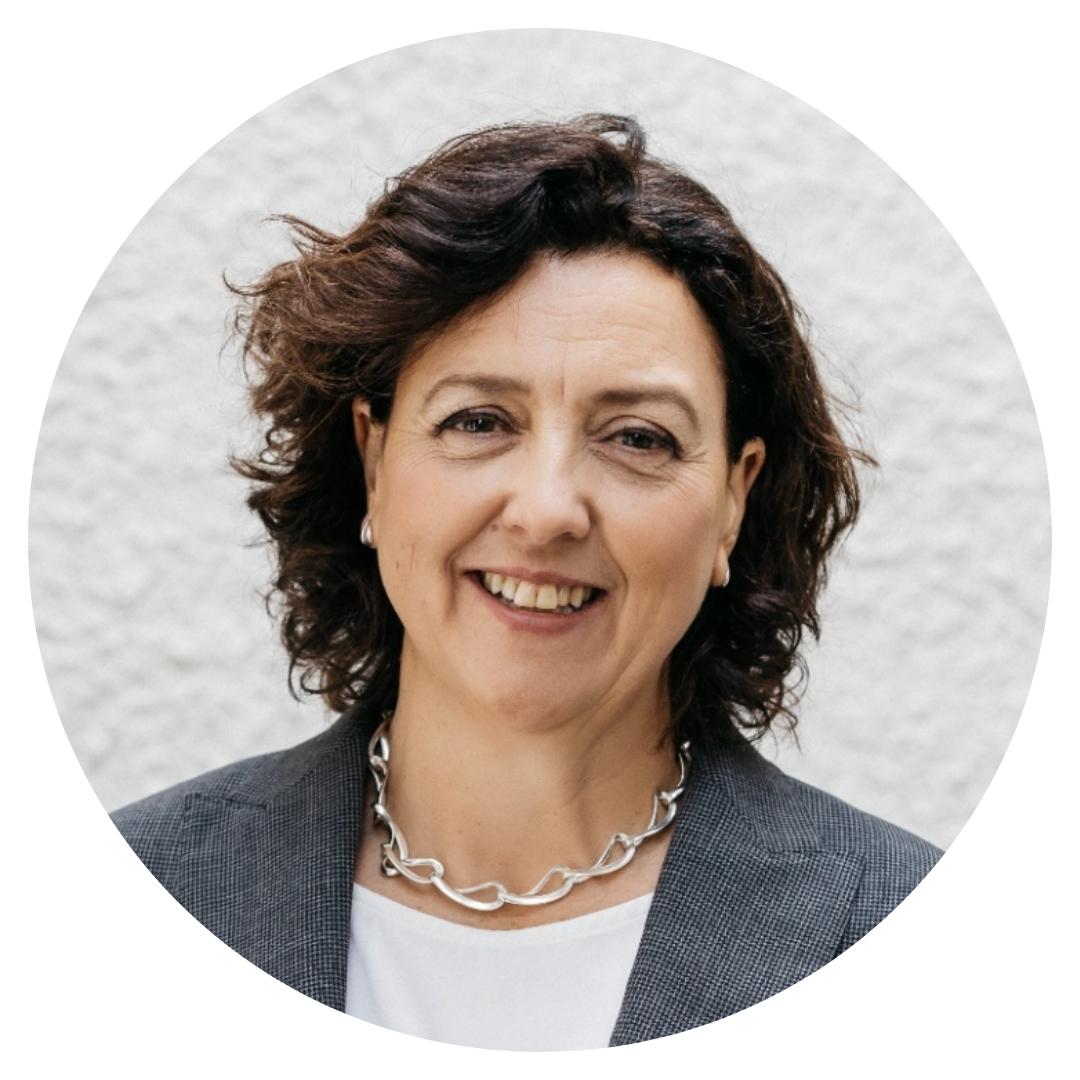

Dr. Monique Ryan
Member for Kooyong, Former Director of the Neurology Department of the Royal Children’s Hospital Melbourne
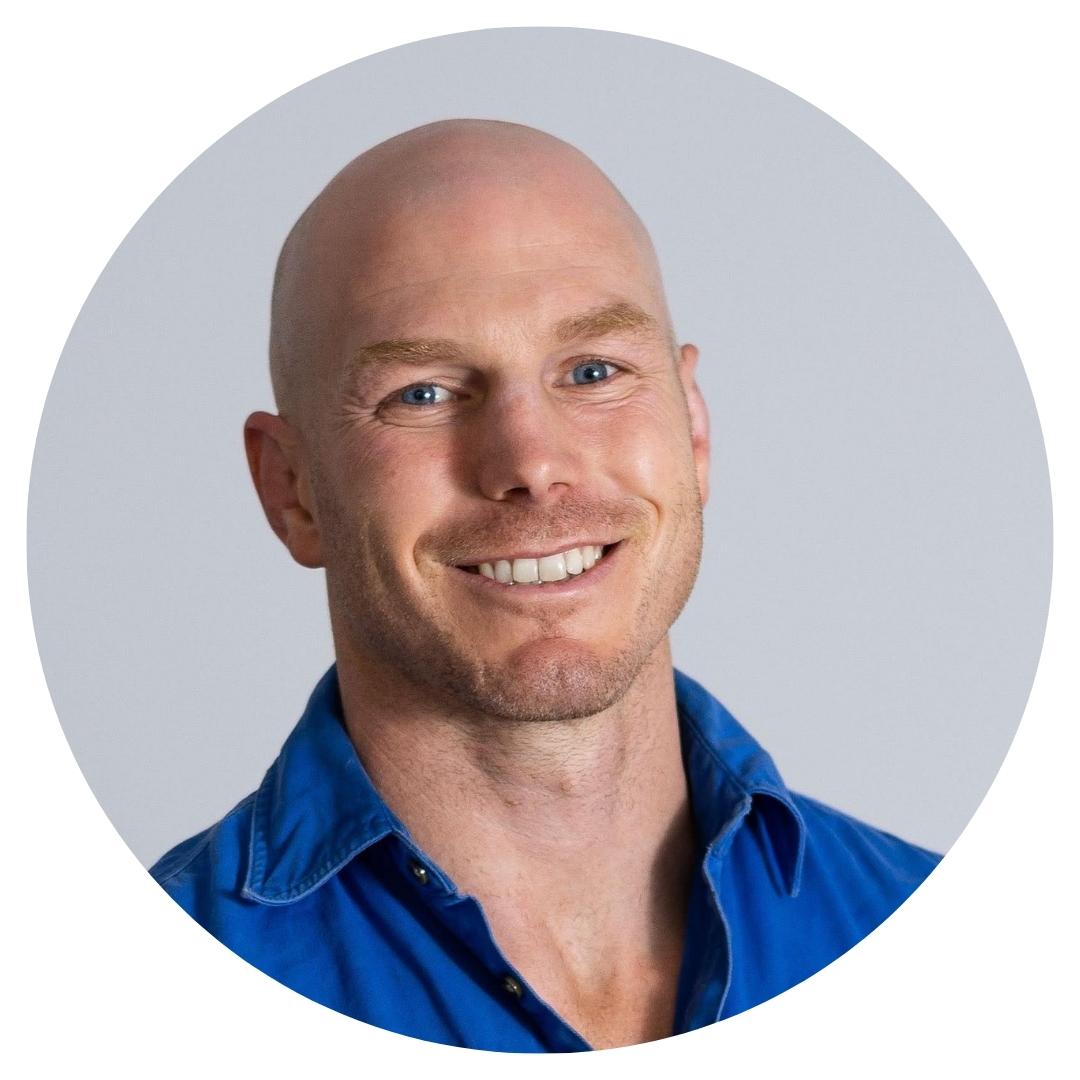

Senator David Pocock
Independent Senator for the ACT, Former Wallabies Rugby Captain and Brumbies Vice Captain


The Hon Zali Steggall MP
Independent MP

















Max Chandler-Mather MP
Housing Spokesperson for the Greens
PLENARY
4:30–5:00 pm
Keynote discussion – Key themes for the Ministers response





MC - Stephen Nash
CEO Kids Under Cover






Trish Connolly
CEO Yfoundations






A/Prof. Catherine Robinson
Associate Professor University of Tasmania




Shorna Moore
Head of Policy, Advocacy and Government Relations | Melbourne City Mission




Prof. Brian Burdekin AO
Former Federal Human Rights Commissioner
PLENARY
5:00–5:10 pm
Conference close




Adongwot ‘AD’ Manyoul
South Sudanese Youth Advocate, Community Development Professional and (Bi-Cultural Consultant)

